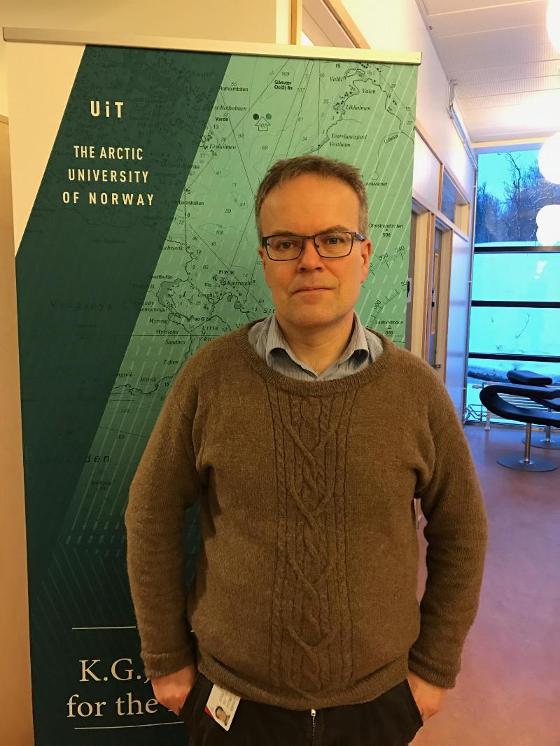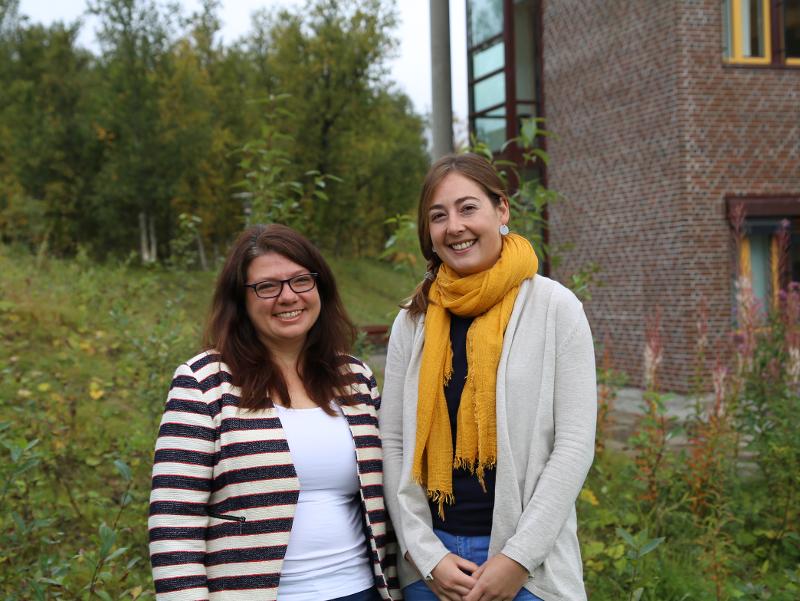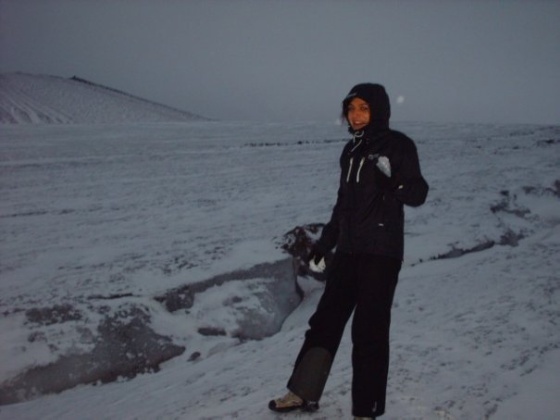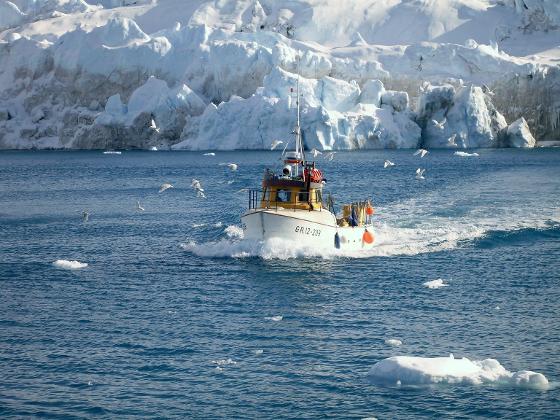From 18–19 November, The Norwegian Centre for the Law of the Sea (NCLOS) co-organised the CIL–NCLOS Dialogue 2025 workshop, “Arctic Governance: Contemporary Trends in Shipping, Environment, and Security,” with Centre for International Law - Ocean Law & Policy (NUS).
News archive
11.11.2025:
NCLOS Annual Conference 2025 in Tromsø
The Norwegian Centre for the Law of the Sea (NCLOS) successfully concluded its 2025 annual conference, held from 3–5 November in Tromsø. The event brought together leading experts, academics, and policymakers to examine the evolving role of implementing agreements under the United Nations Convention on the Law of the Sea (UNCLOS).

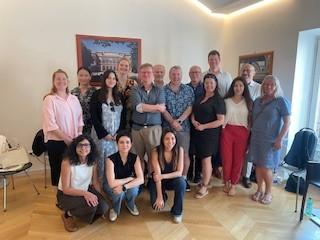
19.06.2025:
Second Annual Future Arctic Law and Governance Workshop Held in Rome
The second annual Future Arctic Law and Governance (FALG) workshop took place on 10 June at Tor Vergata University of Rome, one of the partner institutions in the FALG project.
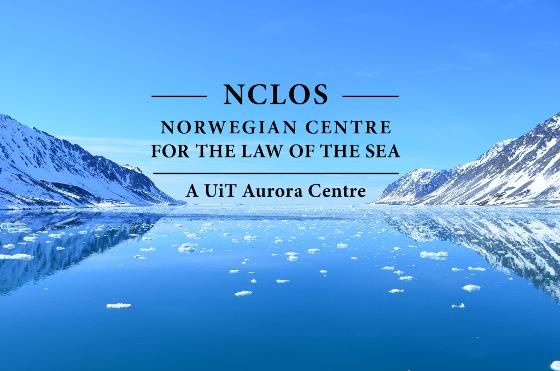
09.04.2025:
NCLOS Annual Conference 2024 report
Report from the NCLOS Annual Conference 2024 “Future Trajectories for
the Law of the Sea” is now out!
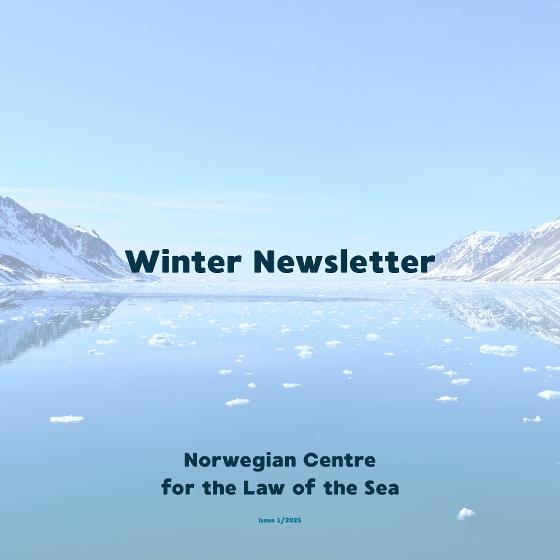
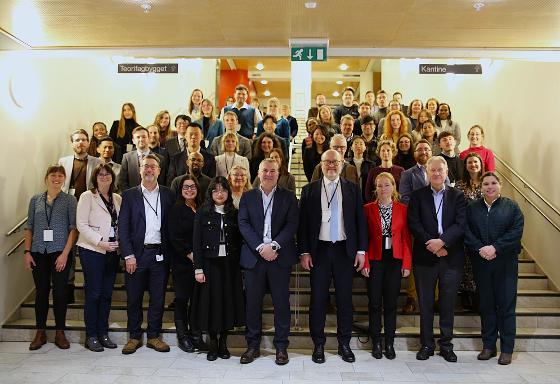
25.12.2024:
Fall Newsletter!
Autumn is over, snow has fallen in Tromsø, and we would like to wish you all a merry Christmas and happy holiday with a summary of our latest activities here at the Norwegian Centre for the Law of the Sea!
09.12.2024:
A potential for boundary commissions and regional cooperation in West-Africa
Effie Sackey is currently researching on the efficiency of boundary commissions under supervision from NCLOS. She believes such agencies could be key in settling maritime boundary disputes in West-Africa.
06.12.2024:
A change of scenery in the search of better economic instruments
Ifan Ariansyach has studied marine biology and economics. Now he is immersed in maritime governance within international law. His interests in all of these different but interrelated areas led him to the UNNF programme and NCLOS.
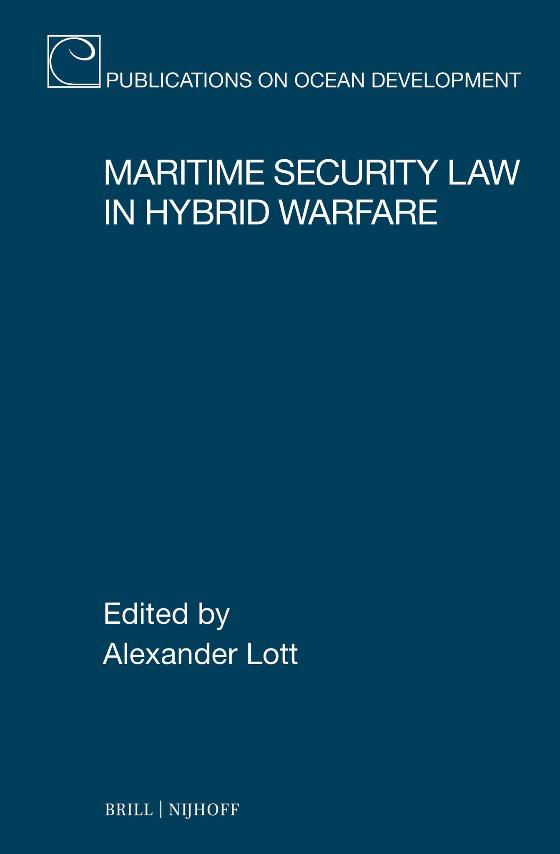
04.09.2024:
Summer newsletter!
Summer has passed and everyone is back at the Norwegian Centre of Law of the Sea for the fall. We take that as a perfect opportunity to update you all on what has been happening over the summer months.
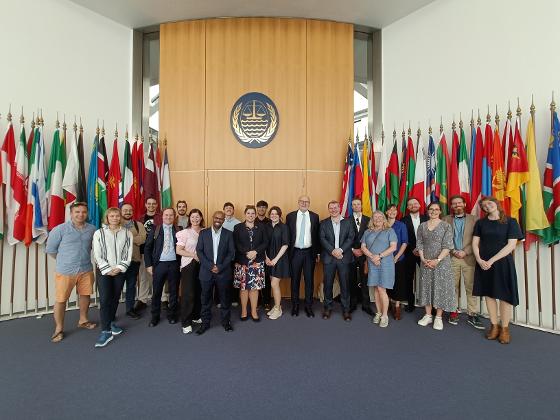
31.05.2024:
Spring newsletter!
Spring has arrived and the Norwegian Centre for the Law of the Sea has had a busy couple months since the last time we gave you a full update!
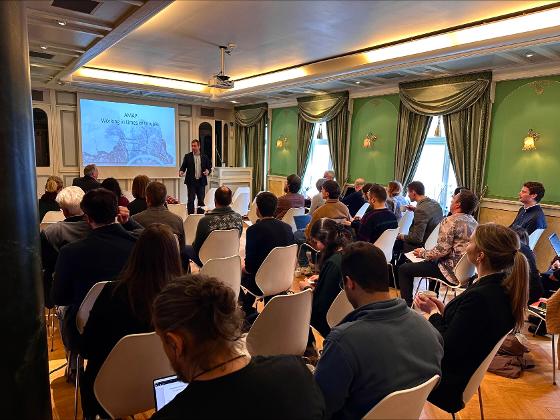
23.04.2024:
Successful workshop under the Future Arctic Law and Governance project at UiT!
On the 23rd of April the first workshop under the project Future Arctic Law and Governance (FALG) was held in Tromsø.

02.04.2024:
[Blog] The Relationship between the UN Convention on the Law of the Sea (UNCLOS) and the UN Climate Change Regime: What Role for Article 237 UNCLOS?
In our latest blog post, our PhD Research Fellow Philipp P. Nickels delves into the recent advisory proceedings at ITLOS, and explores the intersections between UNCLOS and the UN Climate Change Regime.
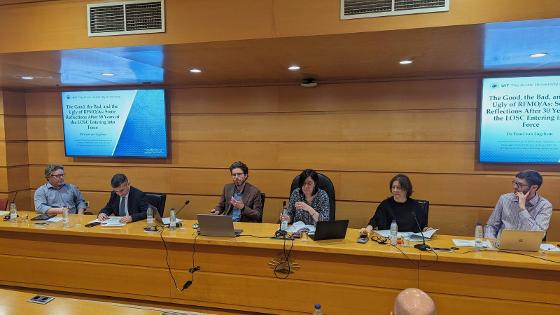
25.03.2024:
Newsletter for February and March
We are well into 2024, and we wanted to bring you some news about what has happened since last update at the Norwegian Centre for the Law of the Sea!
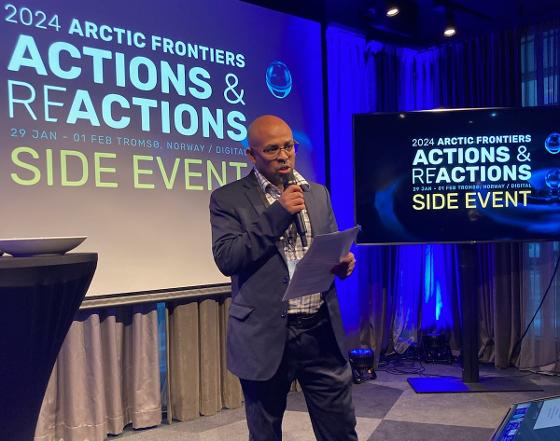
08.02.2024:
Navigating Arctic Frontiers – January newsletter
January has been a busy month for the Norwegian Centre for the Law of the Sea (NCLOS).

31.01.2024:
[Blog] A Peculiar Interaction
Our PhD Research Fellow, Konstantinos Deligiannis-Virvos, has recently written a blog post on the Extreme Temperature Rise in the North Atlantic and the International Maritime Organization’s Sulphur Regulation.
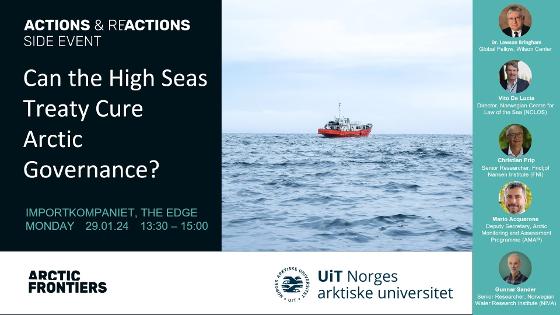
18.01.2024:
Arctic Frontiers side event - Can the High Seas Treaty Cure Arctic Governance?
On 29 January 2024, NCLOS researcher Endalew Lijalem Enyew will organize a side event at the Annual Arctic Frontiers Conference exploring this question.

11.01.2024:
Report on the outcomes of the 2023 NCLOS Conference on “Ocean Commons”
Our dedicated rapporteurs, Nikolaos Gkikas, Konstantinos Deligiannis-Virvos, Mazyar Ahmad, Mana Tugend, Hassan Mhando, Dany Channraksmeychhoukroth and Mathilde Morel have diligently documented and summarized key discussions, presentations, and insights from our annual conference.

10.01.2024:
New book explores the intersections between the International Human Rights Law and the Law of the Sea!
In his new book, our researcher Endalew Lijalem Enyew examines Indigenous Peoples Rights to Marine Space and Resources through the lens of Third World Approaches to International Law (TWAIL).
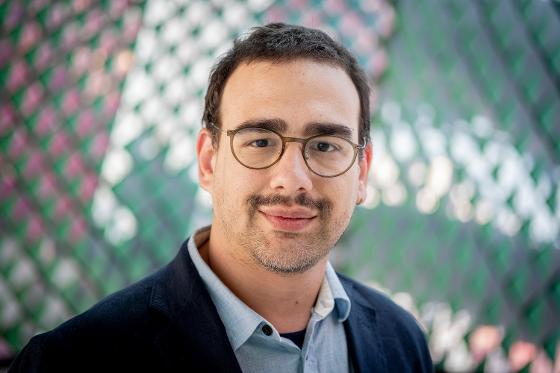
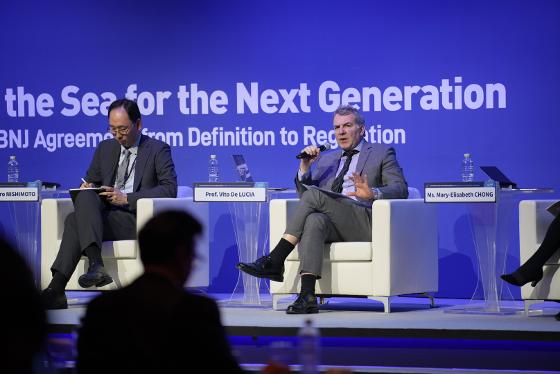
27.11.2023:
NCLOS at the 8th annual International Law of the Sea Conference in Seoul.
Last week, the 8th annual International Law of the Sea Conference took place in Seoul.
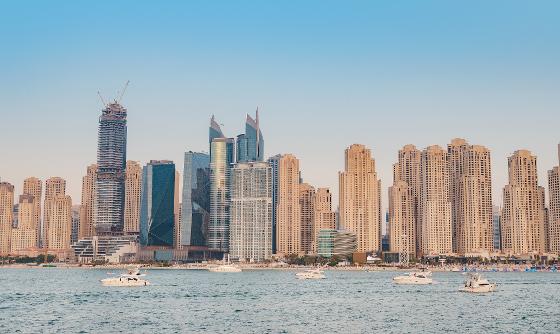

21.11.2023:
[Blog] Did an Alleged Ukrainian Attack against the Nord Stream Pipelines Violate the Law of Armed Conflict?
In our most recent blog post, NCLOS' own Alexander Lott analyzes attribution standards, the pipelines' military status, and environmental considerations in examining the alleged Ukrainian attack on the Nord Stream pipelines.

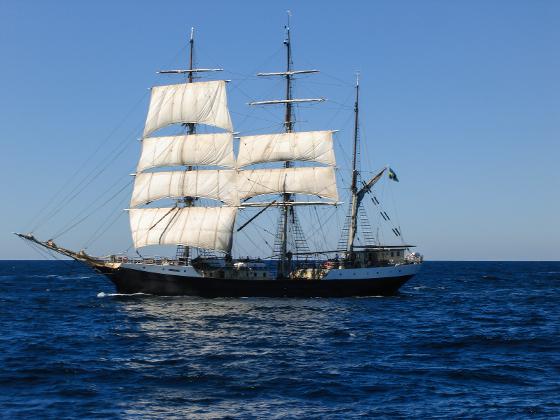
04.10.2023:
Setting Sail as the new Director of NCLOS
We had a chat with Vito about his life, the (law of the) sea and what the future might bring.
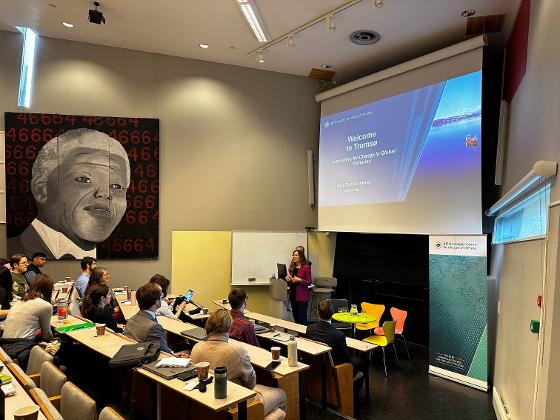
03.10.2023:
Second workshop for "Innovating for Change in Global Fisheries governance"
In September this year, NCLOS held their second conference in the “Innovating for Change in Global Fisheries governance”-series at UiT The Arctic University of Norway.

25.09.2023:
NCLOS PhD student co-organized a thematic stream
NCLOS were represented at the Critical Legal Conference 2023.
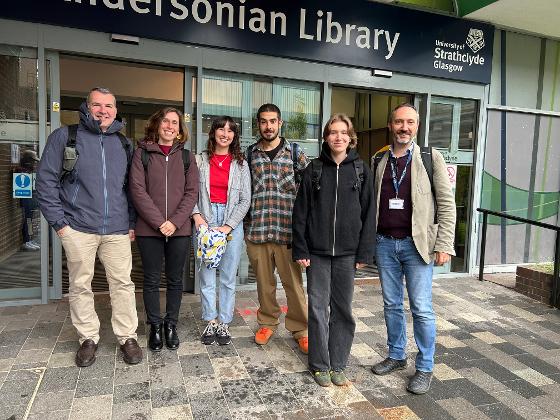
21.09.2023:
Short report from our recent trip to University of Strathclyde
On September 15 and 16, NCLOS visited University of Strathclyde in Glasgow, Scotland to discuss "the rights of nature".

25.08.2023:
The Ocean Incubator Network (OIN) has received funding from the UArctic
The OIN is coordinated by Research professor Margherita Paola Poto, NCLOS and the UiT - Faculty of Law.
16.08.2023:
"Comprehending the relationships between the environment and society is what drives my productivity”
Margherita Paola Poto was the third most publishing UiT researcher in 2022.

28.06.2023:
[Blog] Deep-Sea Minerals Exploitation: The 2-Year Rule Deadline is Running Out, What Happens Next?
Associate Professor Maria Madalena das Neves has written a blog post about the ongoing discussions of the ISA on deep sea minerals exploitation. She reflects on the interpretation and application of Section 1(15) of the Annex to Part XI Agreement and on the legal basis for a moratorium.

23.06.2023:
[Blog] The Nord Stream Pipelines through the Lens of Law and Geopolitics
In a new post on the NCLOS blog, Timo Koivurova and Theresa Winkel discuss the Nord Stream Pipelines through the Lens of Law and Geopolitics.

31.05.2023:
[Blog] Towards a UN Plastic Pollution Treaty: Negotiations and Progress before INC2
This week marked the beginning of the second round of negotiations of the Intergovernmental Negotiating Committee (INC2) on a new treaty focused on plastic pollution, including the marine environment (the Plastics Treaty). One of our visiting students, Charles Bennett, has written a blog post on the subject!
08.05.2023:
[Article] From “Common Pools” to “Fish Pools”: Shifting Property Institutions in Traditional Waters of Norway and Canada
Apostolos Tsiouvalas, PhD Fellow at NCLOS, and Jen Evans of the Arctic Institute recently co-authored an article in the journal Ocean Development and International Law titled 'From “Common Pools” to “Fish Pools”: Shifting Property Institutions in Traditional Waters of Norway and Canada'. The article explores the concept of 'ocean commons' and debates how the enclosure of common areas for the purpose of aquaculture development may clash with Indigenous and local conceptions of common pool resource management.
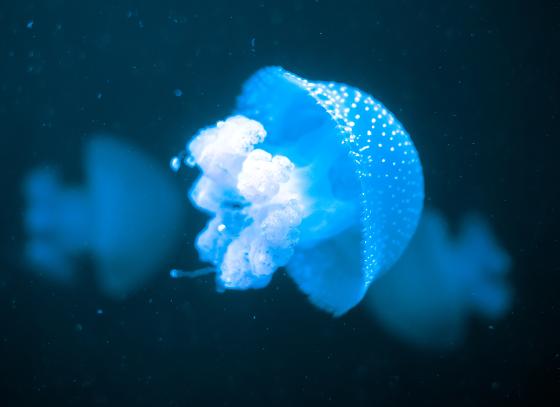
28.04.2023:
[Tavla] Call for papers - The Annual NCLOS Conference - 2023
Our annual conference is taking place in Tromsø, Norway from November 1st till 3rd, 2023. Ocean commons is the theme of the conference. Please submit abstracts by June 30th.
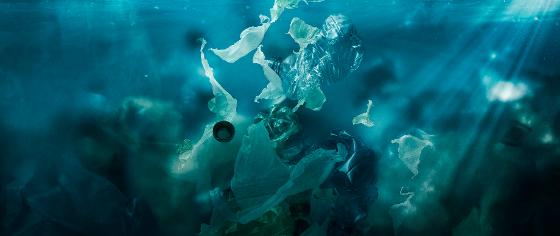
27.04.2023:
Article on Plastic Waste Trading wins Richard Macrory Prize!
The prize recognizes the most thought-provoking and innovative article published in the Journal of Environmental Law the previous year.
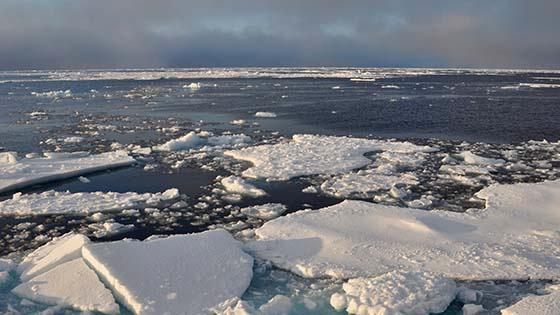
25.04.2023:
We are hosting this summers ATTR: Authoritative Texts and Their Receptions school!
The ATTR is a National PhD school for cutting edge textual scholarship within Law Studies, the Humanities, Religion, and Theology. The theme of this summer school is the ‘Oceans’, and it will take place in Tromsø from June 12-16, 2023. The OCEAN seminar will harbour a «thick» conversation on traditions, discourses, beliefs, and regimes that regulate human interaction with, and exploitation of, the world oceans.

18.04.2023:
[Blog] CITES and the BBNJ Treaty: Some Reflections
In the latest post on the NCLOS blog, our PhD Research Fellow Mazyar Ahmad explores how the BBNJ and CITES legal regimes relate to each other and whether they overlap.
13.04.2023:
[Ocean Development & International Law] The Polar Code Process and Sovereignty Bargains: Comparing the Approaches of Canada and Russia to POLARIS
Our Postdoc Jan Solski has published an article comparing Canada and Russia's regulatory approaches in ensuring safe Arctic shipping through POLARIS.
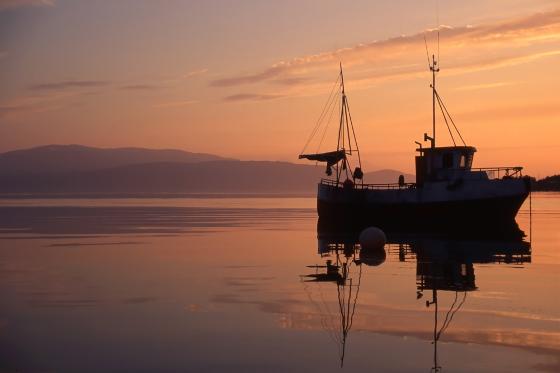
30.03.2023:
Call for abstracts! Innovating for Change in Global Fisheries Governance
The Norwegian Centre for the Law of the Sea (NCLOS) is pleased to announce the upcoming in-person workshop (September 14th and 15th) ‘Innovating for Change in Global Fisheries Governance’. The deadline for the submission of abstracts is May 31st 2023. Please send an abstract of your paper and a short biography (not exceeding 2 pages in total) to Eva (eva.v.marel@uit.no).

28.02.2023:
[Blog] Bolstering the Area’s Benefits to Humankind
In the latest post on the NCLOS blog, Samantha Robb, a legal research assistant at the Royal Netherlands Institute for Sea Research (NIOZ), comments on the call for a moratorium on deep seabed mining and UNCLOS' common heritage of mankind principle.
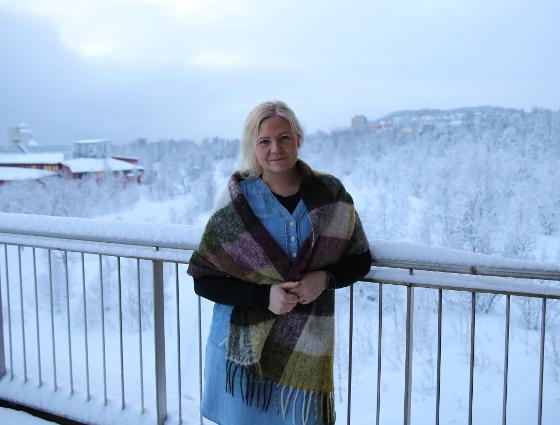
07.02.2023:
What is the future of Arctic Law and Governance?
NCLOS is developing a new international network and bringing together researchers from renowned research institutions with the ambition of answering this question.
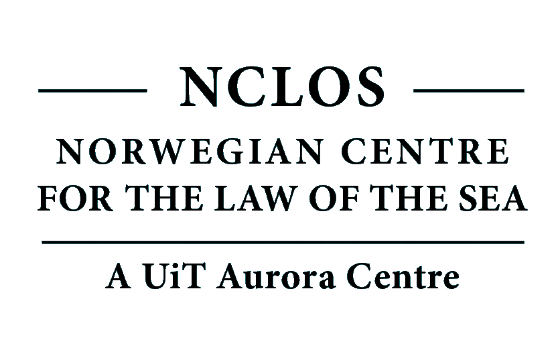
26.01.2023:
[Blog] Introduction to the Outcomes of the 2022 NCLOS Conference on Ocean Space
The Norwegian Centre for the Law of the Sea (NCLOS) organized a two-day conference, from 23-24 November 2022 as a response to the current challenges caused by the zonal architecture of the Law of the Sea and Ocean Governance (LOSOG) framework and pressing material, epistemic dynamic challenges.
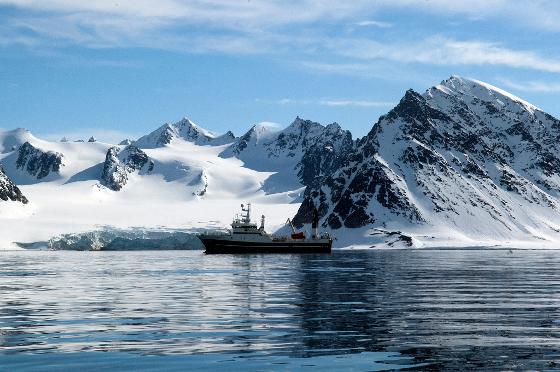
24.01.2023:
Expert list: The Svalbard Treaty
This week the Norwegian Supreme Court is having plenary hearings in a case on Snow crab catch and the geographical scope of the Svalbard Treaty. At the Norwegian Centre for the Law of the Sea we have several leading experts on the Svalbard treaty.

04.01.2023:
[Article] Protecting the marine environment from the impacts of climate change: A regime interaction study
The worlds oceans are being adversely affected by climate change, regulations are needed to help reduce these negative effects. Unfortunately, neither the Law of the Sea nor the climate change legal regime specifically address the effect climate change has on the oceans.
In his latest article, Bastiaan E. Klerk, PhD Research Fellow at NCLOS discusses how the Paris Agreement should be considered when interpreting Part XII of the United Nations Convention on the Law of the Sea (UNCLOS).

07.12.2022:
(Re-)subscribe to the NCLOS blog newsletter!
Due to some technical changes our old newsletter no longer exists. If you still want to receive updates on new blogposts per e-mail you can subscribe here!
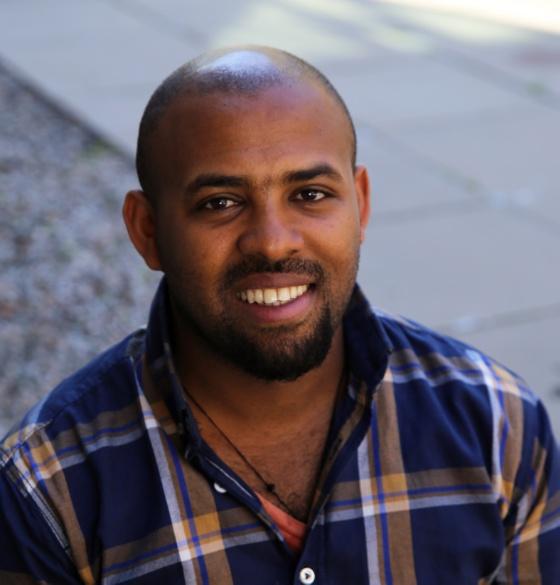
29.11.2022:
[New article] Sailing with TWAIL: A Historical Inquiry into Third World Perspectives on the Law of the Sea
In his latest article in the Chinese Journal of International Law, postdoc Endalew Lijalem Enyew uses the Third World Approaches to International Law as a theoretical and methodological lens to critically analyze the historical development of the Law of the Sea.
He argues that the rules and principles of the traditional law of the sea were conceptualized by and designed to promote the colonial interests of Western States. Nonetheless, Third World States consistently challenged the old legal order of the sea and played significant roles in the evolution of existing doctrines and the development of the new spatial architecture of the oceans and the associated principles.
He concludes that, despite such efforts of Third World States to reorient the law of the sea in a manner to address their interests, their protection under current international law remains fragile in many areas, which areas continue to be subjects of the ongoing Third World struggle.
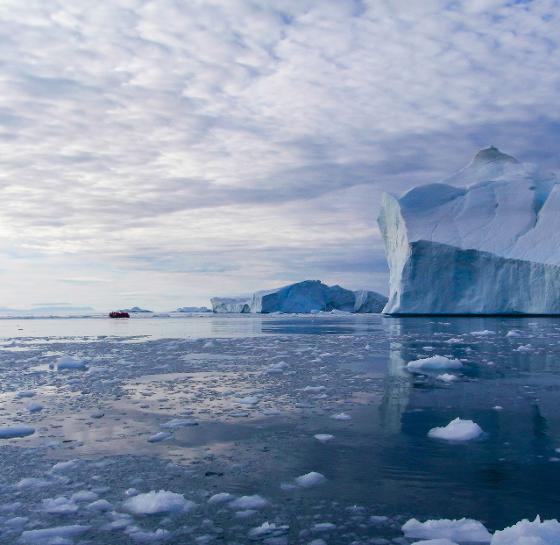
28.11.2022:
International cooperation on ocean governance in the Arctic in the wake of Russia's invasion of Ukraine?
This is the theme of a digital symposium Thursday, December 1st 17:15-19:00.
23.11.2022:
Stream the NCLOS conference November 23rd and 24th!
By following the links below you can follow the conference even though you could not make it to Tromsø this year!
16.11.2022:
From Cameroon to Tromsø with a UN Nippon foundation scholarship!
Sheila Kong Mukwele is currently a guest researcher at the Norwegian Centre for the Law of the Sea.
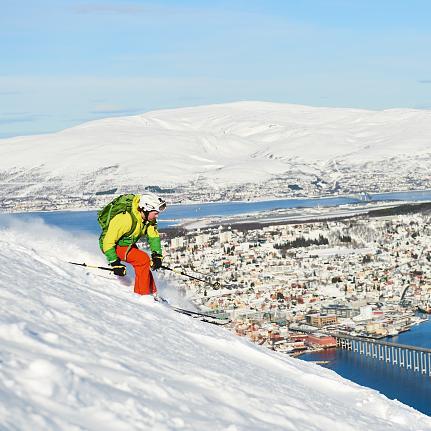
14.11.2022:
Vacant positions at NCLOS!
We have two vacant postdoc positions as well as one vacant position as PhD Fellow in Law.

12.11.2022:
[Blog] A Methodology for Evaluating the Ecosystem Approach in National Laws and Policies
In the latest post on the NCLOS blog, Postdoc Lena Schöning aims to suggest and sketch ways of evaluating the implementation or translation of the ecosystem approch in laws and policies.
19.10.2022:
Did you miss out on SIRAWs concluding events and the Critical Legal Conference 2022?
Dont worry, the latest volume of The Polar Journal contains conference reports written by two NCLOS researchers.
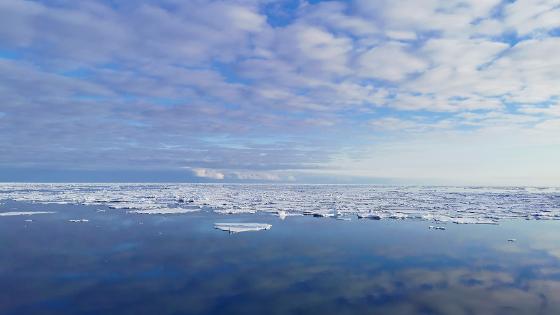
17.10.2022:
[Blog] Operationalizing the Ecosystem Approach in the BBNJ Treaty
In the latest post on the NCLOS blog, Professor Vito De Lucia articulates concrete suggestions for a meaningful integration of the ecosystem approach in the BBNJ treaty.
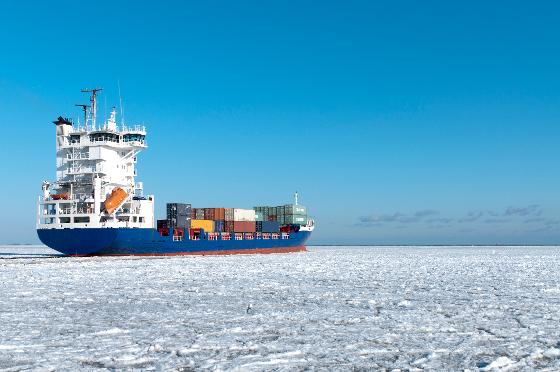
10.10.2022:
How does the Law of the Sea interact with other Legal regimes?
This is the question at the core of a newly published anthology that concludes the objectives of the K. G. Jebsen Centre for the law of the sea.

04.10.2022:
[Blog] The Problems of Overlapping Governance on the Arctic Continental Shelves Pending Delineation and Delimitation
In the latest post on the NCLOS blog, Dr. Ekaterina Antsygina & Cornell Overfield challenge the assumption that the the arctic seabed beyond the EEZs of the coastal states remain ungoverned due to the lack of recommendations by the Commission on the Limits of the Continental Shelf.
20.09.2022:
The annual NCLOS conference 2022 is open for registration!
The conference takes place 23rd and 24th of November in Tromsø.
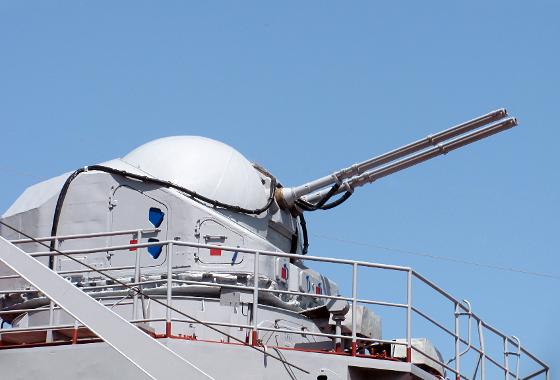
15.09.2022:
[Blog] New Draft Law on the Russian Arctic Straits – Putin’ Money Where the Mouth is?
In the most recent post on the NCLOS blog, Postdoc Jan Solski comments on a new russian draft law that deals with the right of entry of foreign warships to internal waters in the Northern Sea Route (NSR). Solski analyses the proposed legislation in the larger context of other documents recently adopted by the Russian Federation.

12.09.2022:
New article "The Polar Silk Road and the future governance of the Northern Sea Route"
Jan Solski, postdoc at NCLOS has coauthored an article on Russian and Chinese approaches to the law of the sea. By comparing the coastal State practice of China and Russia, Solski and Nengye Liu tease out the legal implications of the Polar Silk Road for the future of the Northern Sea Route. The article is published as open access in the Leiden Journal of International Law!
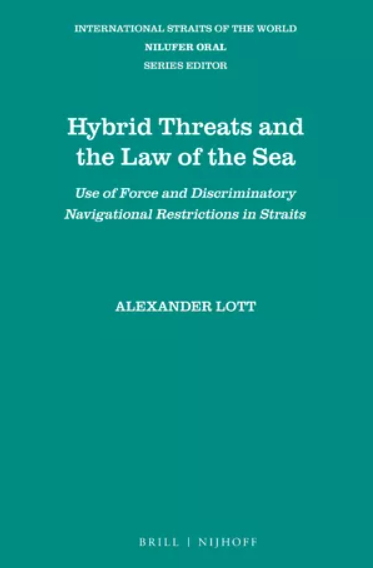
24.08.2022:
New book on Hybrid Threats and the Law of the Sea
Postdoc Alexander Lott has authored a book that was published August 23rd by Brill Nijhoff.
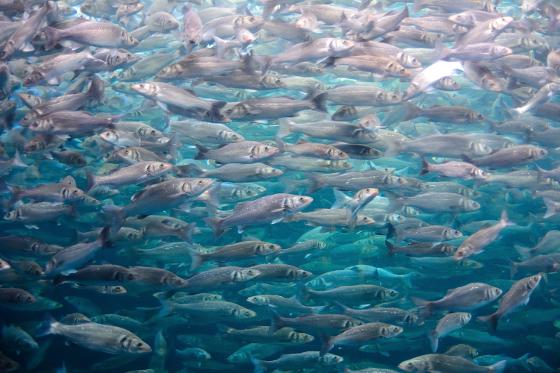
27.07.2022:
[Blog] Recognizing Recognition: An Indispensable Element in a Global Regime for High Seas Marine Protected Areas
In the latest post on the NCLOS blog, PhD research fellow Baastian E. Klerk comments on recognition of regional and sectoral marine protected areas (MPAs) under the international legally binding instrument (ILBI) on biodiversity beyond national jurisdiction (BBNJ).
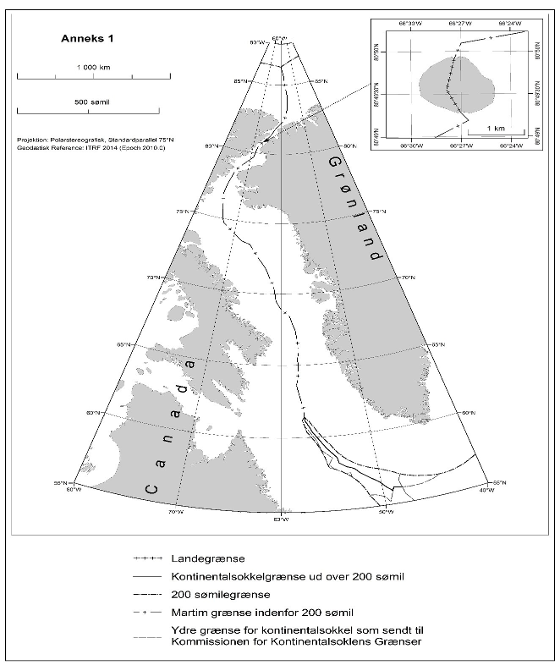
14.06.2022:
[Blog]: The last drink of the Whisky-War: A commentary on the boundary delimitation agreement on disputed areas between Canada and Denmark (Greenland)
In the most recent post on the NCLOS blog, Associate Professor Signe Veierud Busch provides a commentary on the need-to-know about the boundary delimitation agreement between Canada and Denmark (Greenland), signed on 14th June 2022.

30.05.2022:
[Blog] Can the BBNJ Treaty Support Dynamic Management for Arctic MPAs?
In the most recent post on the NCLOS blog, Andrea M. Fisher highlights one novel approach to area-based management called Dynamic Ocean Management, and its potential for conserving biodiversity beyond national jurisdiction.
16.05.2022:
Alexander Lott awarded with the Estonian Young Scientist Award!
Lott is currently researching hybrid naval warfare as a postdoc at the Norwegian Centre for the Law of the Sea.
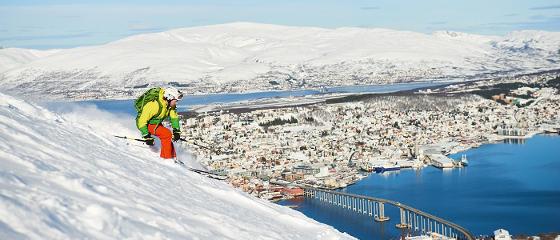
12.05.2022:
Vacant position as an associate professor!
The deadline for applications is 23rd of May.
03.05.2022:
[Tavla] Call for papers!
The Norwegian Centre for the Law of the Sea (NCLOS) is pleased to announce the call for papers for its annual Conference, which will be organized in Tromsø, Norway, November 23-24, 2022.
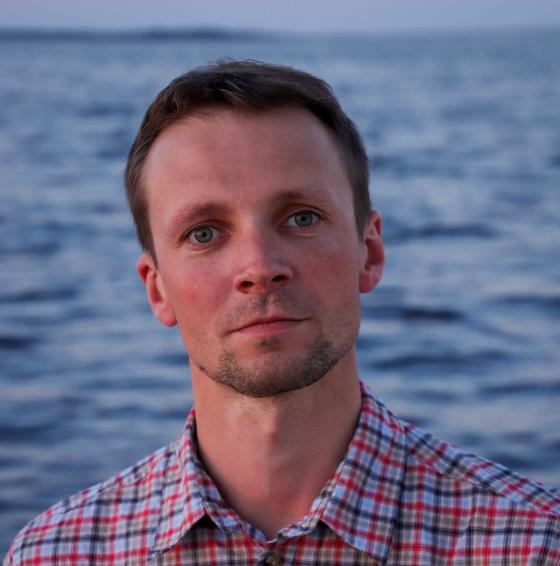
29.04.2022:
[BLOG] Guidelines for Grey Zone Naval Incidents: Distinguishing between the Rules of Armed Conflict and Law Enforcement
In the most recent post on the NCLOS blog, postdoc Alexander Lott takes a closer look on the distinction between naval warfare and maritime law enforcement.
06.04.2022:
New PhD at NCLOS!
We congratulate Kristine Elfrida Dalaker who successfully defended her thesis on 6th of April.
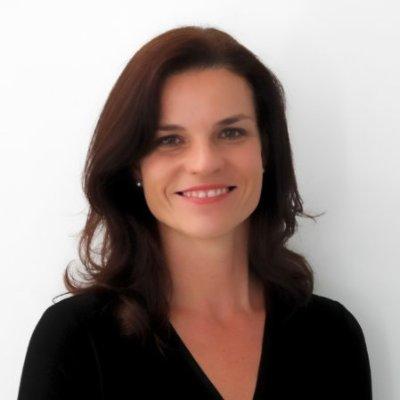
29.03.2022:
[Tavla] Defense of dissertation - Kristine Elfrida Dalaker
On April 6th the doctoral student will publicly defend her thesis “Robust Institutional Arrangements for the Conservation and Sustainable Use of Marine Biodiversity in Areas Beyond National Jurisdiction”. She has been given the subject “The Role of the United Nations in the Development of the Law of the Sea.” for her trial lecture.
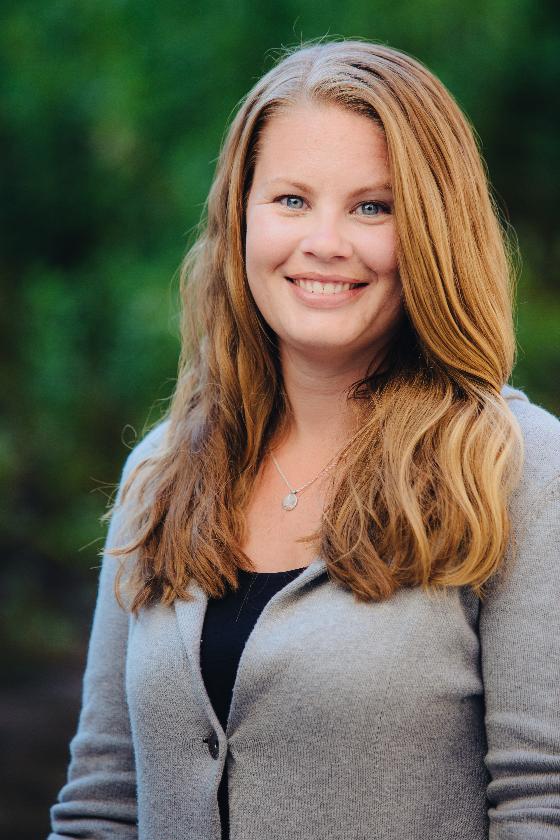
29.03.2022:
[Blog] Maritime Delimitation in the Indian Ocean: Has the ICJ marginalized the geological and geomorphological criteria in favor of a distance related criteria?
In the most recent post on the NCLOS blog, associate professor Signe V. Busch takes a closer look at whether the ICJ Somalia v. Kenya judgment is in accordance with previous judicial practice when dealing with the outer continental shelf delimitation.
![Mathilde_bilde[12]cropped.jpg Mathilde_bilde[12]cropped.jpg](https://sa.uit.no/Content/768804/cache=20222303081214/transformation=scale10000x560/Mathilde_bilde%5B12%5Dcropped.jpg)
24.03.2022:
Can we make food for a growing global population in a sustainable way?
Perhaps the answer lies in the use of marine resources from lower trophic levels. Mathilde Morel who is a PhD research fellow at the Norwegian Centre for the Law of the Sea is writing her dissertation on the subject.

22.03.2022:
Research on hybrid naval warfare receives funding from the Marie Curie scholarship!
We had a chat with the mastermind behind the project, postdoc Alexander Lott.

17.03.2022:
Russia’s Blockade in the Sea of Azov: A Call for Relief Shipments for Mariupol [Link to EJIL:Talk!]
Alexander Lott, postdoc at NCLOS has written about Russia's Blockade in the Sea of Azov for the Blog of the European Journal of International Law.
10.03.2022:
Do Environmental Principles have a Legally Binding Substance, or is it merely Soft Law?
Bjørn Bakke, PhD-student at NCLOS is writing a thesis about environmental principles in the Norwegian Marine Resources Act.
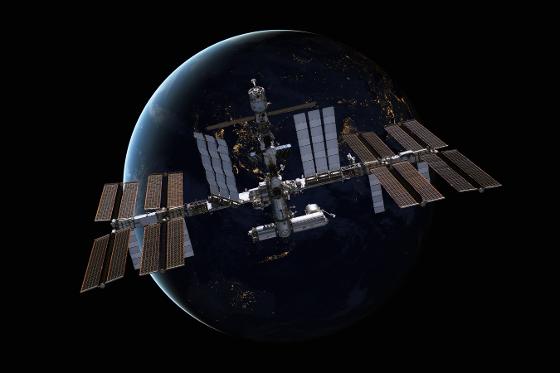
23.02.2022:
Splashing down the International Space Station in the Pacific Ocean?
Vito De Lucia, professor at the Norwegian Centre for the Law of the Sea has written a post on EJIL:Talk! - Blog of the European Journal of International Law on this topic.
18.02.2022:
Professor Ingrid Ulrikke Jakobsen is the new director of the Norwegian Centre for the Law of the Sea
We met the new director to learn more about her and her vision for NCLOS.
![OCLE Newsletter bb (1) [2].png OCLE Newsletter bb (1) [2].png](https://sa.uit.no/Content/761861/cache=20222801112900/transformation=scale10000x560/OCLE%20Newsletter%20bb%20%281%29%20%5B2%5D.png)
28.01.2022:
Experience based master in Ocean Leadership
In collaboration with the Faculty of Biosciences, Fisheries and Economics and the Faculty of Science and Technology, the Faculty of Law is offering an experience based master in Ocean Leadership. The program is aimed at professionals in marine or maritime sectors wanting to advance the blue/green shift towards a sustainable future. The transdisciplinary program provides an understanding of the complex landscape of ocean challenges and builds the knowledge, skills, and capacity necessary to lead sustainable integrative solutions.

13.01.2022:
New book about the legal regime in areas beyond national jurisdiction!
A new anthology provides reflections on Justice, Space, Knowledge and Power in ABNJ.

24.11.2021:
Ocean connectivity in the latest volume of the Arctic Review!
Gathering the expertise of thirteen authors from the Norwegian Centre for the Law of the Sea and the Faculty of Law at UiT The Arctic University of Norway, this special series of articles for Arctic Review guest-edited by Elise Johansen and Margherita Paola Poto, explores the theme of ocean connectivity as a response to the epistemic, environmental and geopolitical challenges regarding our oceans. The concept embraces different visions that include bio-centric elements, Indigenous cosmovisions, and anthropocentric connectivity. Enjoy the reading!
03.09.2021:
New PhD at NCLOS - Linda Finska
On September 3 Linda Finska succesfully defended her PhD-thesis.
27.08.2021:
New PhD at NCLOS - Lena Schøning
On August 27th Lena Schøning successfully defended her PhD-thesis.
04.06.2021:
New PhD at NCLOS - Hilde Woker
Hilde Woker succesfully defended her thesis «The Law-Science Interface within the Law of the Sea. A Case study of the Continental Shelf» on the 4th of june.
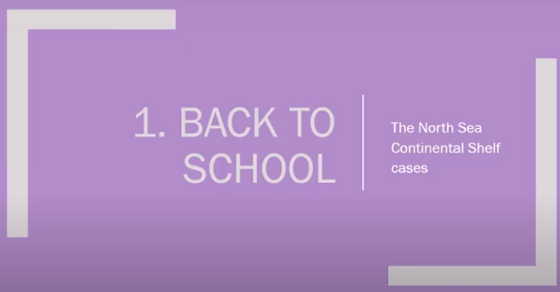
19.04.2021:
Our latest digital lecture is available on the NCLOS youtube channel!
In the latest lecture, Henry Jones, associate professor at Durham Law School, University of Durham takes the North Sea Continental Shelf case as a historical case study for how international law produces space in particular ways.
26.02.2021:
Three new Professors at NCLOS
Irene V. Dahl, Elise Johansen, and Vito De Lucia have been granted full professorships. The three new Professors are all affiliated with the Norwegian Centre for the Law of the Sea (NCLOS).
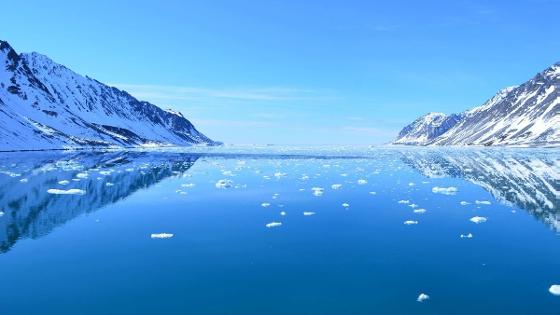
08.01.2021:
NCLOS has been granted funding for a UiT Aurora Centre!
We are happy to announce that NCLOS has been granted funding for a UiT Aurora Centre!
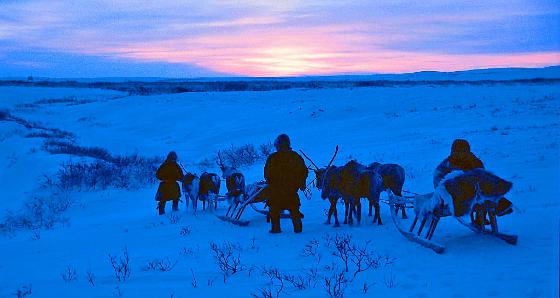
08.01.2021:
Celebrating the first ten years of the Arctic Review on Law and Politics!
The Arctic Review on Law and Politics is celebrating its first ten years with the anniversary volume “Ten Years of Law and Politics from an Arctic Perspective”. Several researchers from the Norwegian Centre for the Law of the Sea (NCLOS) have contributed to the issue.
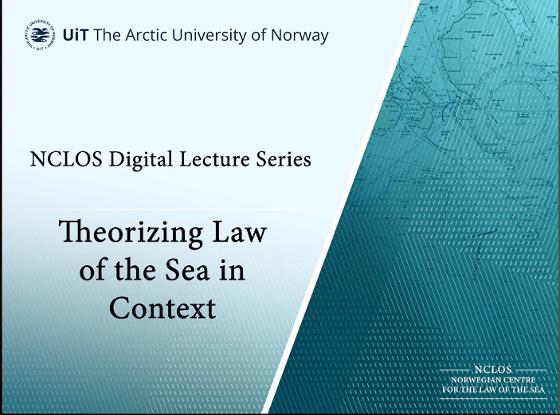
04.01.2021:
Digital Lecture: “Situating Contingency in the Path of International Law”
The latest session in the Digital Lecture Series is available on our Youtube channel. In this session Ingo Venzke, professor at the University of Amsterdam lectures on contingency in International Law.
21.06.2019:
The Centre for the Law of the Sea at UiT lives on
September 1, 2019 marked the six-year anniversary of the 36 million NOK donation by the K.G. Jebsen Foundation that created the K.G. Jebsen Centre for the Law of the Sea at UiT. That funding period has come to an end, but the centre will continue as The Norwegian Centre for the Law of the Sea, at UiT.
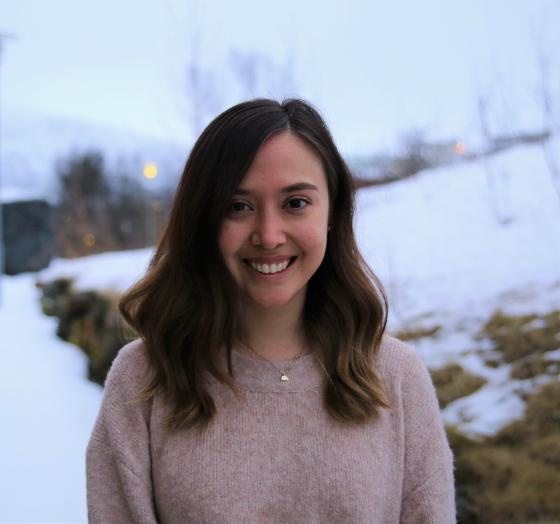
20.12.2018:
In the Arctic with project on The Galapagos Islands
When Vanessa Arellano Rodriguez from Ecuador was granted a United Nations scholarship in Law for a project on protection of the Galapagos Island, her first preference was to come to UiT. – The Arctic and the Galapagos have many things in common, says Arellano.
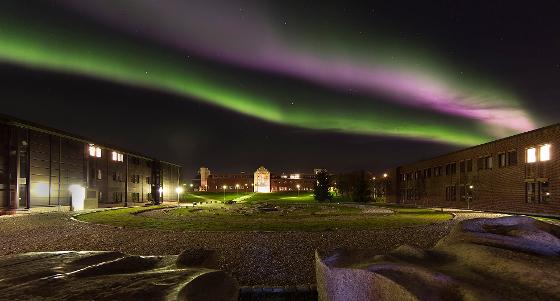
16.11.2018:
New Joint Nordic Master Program in Environmental Law
The need for expertise in Environmental Law is increasing. Starting the autumn of 2019, the Faculty of Law at UiT, is proud to offer international students a brand new and exciting master program in Environmental Law, in collaboration with the University of Uppsala and the University of Eastern Finland.
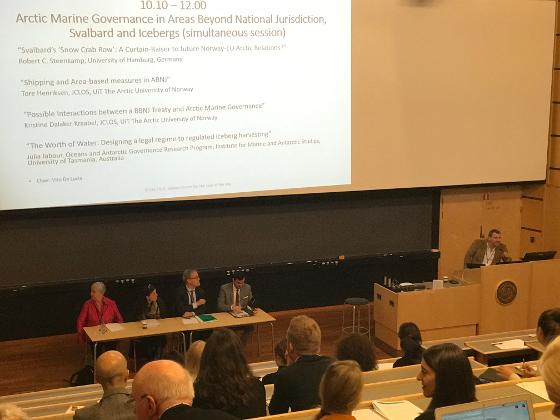
15.10.2018:
Hosted the most important conference in the world on Polar Law
Climate change, indigenous peoples rights and Polar bear protection. These issues – and many more - were on the agenda when the 11th Polar Law Symposium took place at The Faculty of Law /JCLOS. – The level of legal scholarship is extremely high at UiT and JCLOS, says the initiators of the symposium.
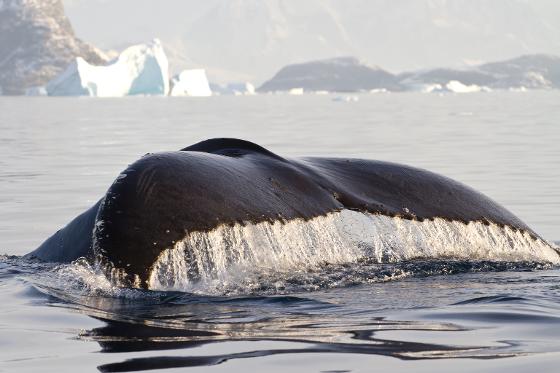
09.10.2018:
JCLOS and FNI organize side event to the first UN negotiating session towards a new agreement on marine biodiversity in areas beyond national jurisdiction"
September 12, JCLOS and Fridtjof Nansen Institute (FNI) will organize a Side Event to the 1st session of the BBNJ negotiation in the UN General Assembly, to discuss implications of a future BBNJ agreement for Arctic Biodiversity Governance.
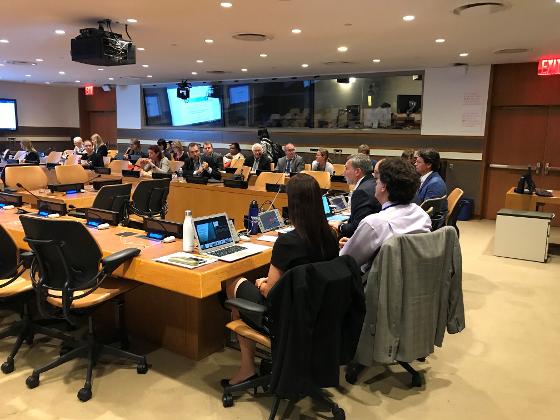
09.10.2018:
Report from JCLOS' side event to the first UN negotiating session towards a new agreement on marine biodiversity in areas beyond national jurisdiction
Read the report of Postdoctor Fellow, Vito De Lucia, who chaired the Side Event.

11.07.2018:
Workshop of Indigenous Law and Methodology
During the first week of July, JCLOS postdoctoral fellow Dr. Margherita Paolo Poto organized and led a workshop in Indigenous Law and Methodology. The project was hosted and funded by the prestigious Norwegian Centre for Advanced Study, and took place at the beautiful Holmen Fjordhotell in Oslo.
12.06.2018:
Could the Indigenous Peoples save the Seas?
In the past week, researchers from all over the world have gathered at the Arctic University of Norway, to discuss Indigenous Peoples’ rights to Marine Areas.
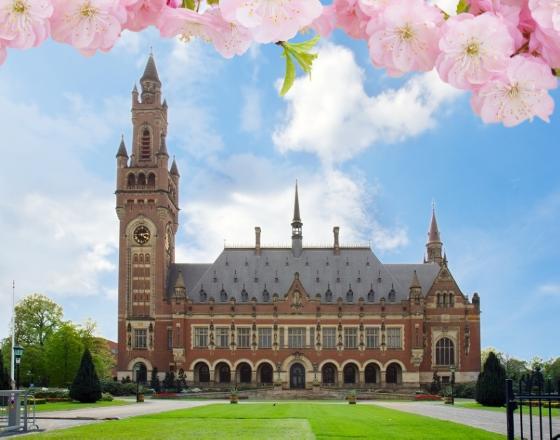
08.06.2018:
Book launch at the Peace Palace
The new book "Maritime Boundary Delimitation: The Case Law. Is It Consistent and Predictable?" edited by Alex Oude Elferink, Signe Busch and Tore Henriksen of the K.G. Jebsen Centre for the Law of the Sea was launched at the Peace Palace in The Hague.
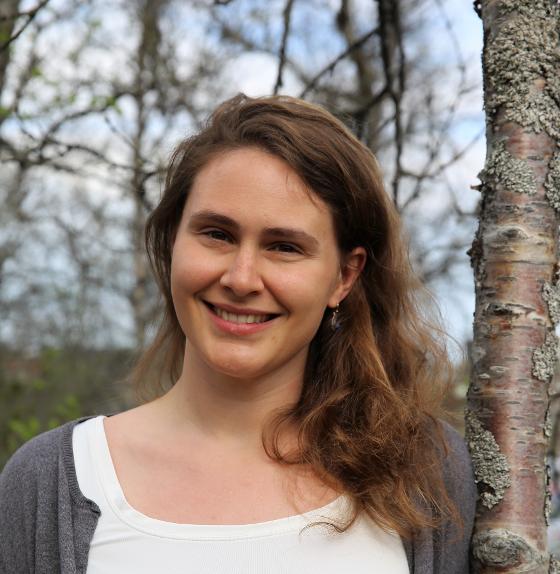
25.05.2018:
Wants to map the Arctic Ocean through different lenses
Her name means "luck", and she feels fortunate to have spent her time as a Fulbright scholar at UiT in Tromsø. At the end of her stay, Onni Irish invites to an interdisciplinary workshop for 5 June that will examine the different ways the Arctic Ocean can be mapped.
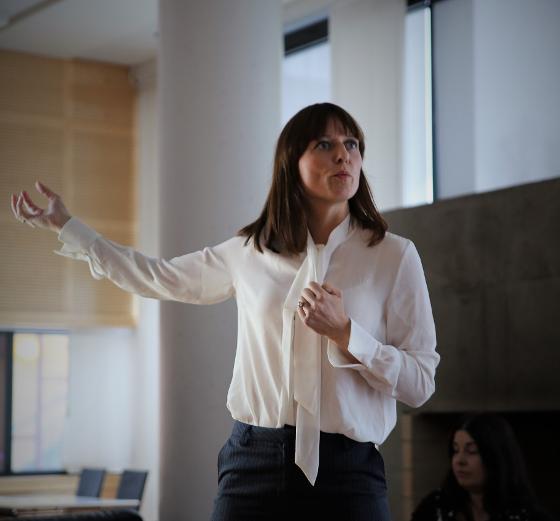
08.06.2017:
Law as a tool in limiting climate change
The climate is changing. But do we have the legal remedies in place to meet these changes? And how can we, through law, restrict and adapt to climate change?
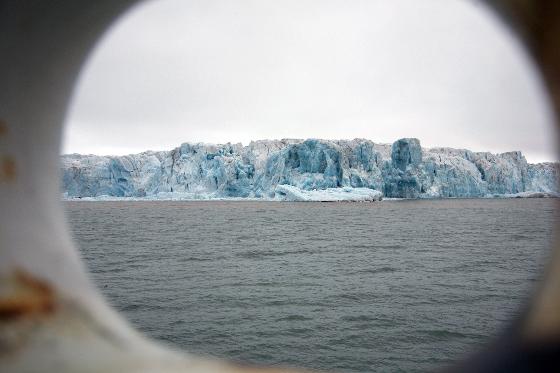
26.04.2017:
SOS from the Arctic!
What if a ship loaded with toxic chemicals founders in the Arctic during the dark months of the polar night? What will become of the crew? And what about the toxic cargo and the fuel that will soon sink through the icy water? How will they affect slumbering ecosystems deep in the winter-dark seas?
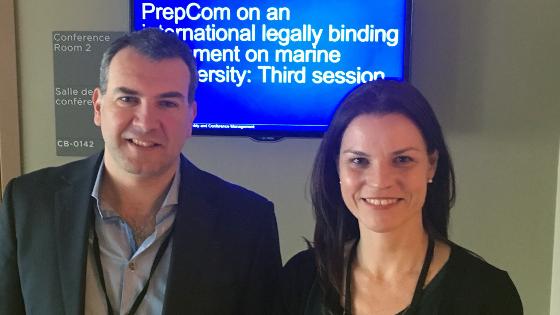
19.04.2017:
JCLOS co-organized side event to the UN marine biodiversity treaty negotiations in New York
The KG Jebsen Centre for the Law of the Sea (JCLOS) and its consortium partner the Fridtjof Nansen Institute (FNI) jointly organized a side event on Wednesday, 5 April 2017, at the United Nations Headquarters in New York as part of the Third Session of the Preparatory Committee established by United Nations General Assembly Resolution 69/292 for the conservation and sustainable use of marine biological diversity of areas beyond national jurisdiction
09.12.2016:
New book on aquaculture: How can we secure a sustainable use of our oceans?
New book on Aquaculture Law and Policies. 21 writers from 12 different countries have contributed.
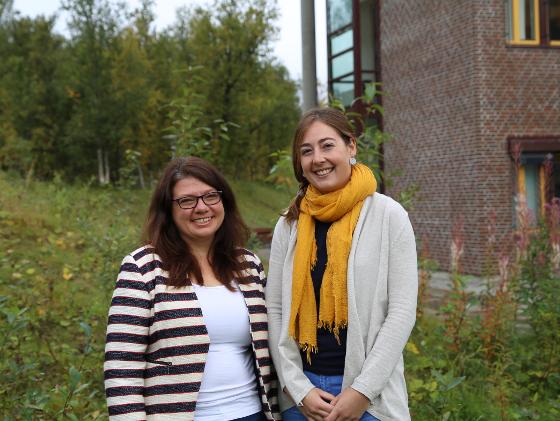
09.09.2016:
Looking forward to share experiences at JCLOS Centre Days
The annual Centre Days at K. G. Jebsen Centre for the Law of the Sea (JCLOS) will be arranged 20. – 23. September.
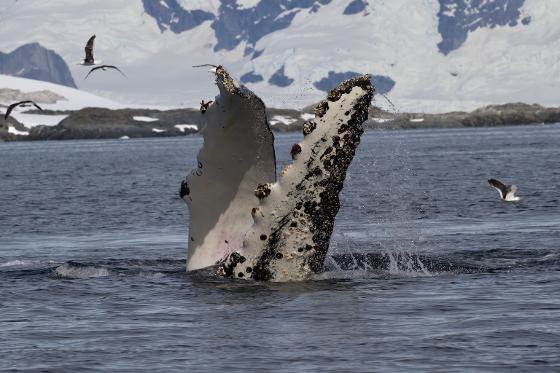
01.09.2016:
- More cooperation needed to protect the Arctic
- The Arctic states need to have an efficient collaboration of Marine Protected Areas (MPAs) that are connected to each other, in order to protect the vulnerable ecosystems of the Arctic Ocean, says Law of the sea expert from JCLOS in a new book published at Brill.
26.10.2015:
At UiT with prestigious Marie Curie Scholarship
Claudia Cinelli, at the K.G. Jebsen Centre for the Law of the Sea, came to Norway through a prestigious scholarship: The Marie Curie Scholarshop from the European Union.
21.09.2015:
UIT-researcher awarded prestigious international Prize
Vito De Lucia, Research Fellow in Law at the K.G.Jebsen Centre for the Law of the Sea, has been awarded The Richard Macrory Prize for the Best Article in the Journal of Environmental Law.
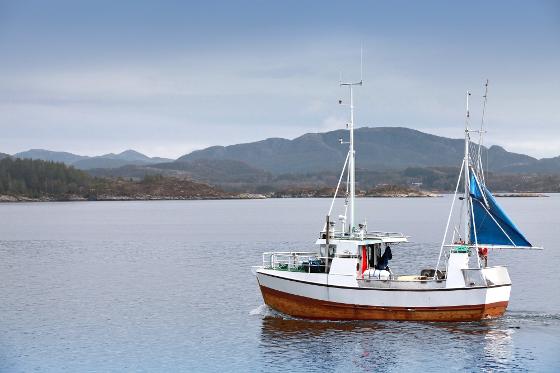
18.09.2015:
World leading scientists visits K.G. Jebsen Centre for the Law of the Sea
Some of the most internationally renowned specialists within the Law of the Sea, will visit Tromsø during the Centre days at K.G. Jebsen Centre for the Law of the Sea. The good news is that you can attend their lectures!

25.03.2024:
Newsletter for February and March
We are well into 2024, and we wanted to bring you some news about what has happened since last update at the Norwegian Centre for the Law of the Sea!
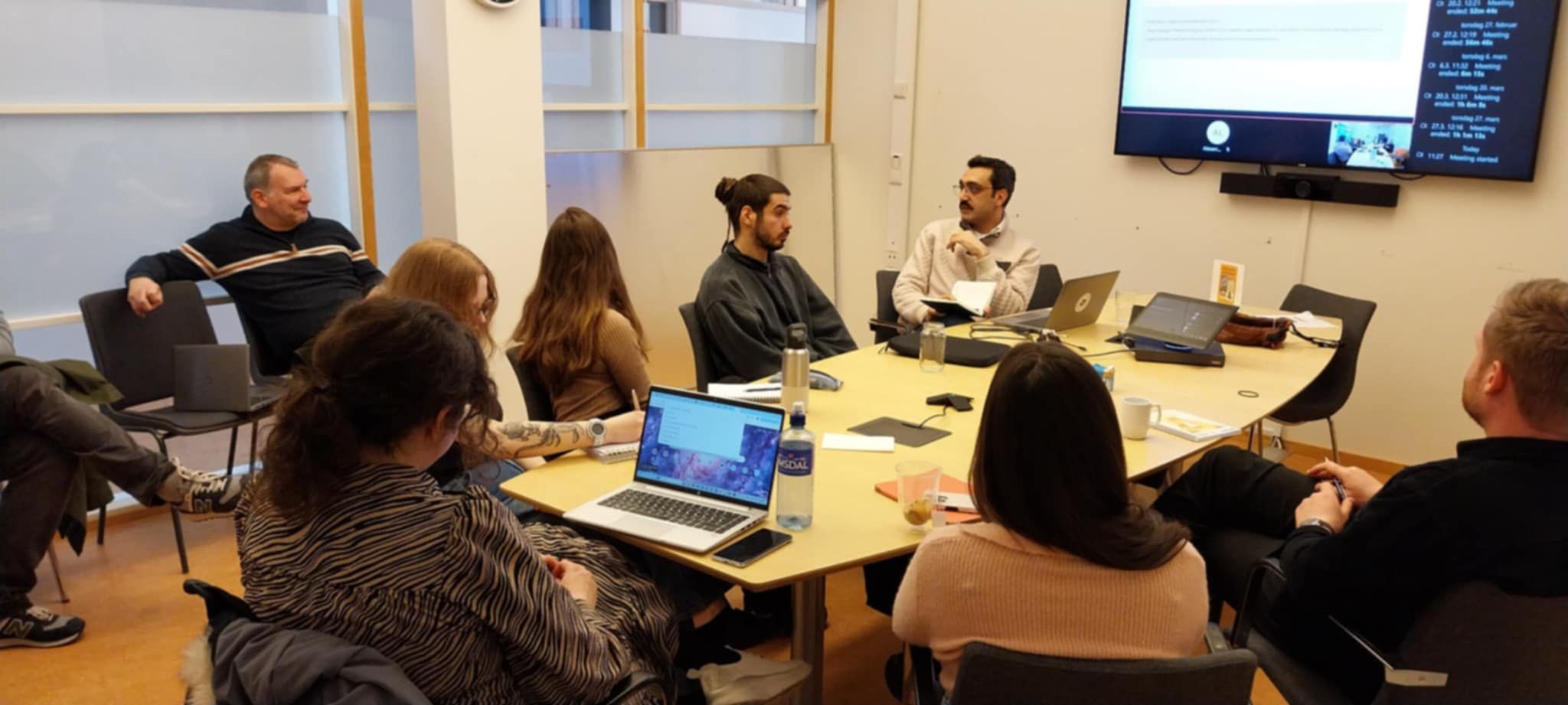
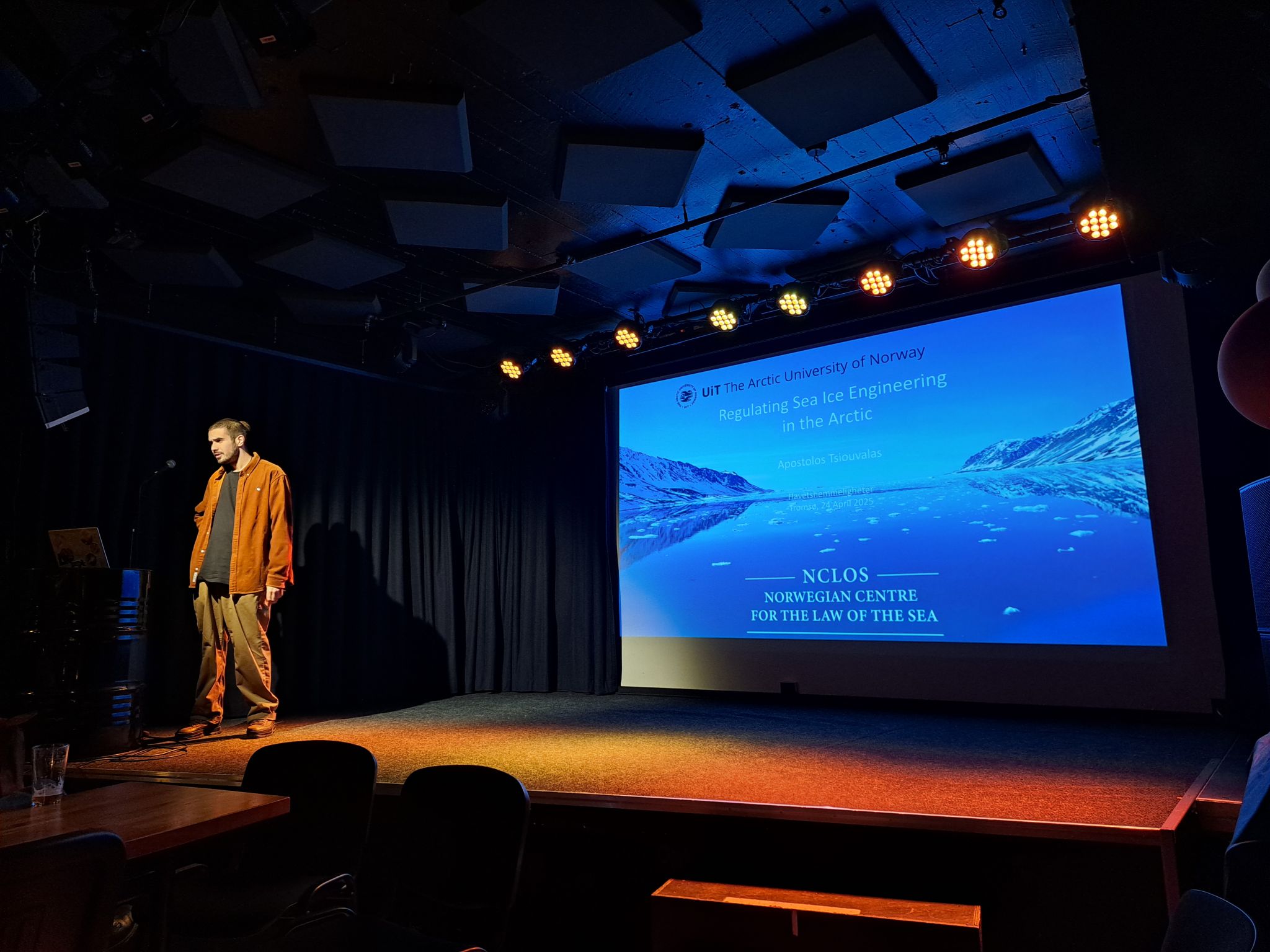
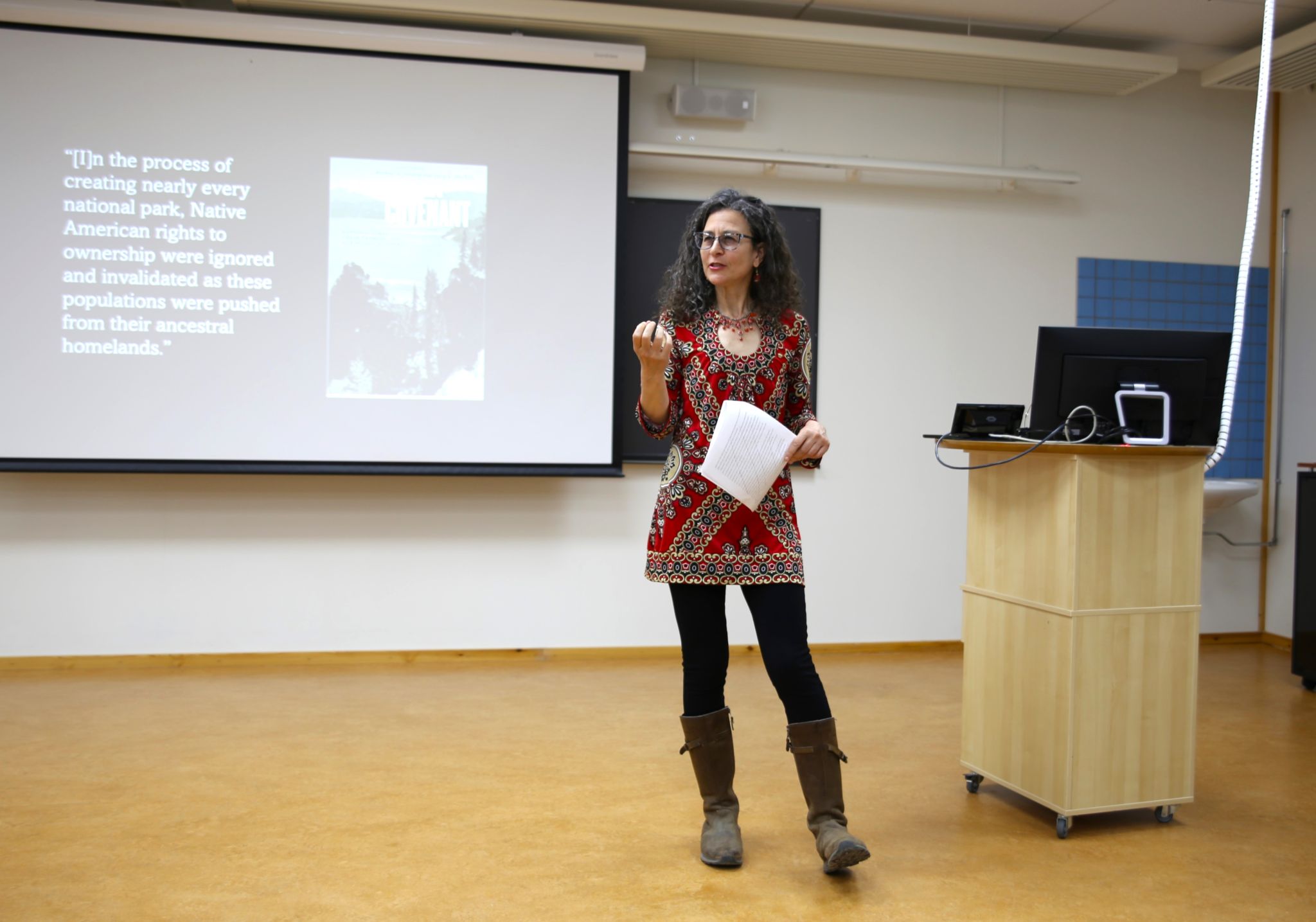
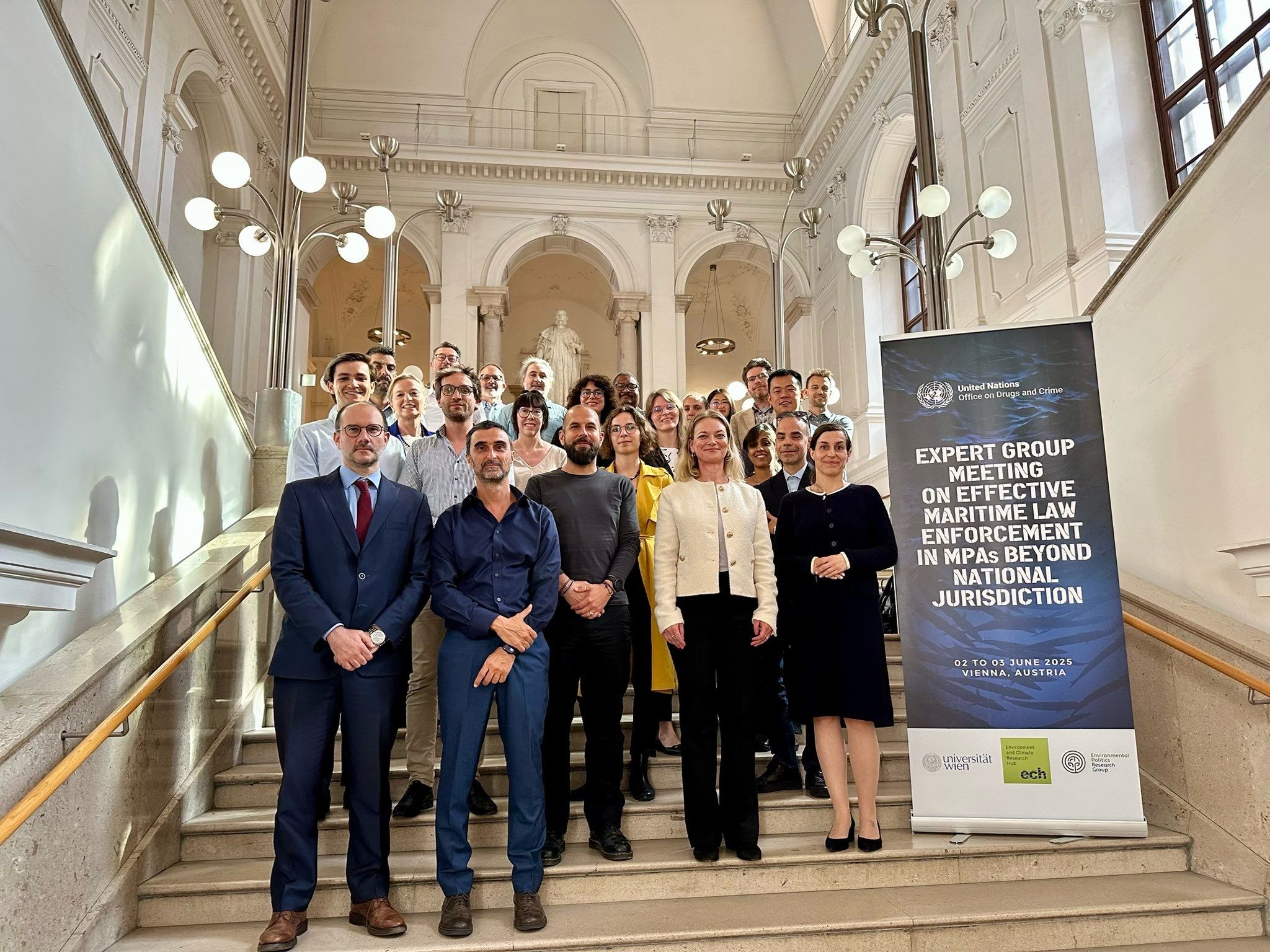
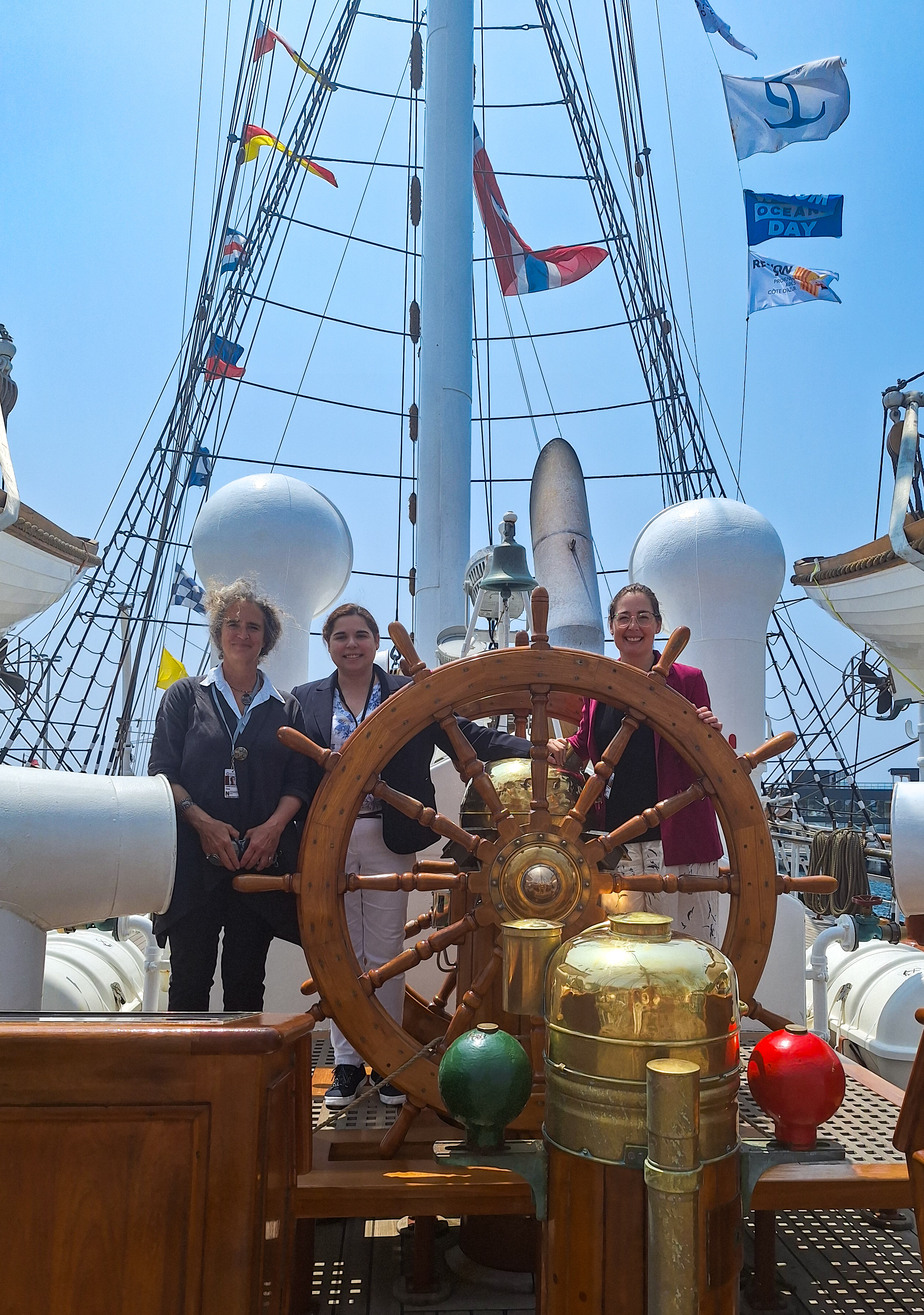
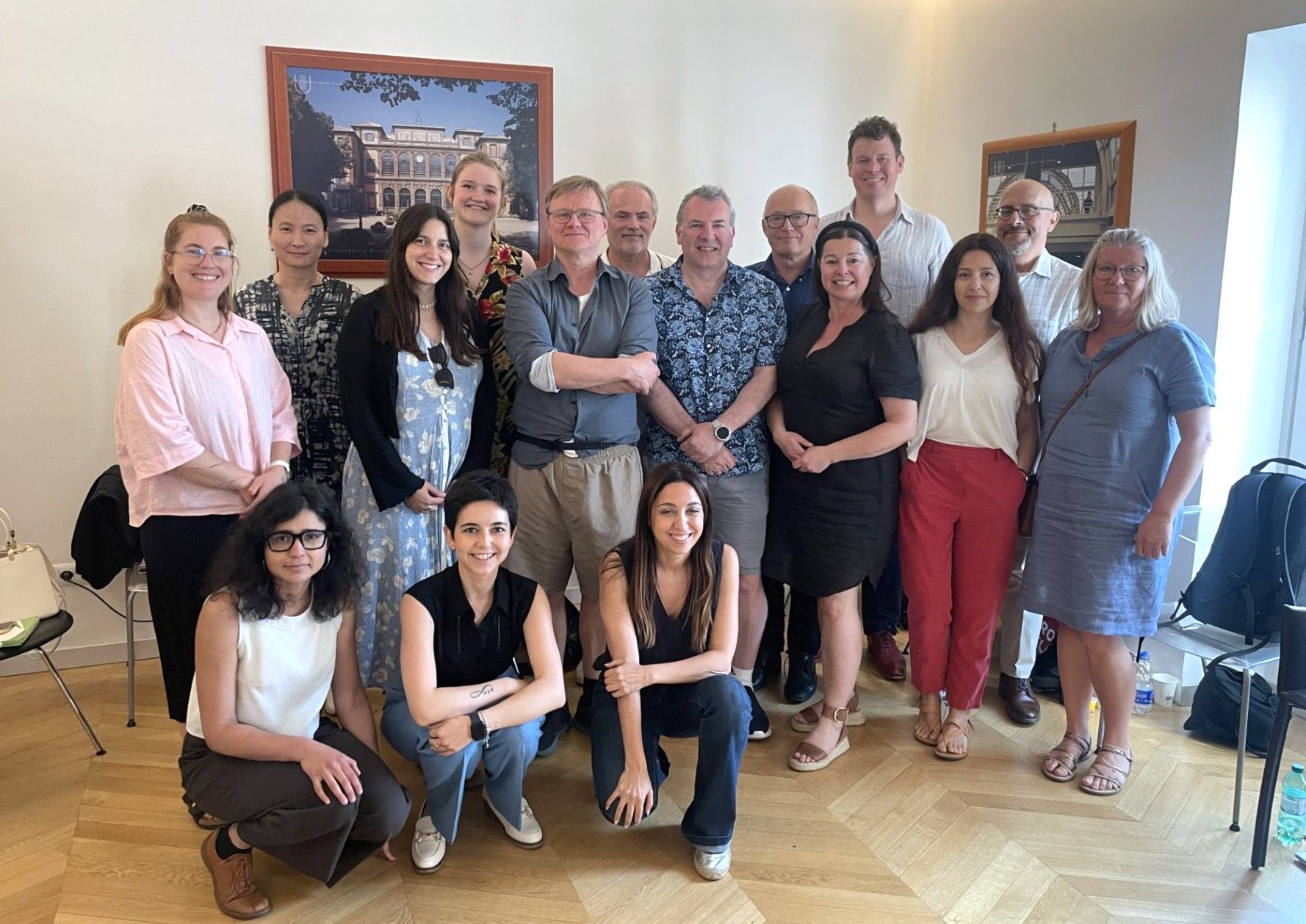
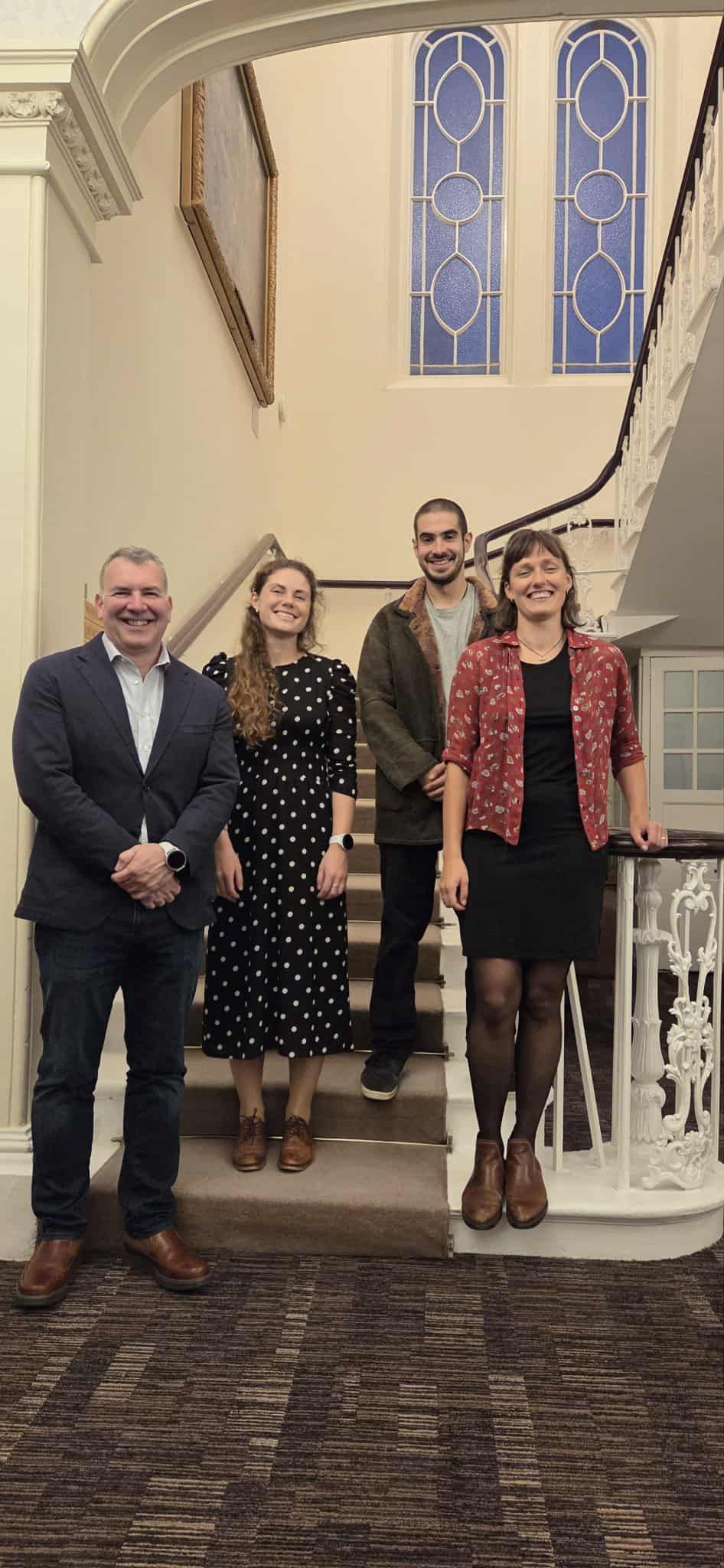
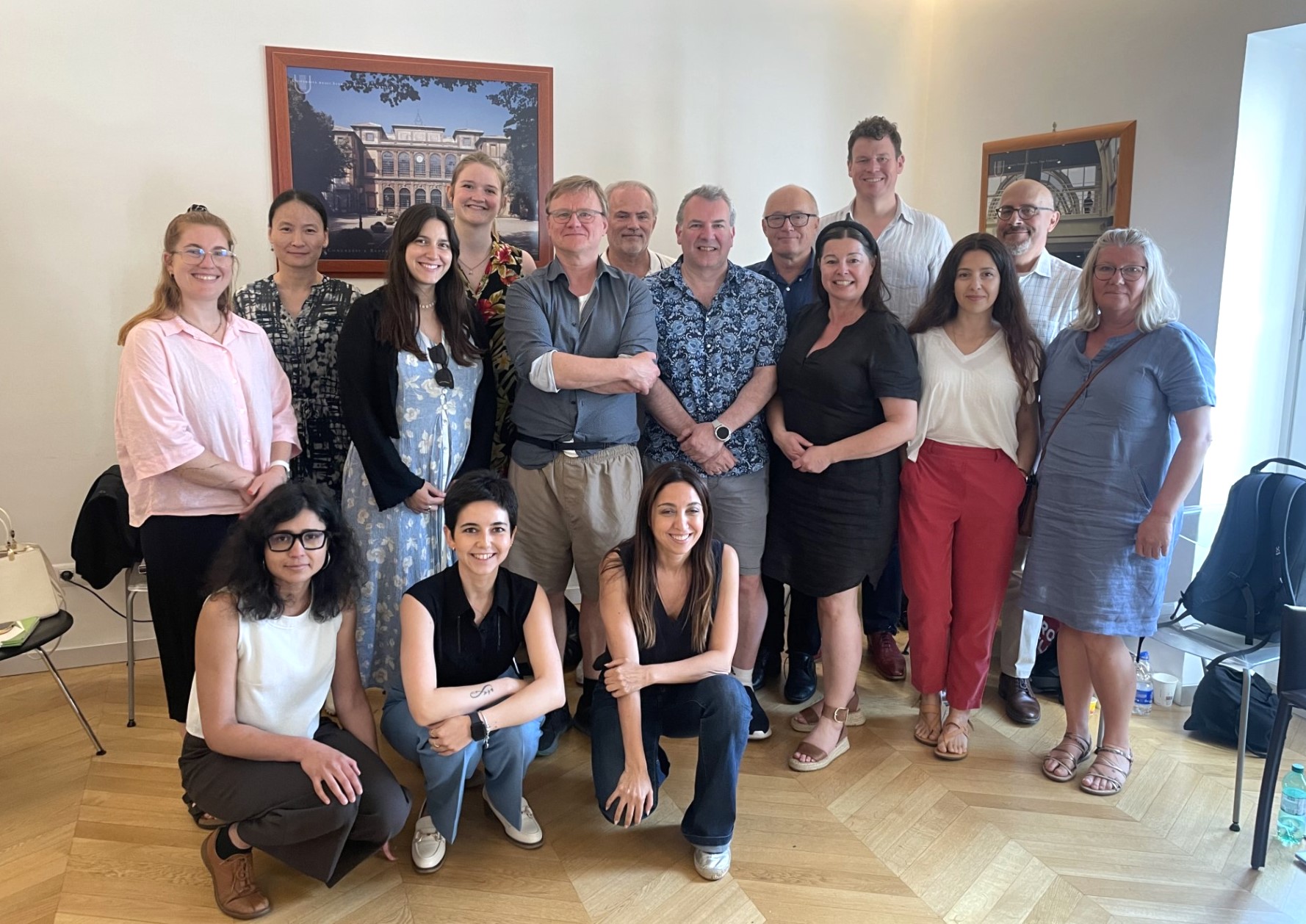
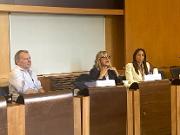
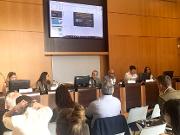
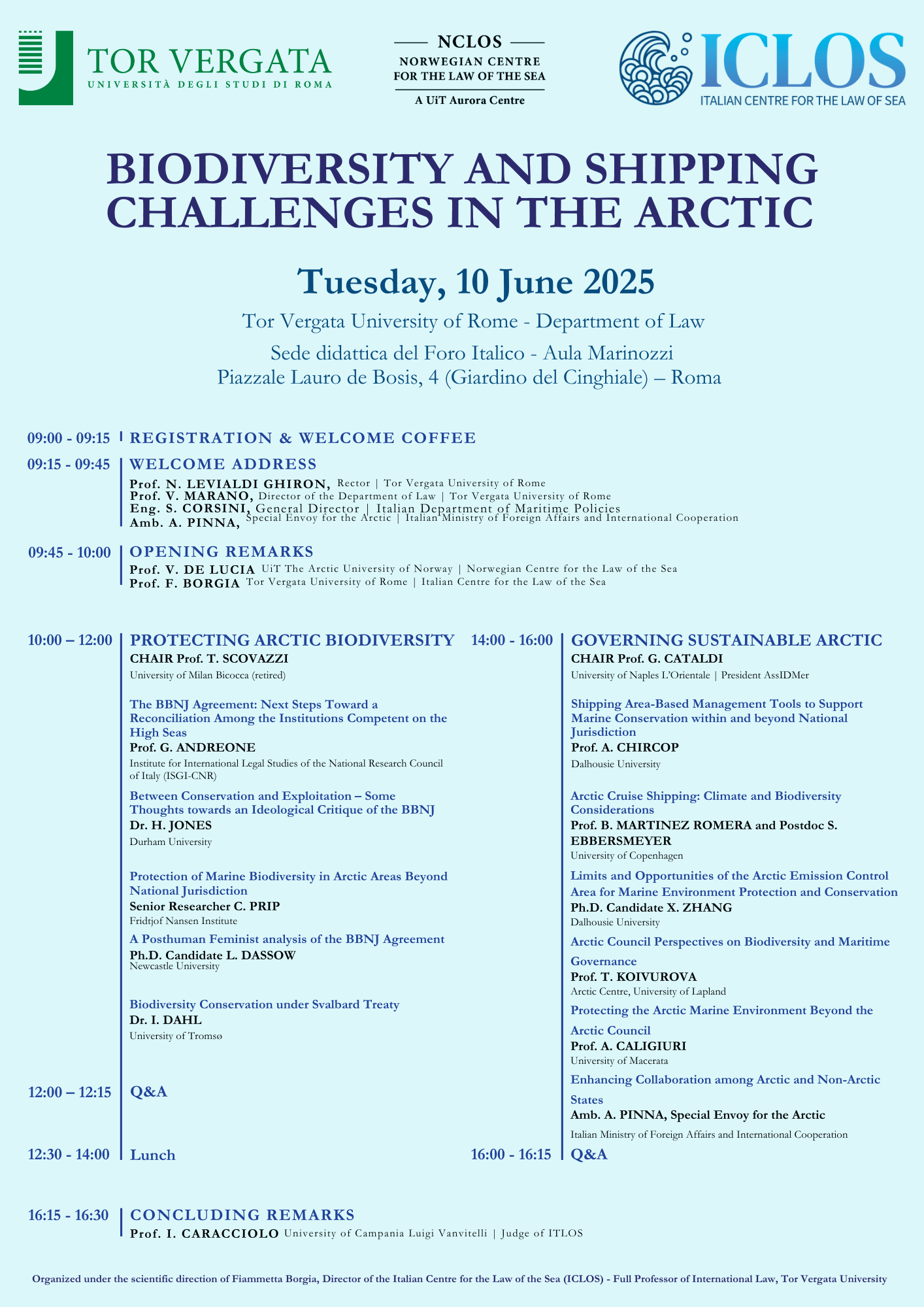
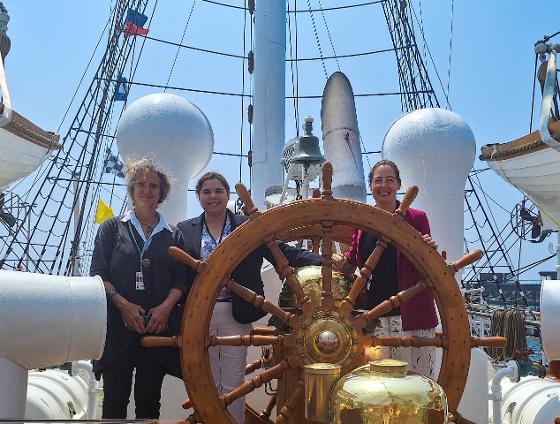
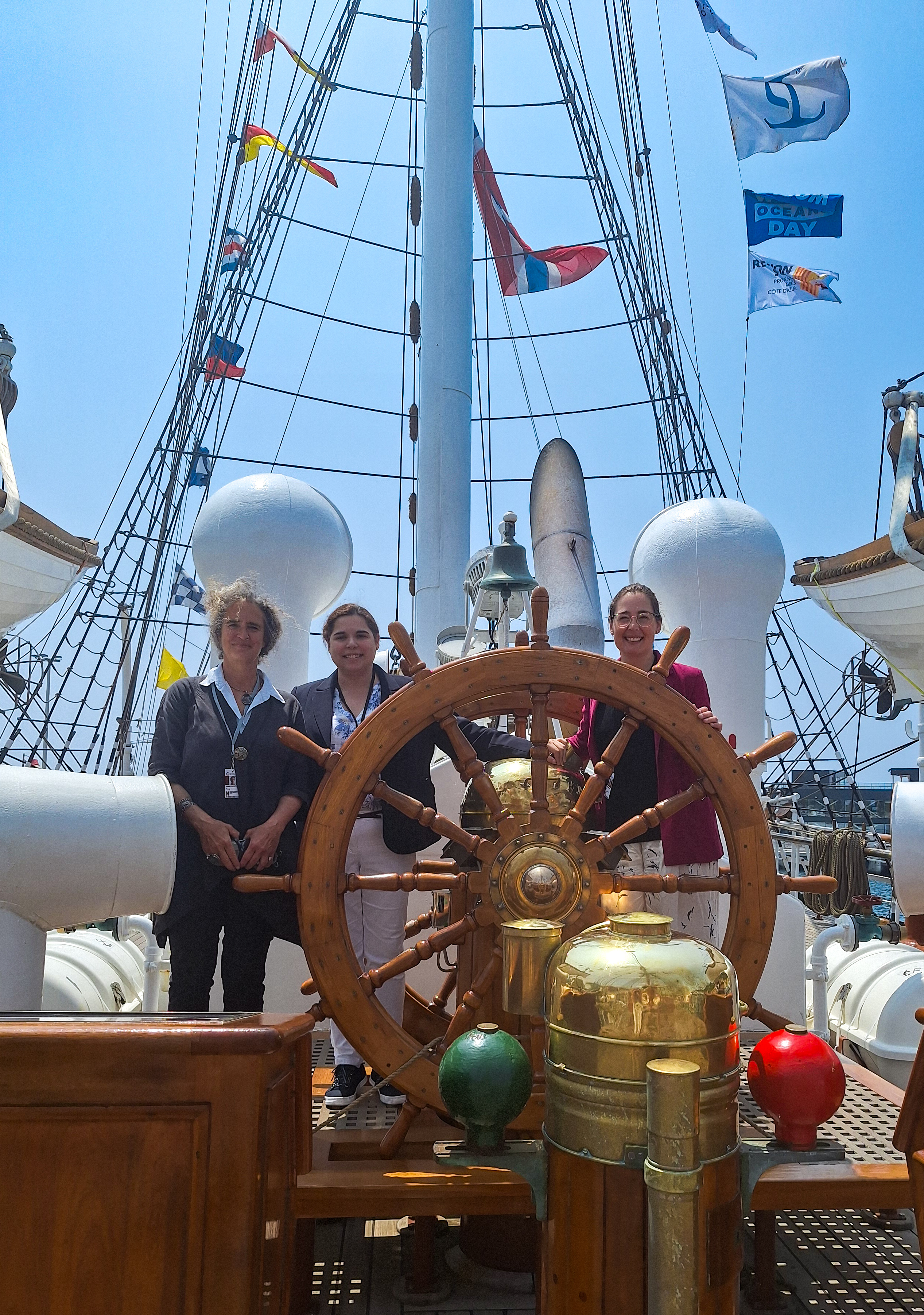
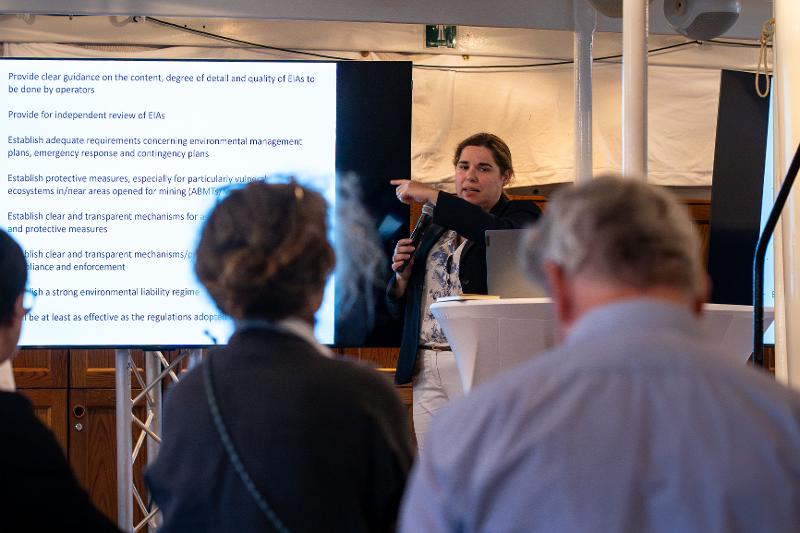
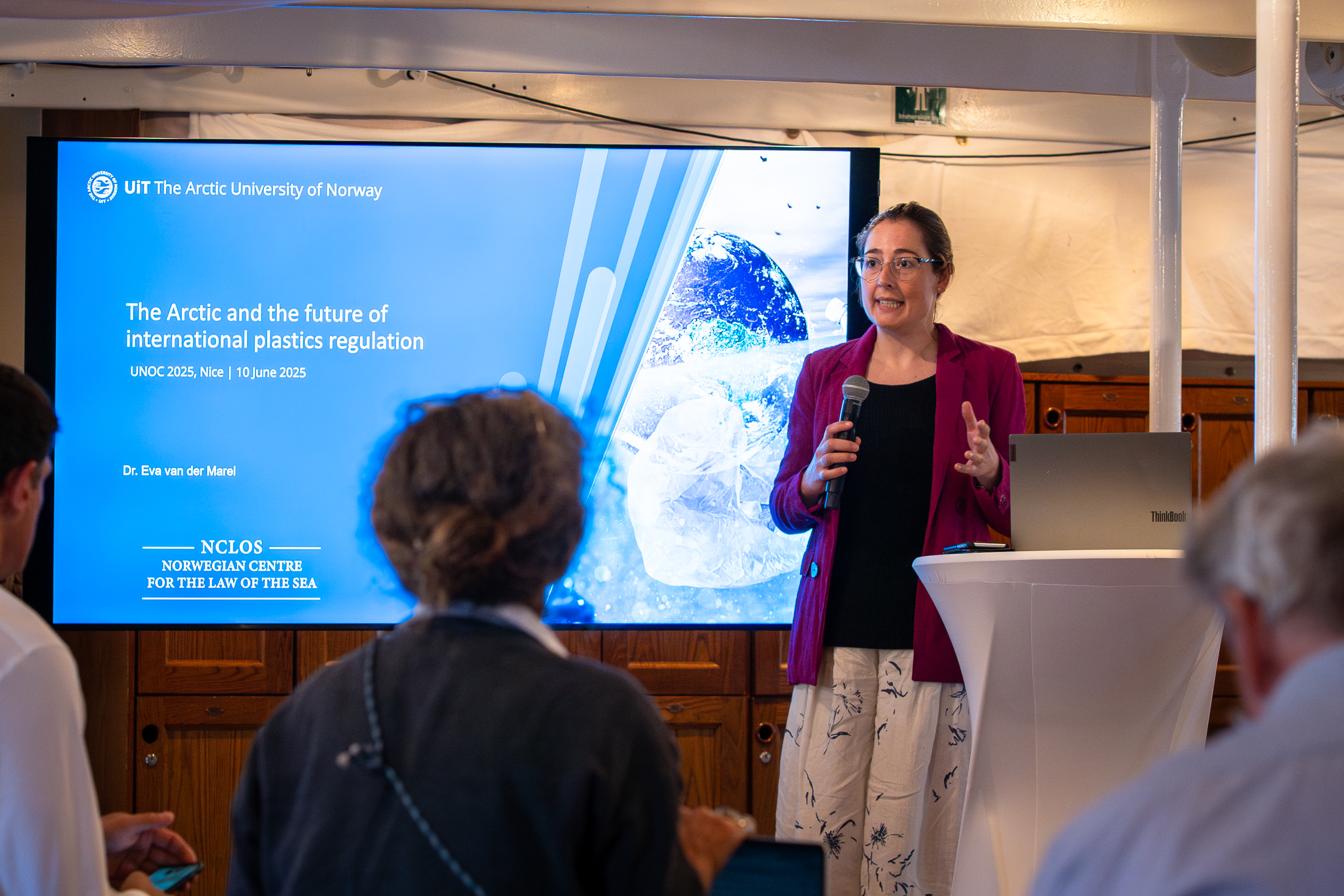
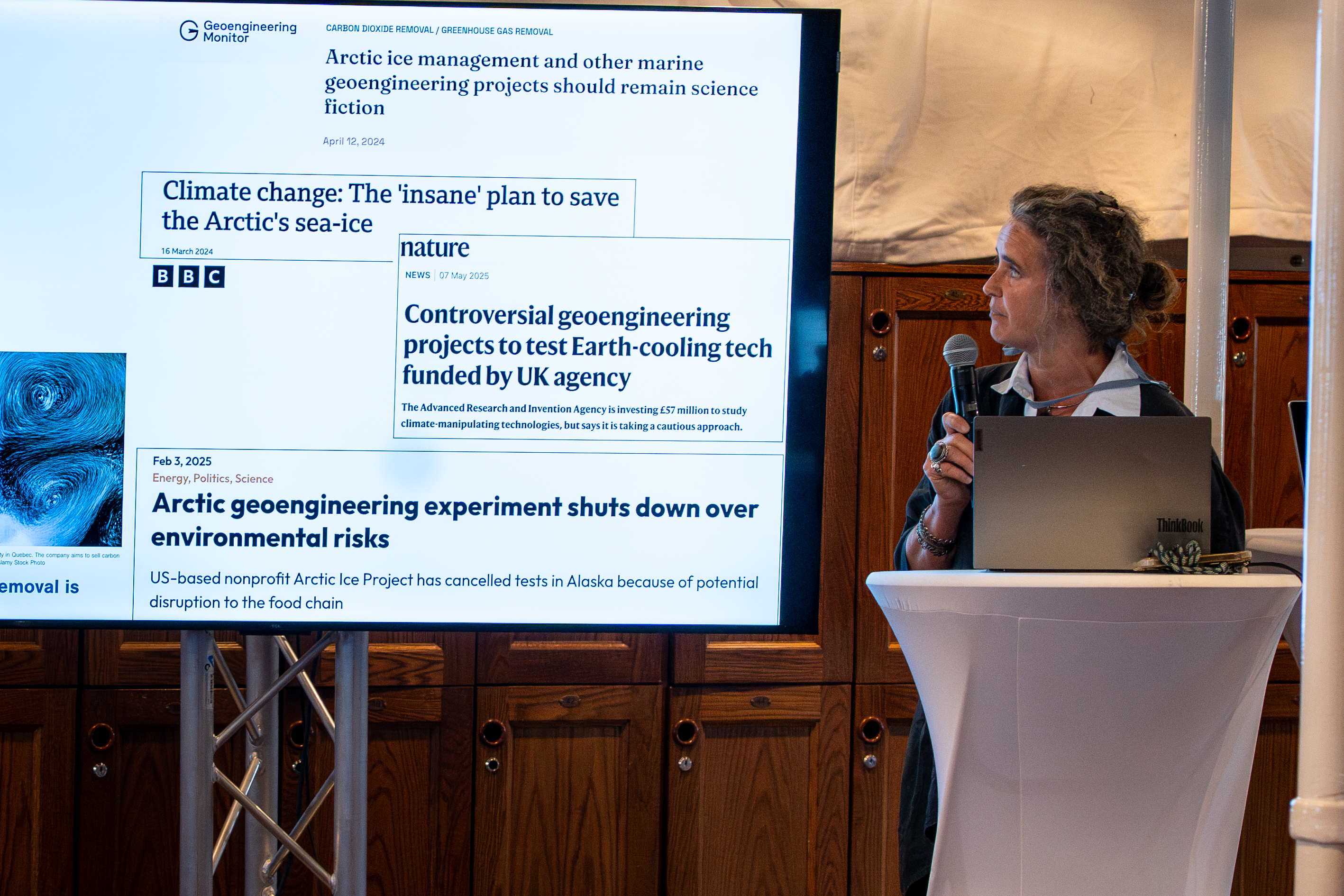
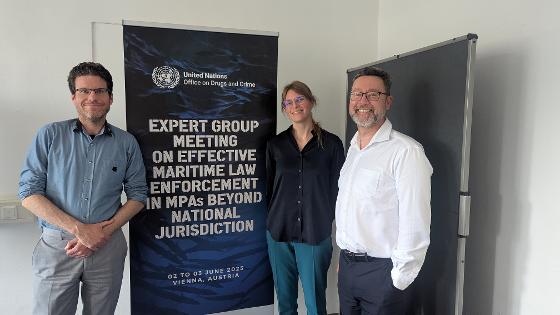

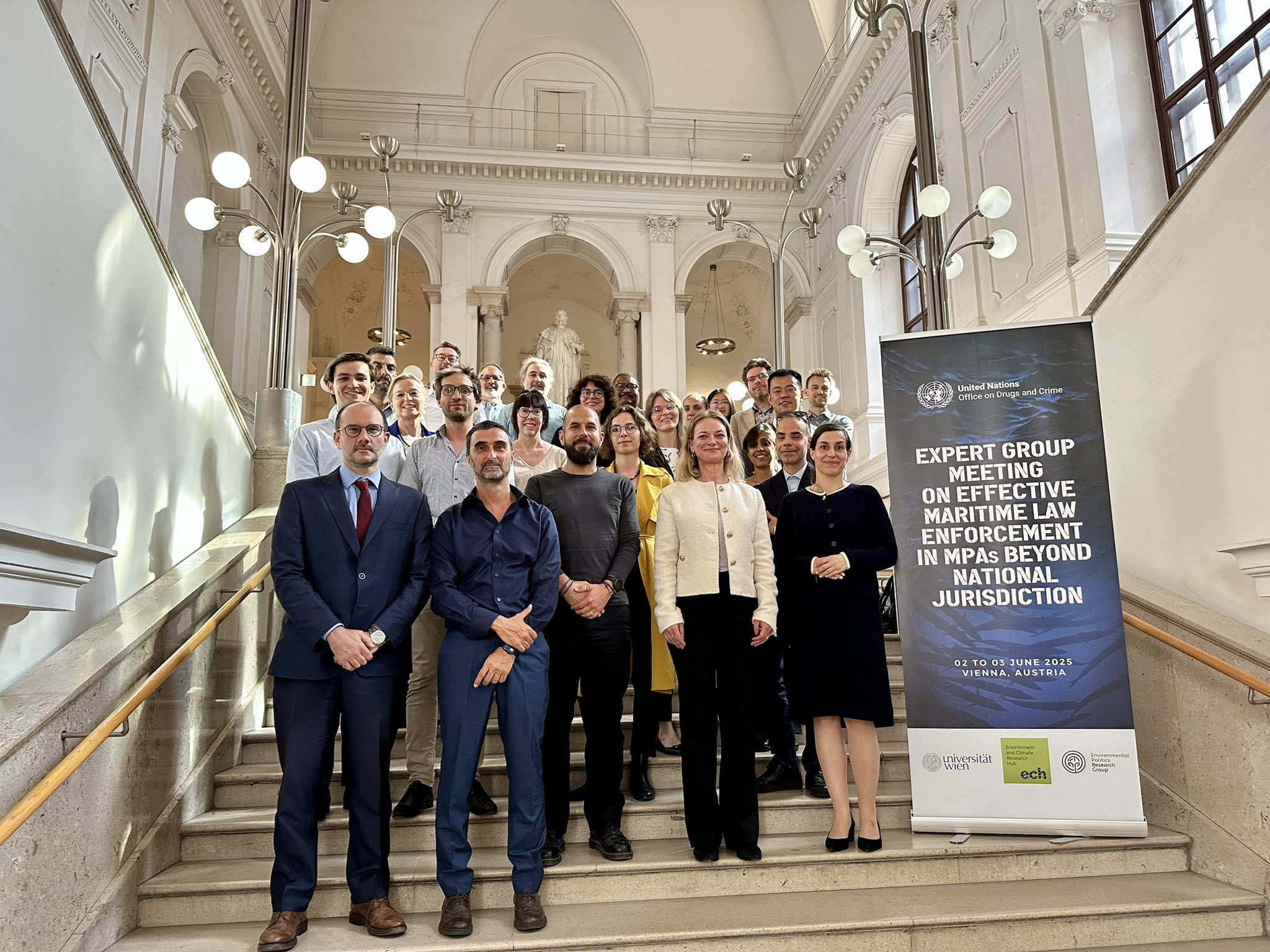
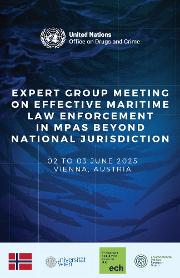 The detailed draft Issue Paper, written by Efthymios Papastavridis, Antonios Tzanakopoulos and Francisco Blaha, was discussed in Vienna. The executive summary is titled "
The detailed draft Issue Paper, written by Efthymios Papastavridis, Antonios Tzanakopoulos and Francisco Blaha, was discussed in Vienna. The executive summary is titled "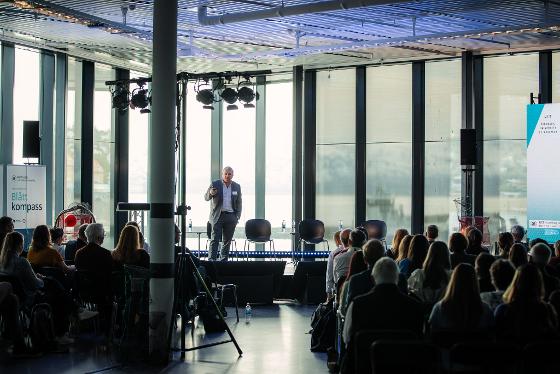

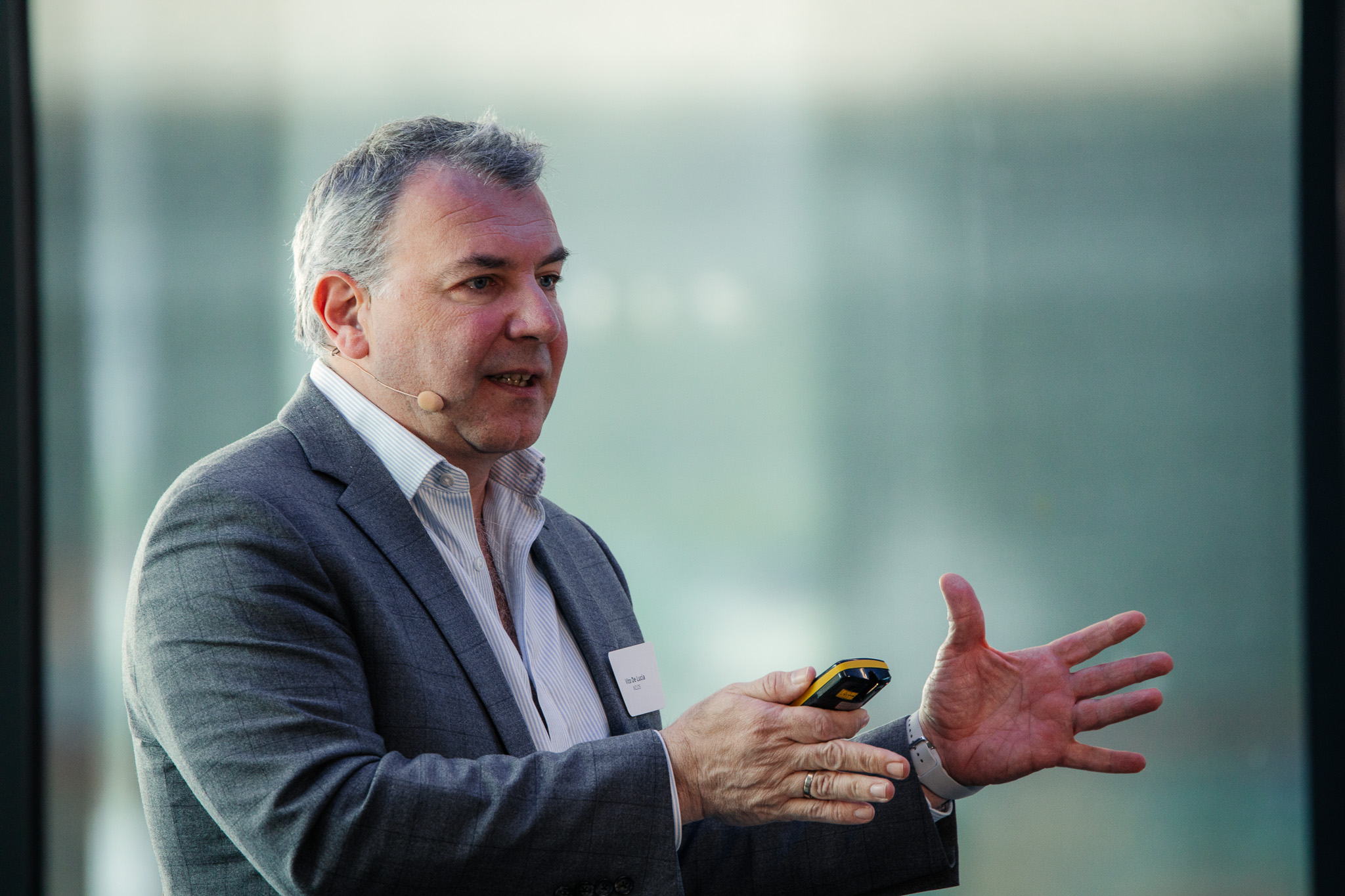
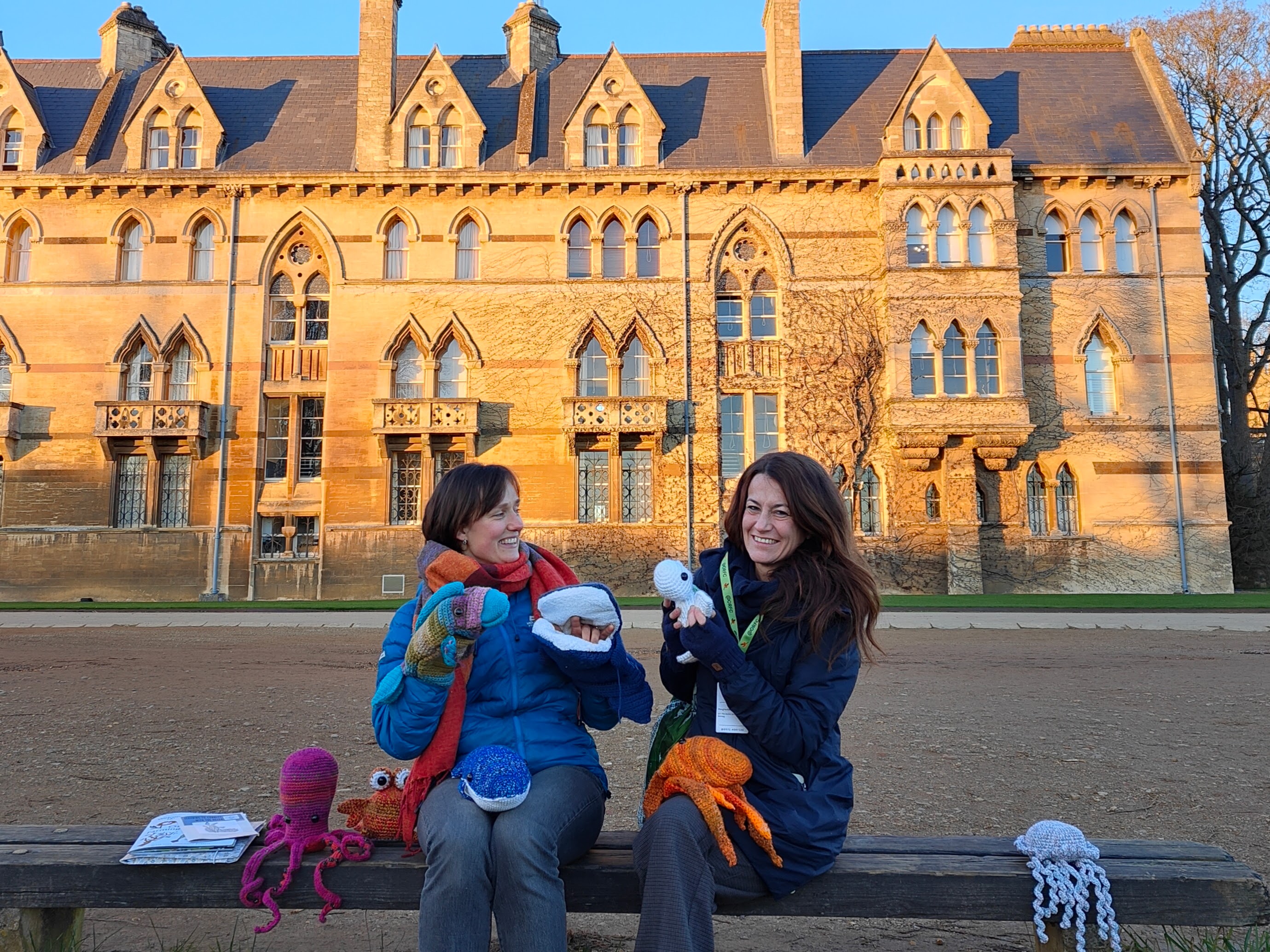
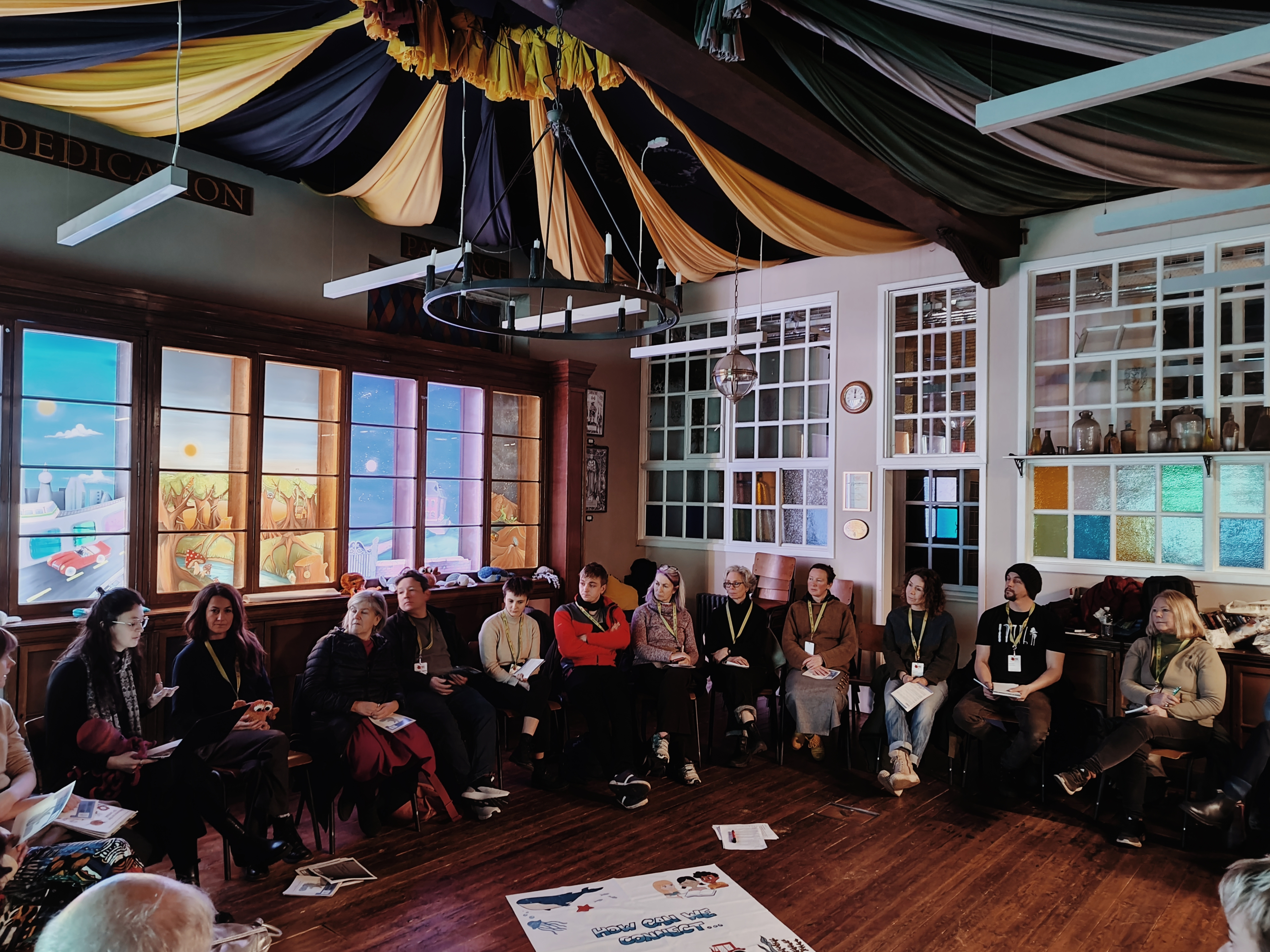
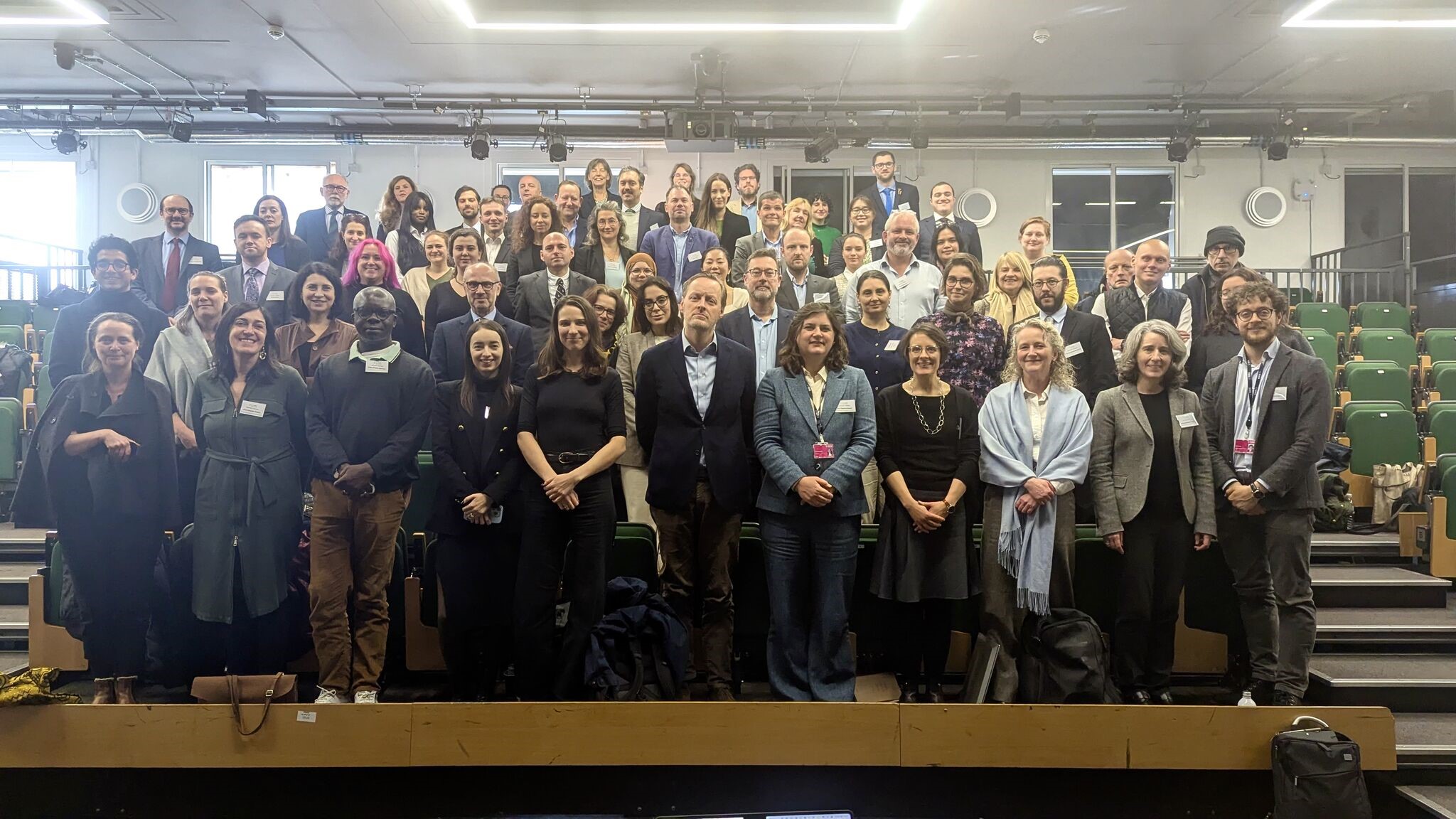
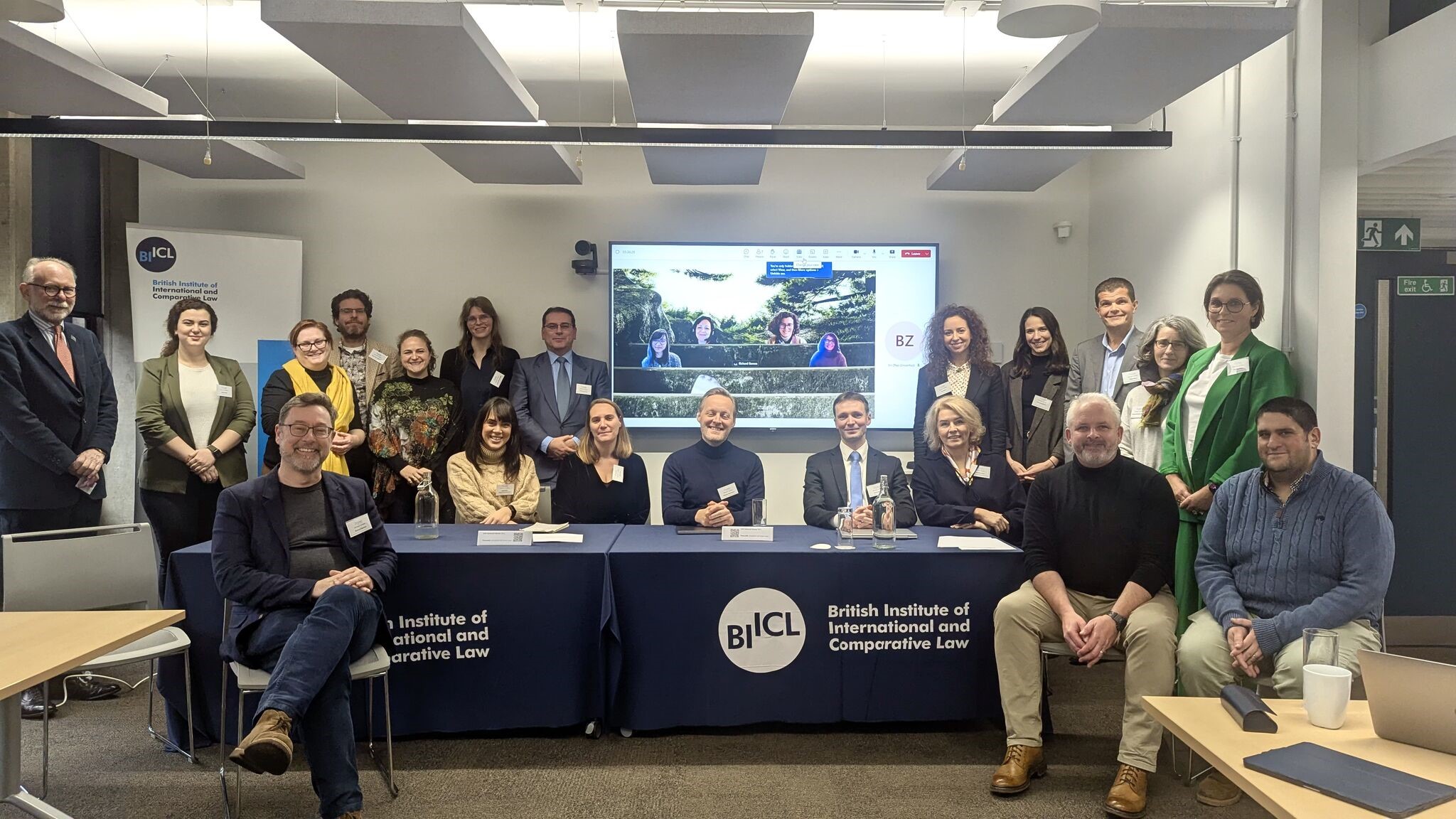
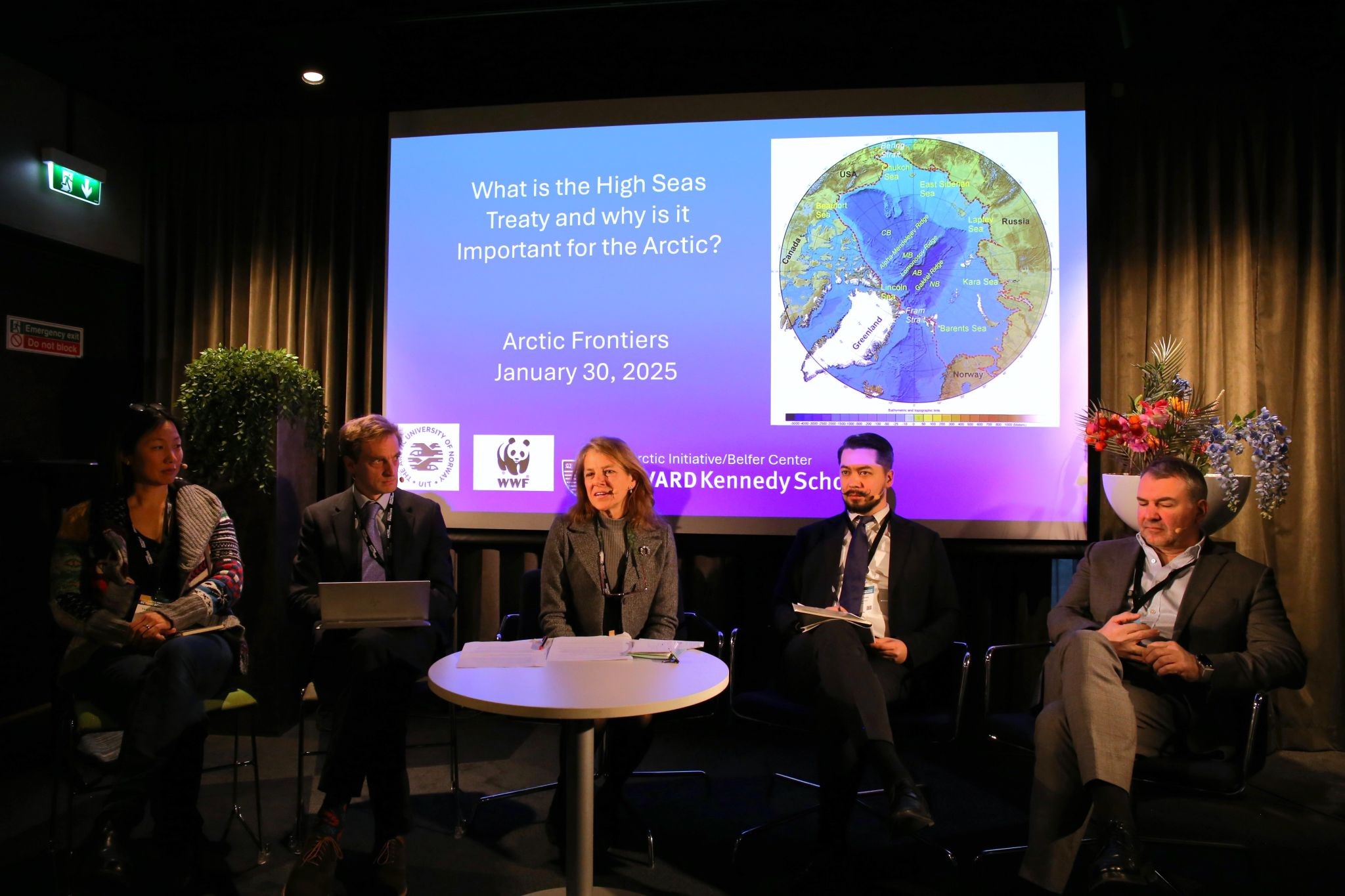
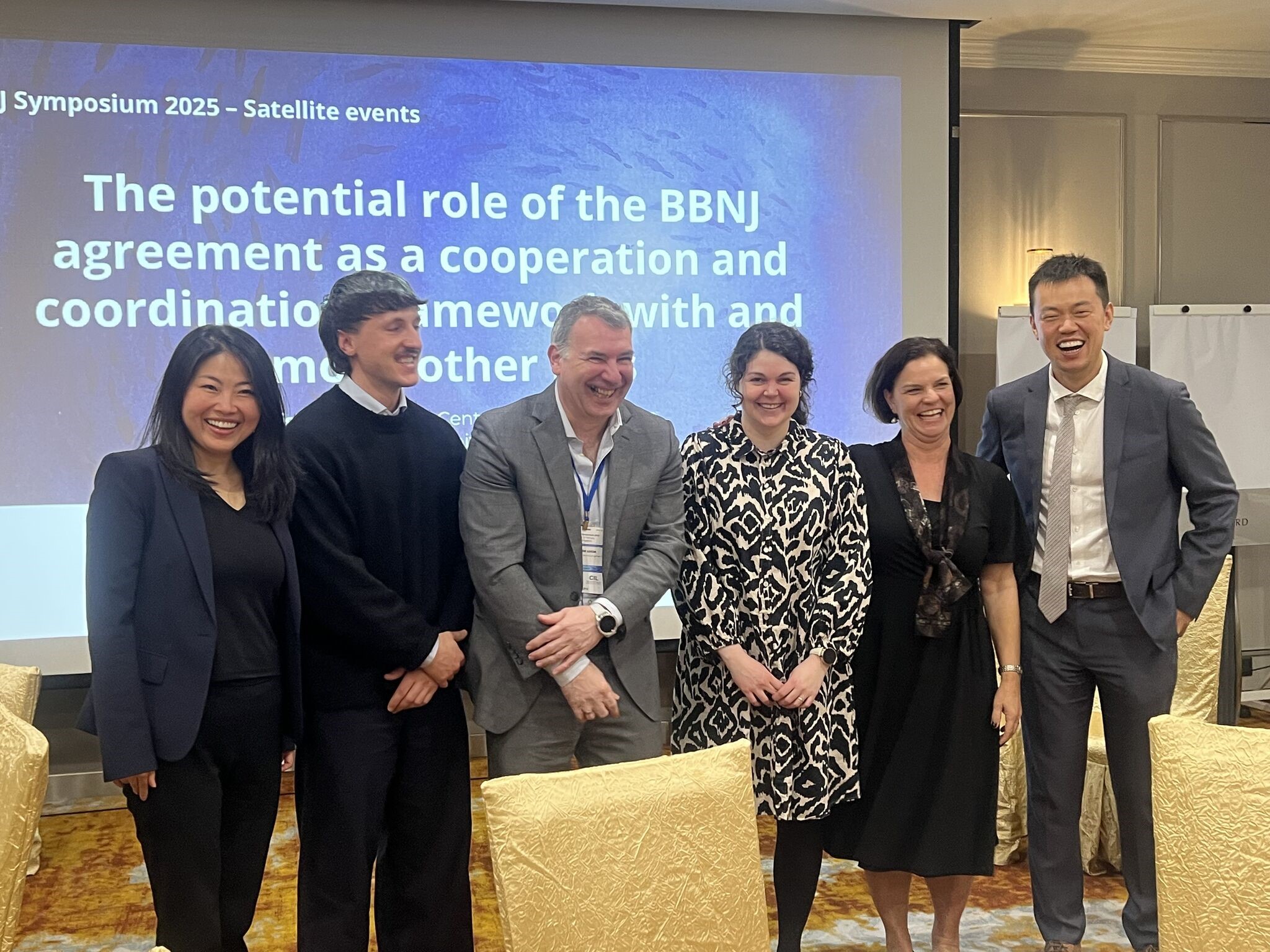
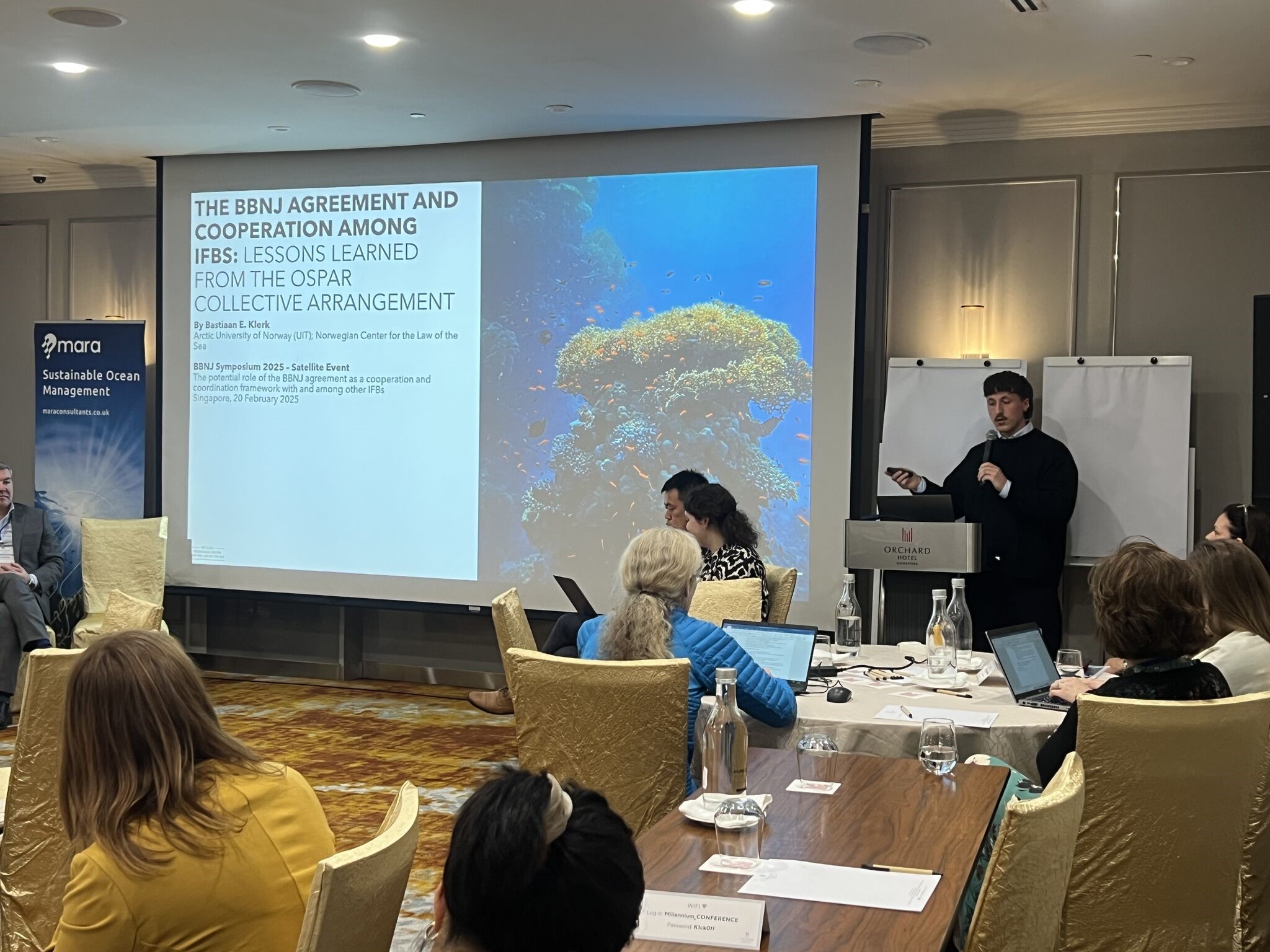
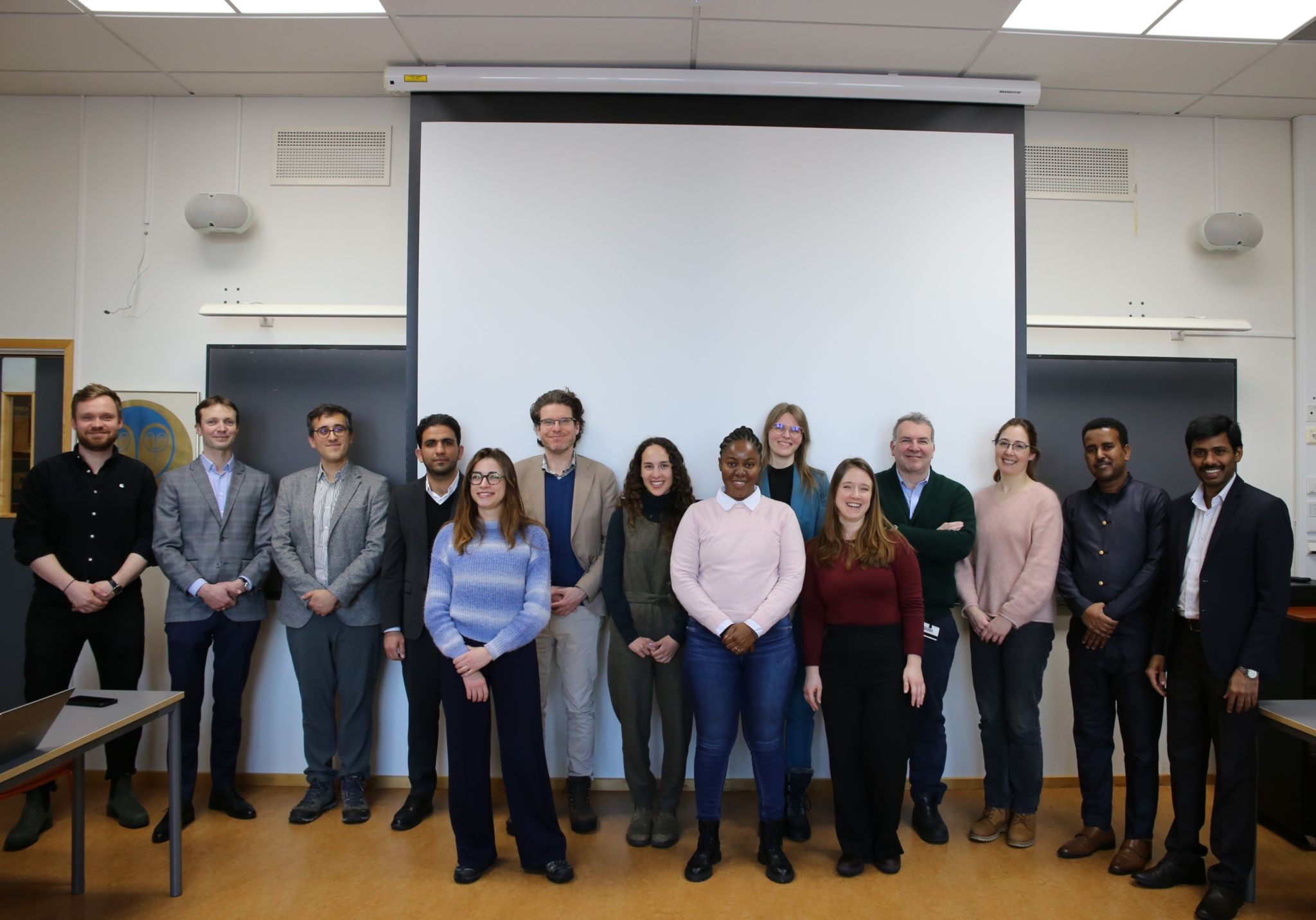
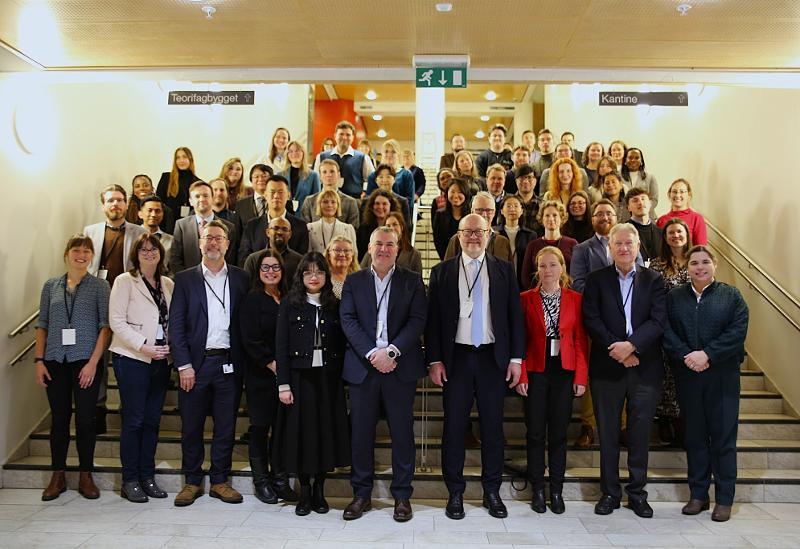
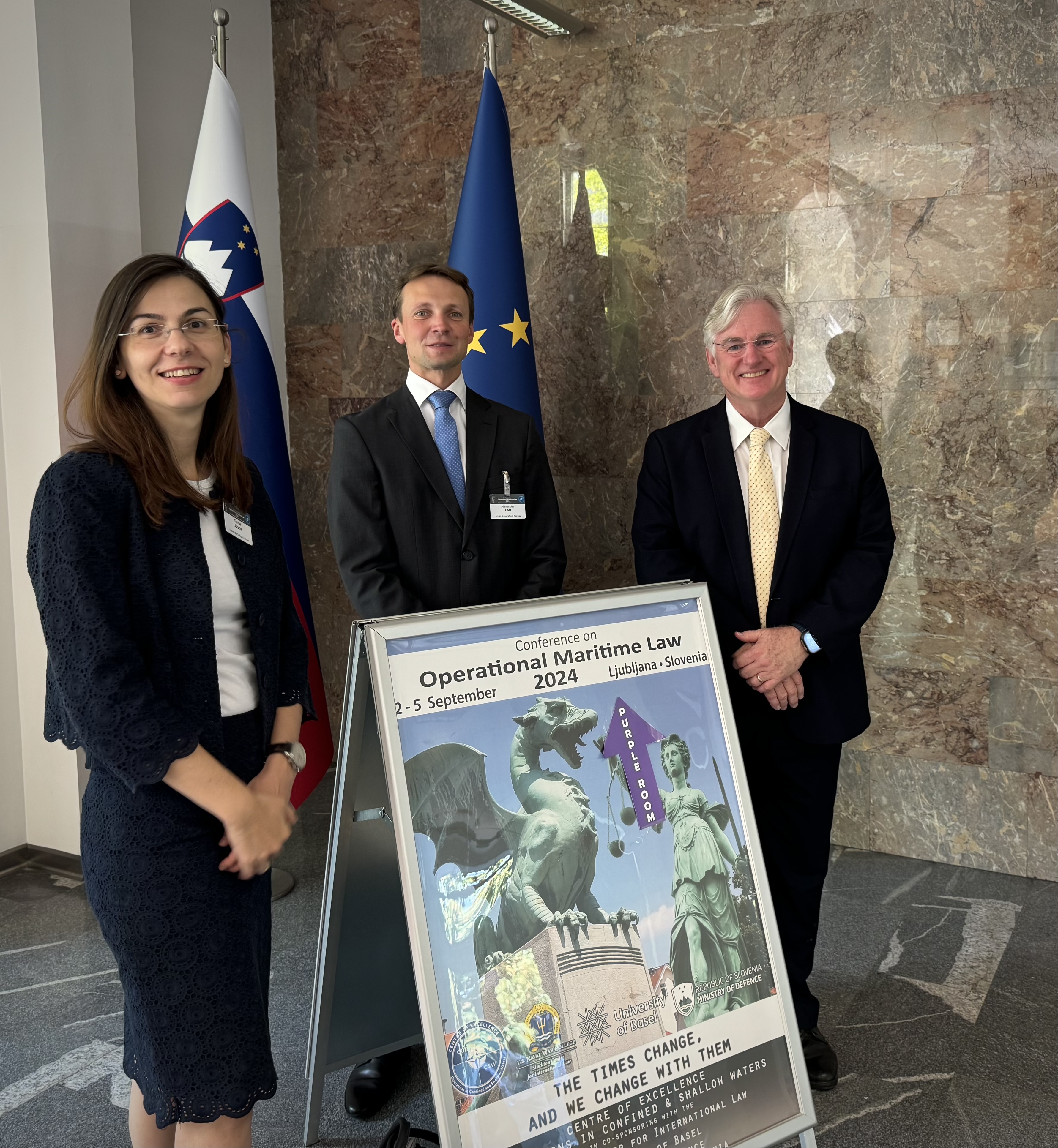
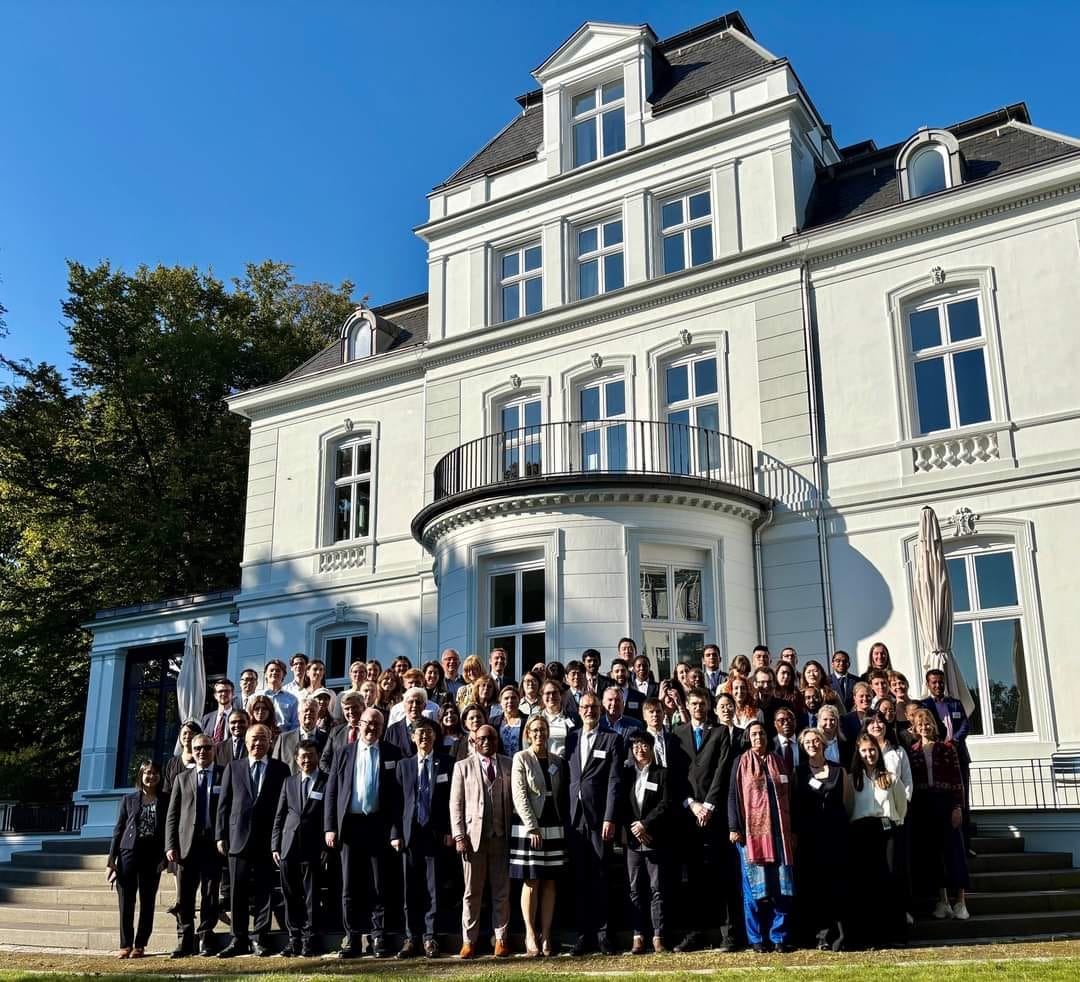
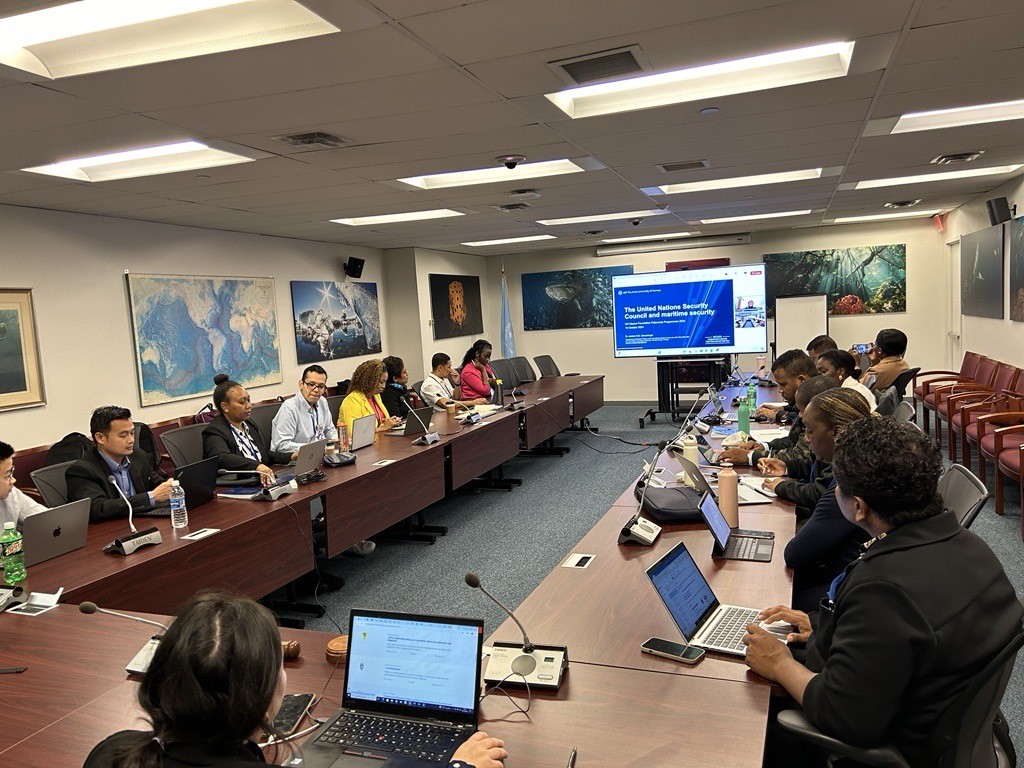
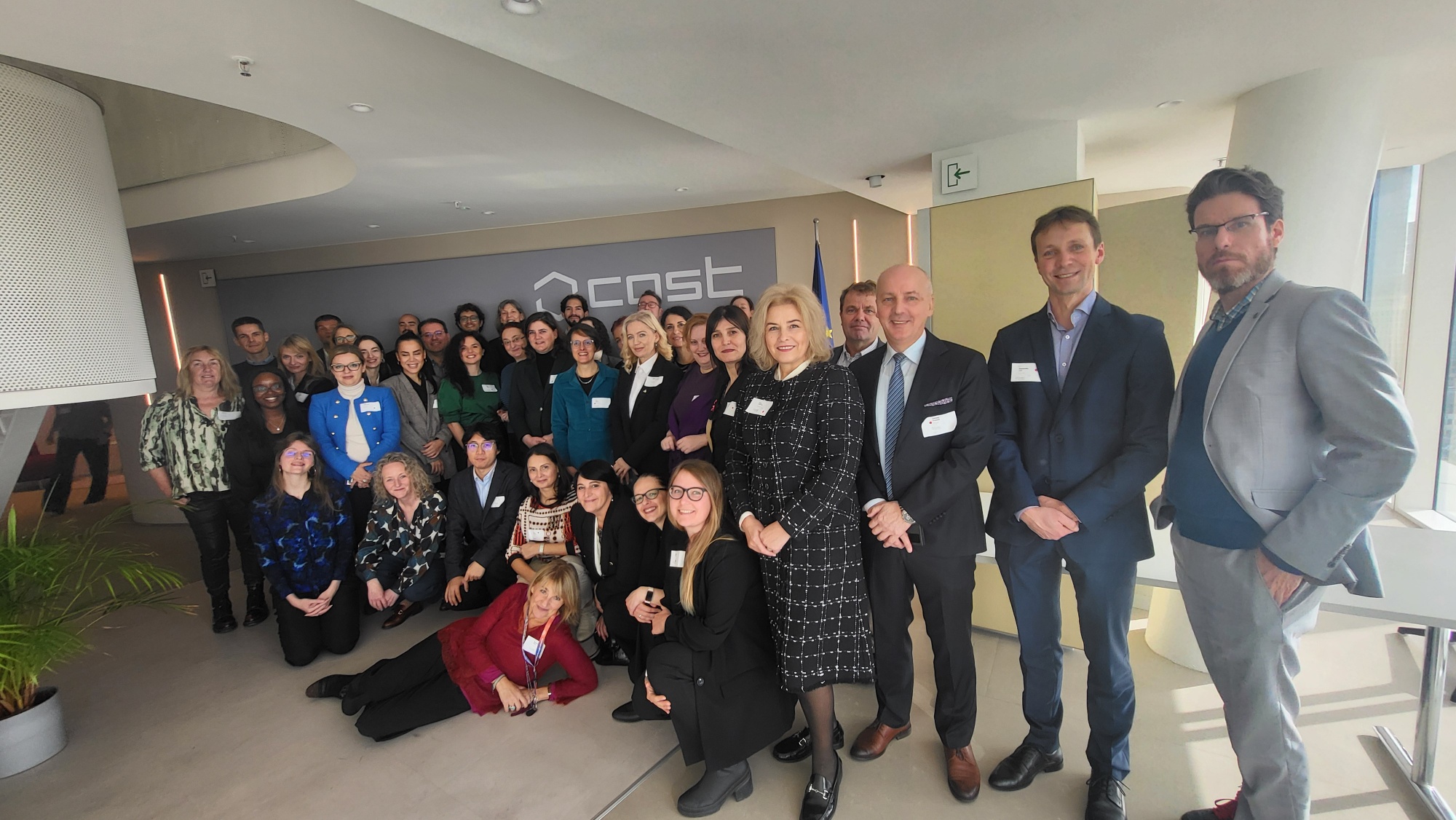
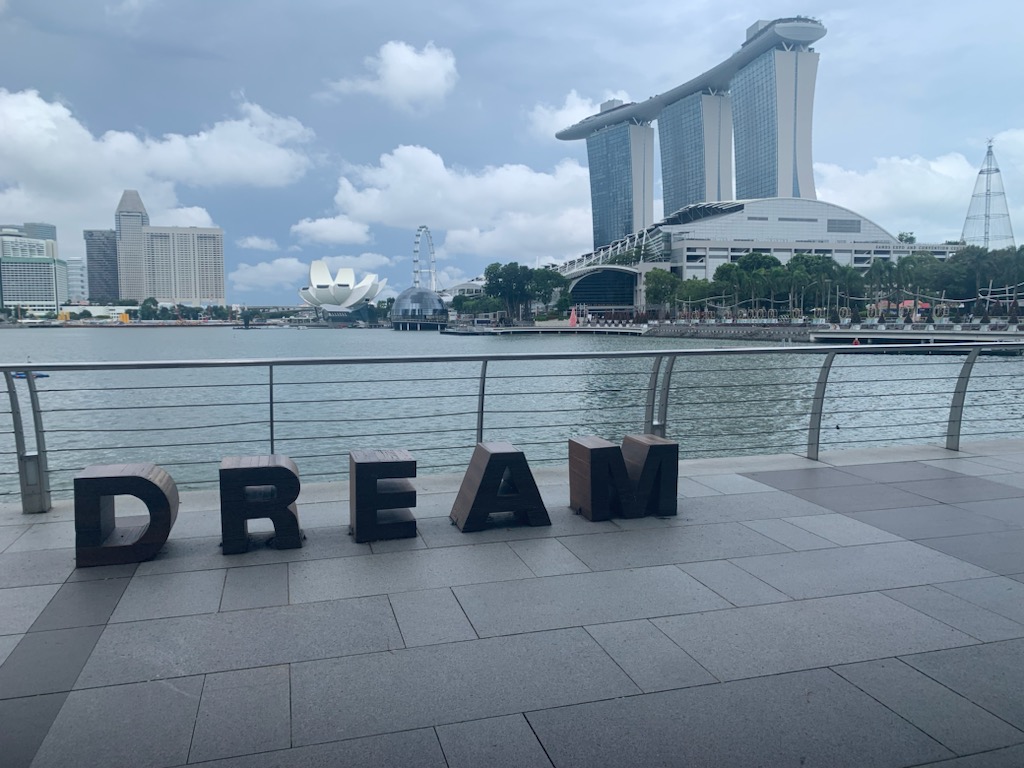 Later in November an NCLOS delegation visited Singapore, in the context of an ongoing cooperation with the Centre for International Law at the National University of Singapore (CIL). NCLOS co-organized a joint workshop together with the CIL. The workshop, held at the premises of the Royal Norwegian Embassy in Singapore, was titled "Protection of the Marine Environment and Shipping: Contemporary Challenges and New Approaches". You can read more about the program through the link:
Later in November an NCLOS delegation visited Singapore, in the context of an ongoing cooperation with the Centre for International Law at the National University of Singapore (CIL). NCLOS co-organized a joint workshop together with the CIL. The workshop, held at the premises of the Royal Norwegian Embassy in Singapore, was titled "Protection of the Marine Environment and Shipping: Contemporary Challenges and New Approaches". You can read more about the program through the link: 
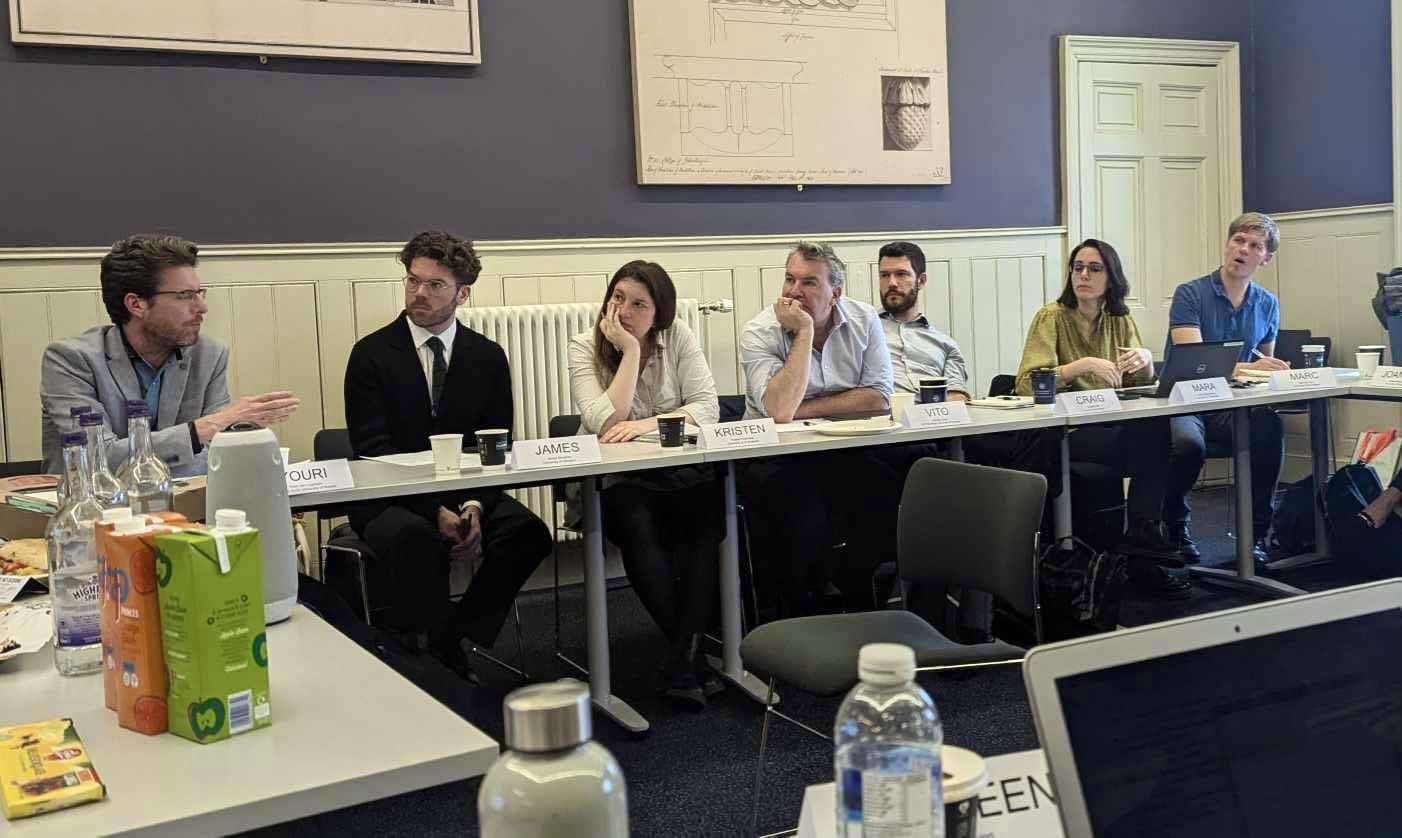
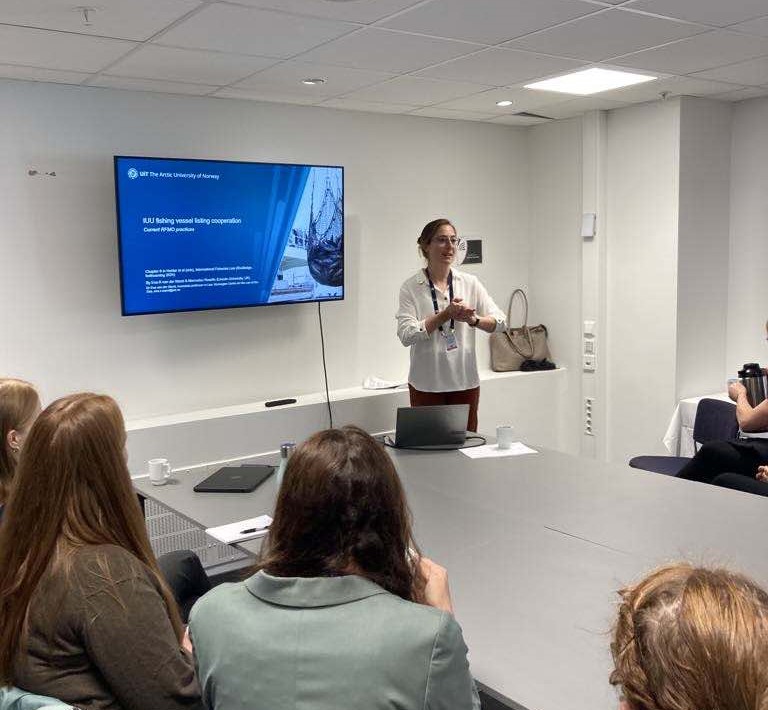
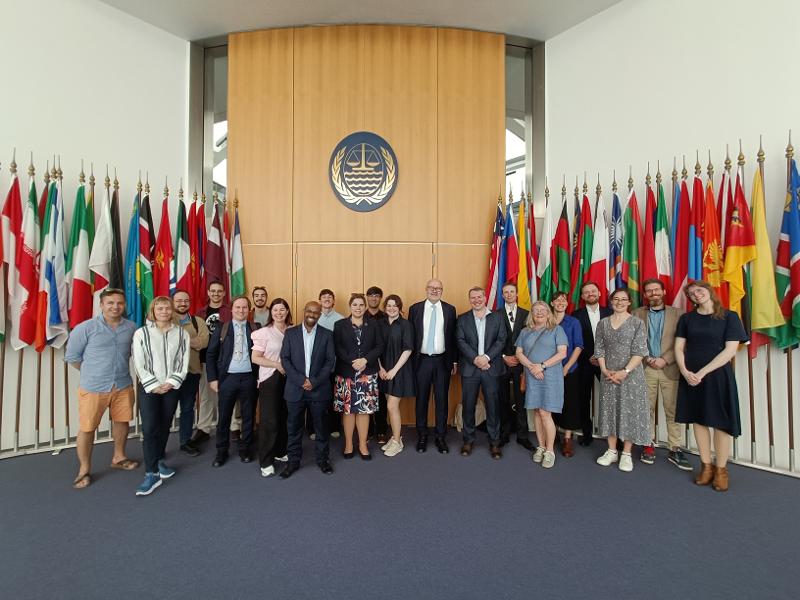
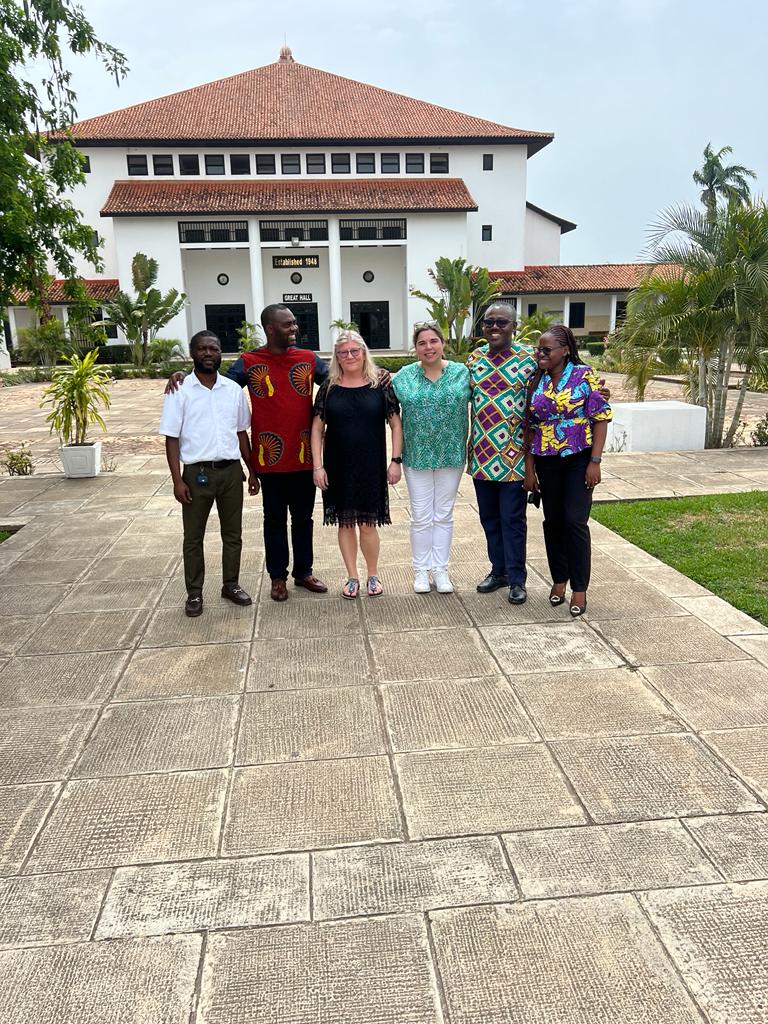 The purpose of this project is to build capacity in the teaching, research, and implementation of the law of the sea and ocean governance in Ghana, and to help establish a Centre for Ocean Governance at the University of Ghana.
The purpose of this project is to build capacity in the teaching, research, and implementation of the law of the sea and ocean governance in Ghana, and to help establish a Centre for Ocean Governance at the University of Ghana. 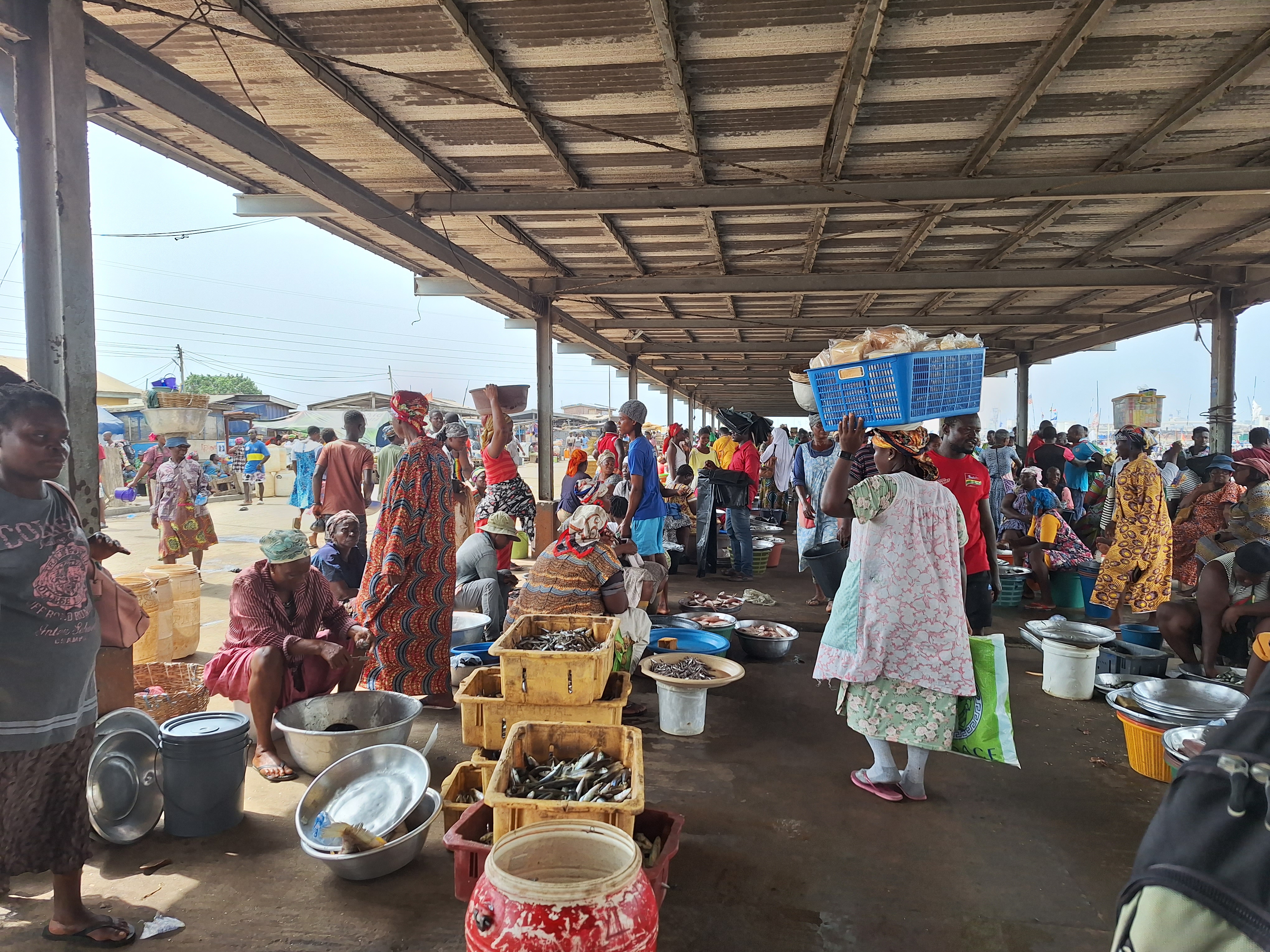 Maria and Christin also had the opportunity to visit Ghana's Fisheries Enforcement Unit and the fish market in Accra where they learnt more about Ghana's challenges with the management of living marine resources, and about the role of communities and women in particular within the fisheries sector.
Maria and Christin also had the opportunity to visit Ghana's Fisheries Enforcement Unit and the fish market in Accra where they learnt more about Ghana's challenges with the management of living marine resources, and about the role of communities and women in particular within the fisheries sector. 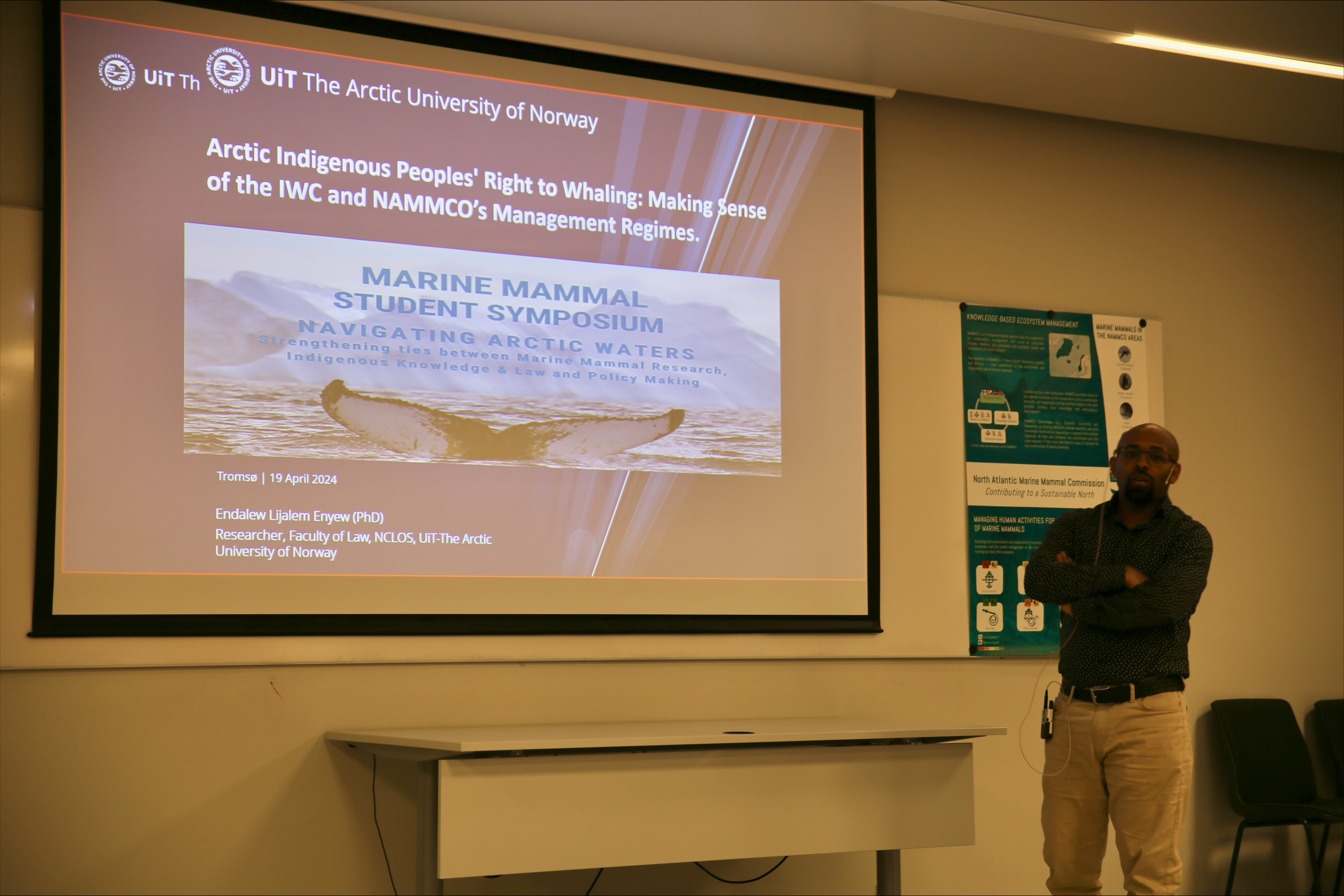 On 19th of April
On 19th of April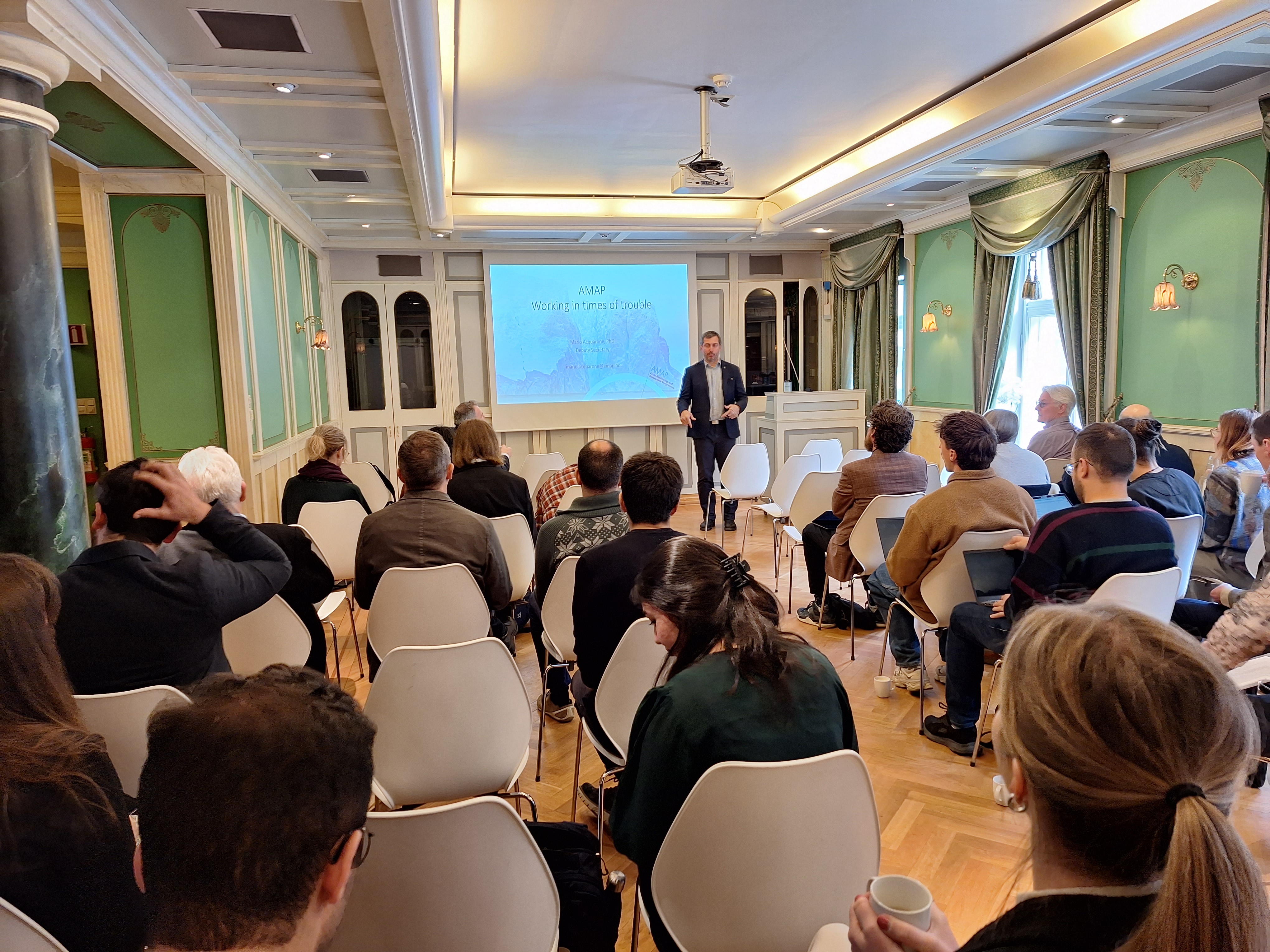 A special thank you to our project partners; Aldo Chircop, Schulich School of Law, Dalhousie University, Beatriz Martinez Romera, Centre for Climate Change Law and Governance (CLIMA), University of Copenhagen, Fiammetta Borgia, Univeristy of Rome II “Tor Vergata”, Henry Jones, University of Durham, Geir Hønneland, FNI and Timo Koivurova, Arctic Center, University of Lapland is certainly worth mentioning.
A special thank you to our project partners; Aldo Chircop, Schulich School of Law, Dalhousie University, Beatriz Martinez Romera, Centre for Climate Change Law and Governance (CLIMA), University of Copenhagen, Fiammetta Borgia, Univeristy of Rome II “Tor Vergata”, Henry Jones, University of Durham, Geir Hønneland, FNI and Timo Koivurova, Arctic Center, University of Lapland is certainly worth mentioning.  Associate Professor Maria Madalena Neves, Professor
Associate Professor Maria Madalena Neves, Professor 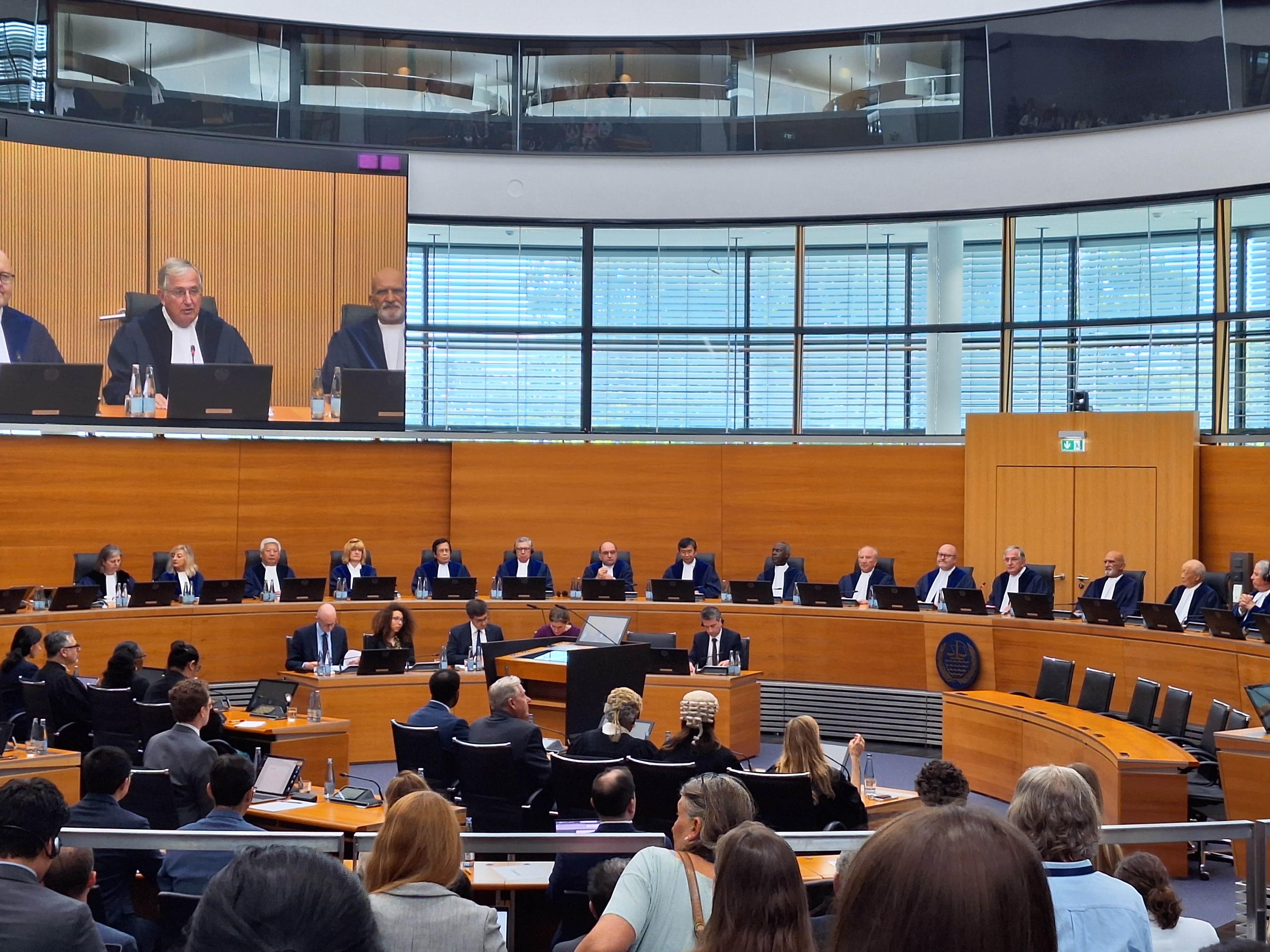 On the same day the International Tribunal for the Law of the Sea delivered its Advisory Opinion on oceans and climate change, on the basis of a request submitted to it by the Commission of Small Island States on Climate Change andInternational Law. NCLOS staff attended the historical sitting, as part of its annual study tour. In the rich opinion, 153 pages long, the Tribunal addressed the questions posed to it comprehensively, outlining key dimensions of the responsibilities of States for the protection and preservation of the marine environment from the impacts of climate change. Additionally, it is worth mentioning that one of NCLOS PhD students, Bas Klerk, had contributed to the drafting of the written submission to the proceedings of the International Union for the Conservation of Nature (IUCN).
On the same day the International Tribunal for the Law of the Sea delivered its Advisory Opinion on oceans and climate change, on the basis of a request submitted to it by the Commission of Small Island States on Climate Change andInternational Law. NCLOS staff attended the historical sitting, as part of its annual study tour. In the rich opinion, 153 pages long, the Tribunal addressed the questions posed to it comprehensively, outlining key dimensions of the responsibilities of States for the protection and preservation of the marine environment from the impacts of climate change. Additionally, it is worth mentioning that one of NCLOS PhD students, Bas Klerk, had contributed to the drafting of the written submission to the proceedings of the International Union for the Conservation of Nature (IUCN).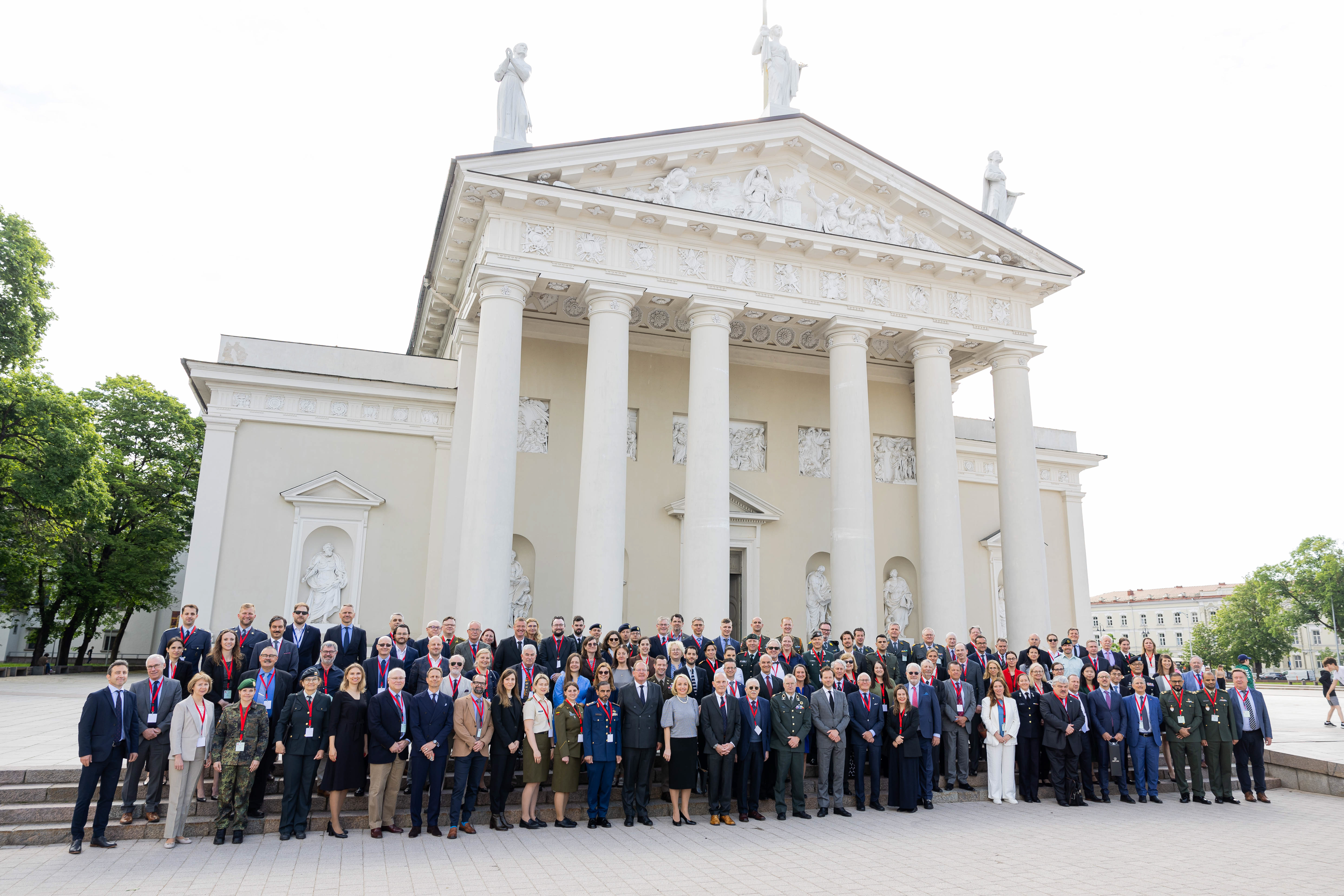 On 23rd and 24th of May Professor
On 23rd and 24th of May Professor 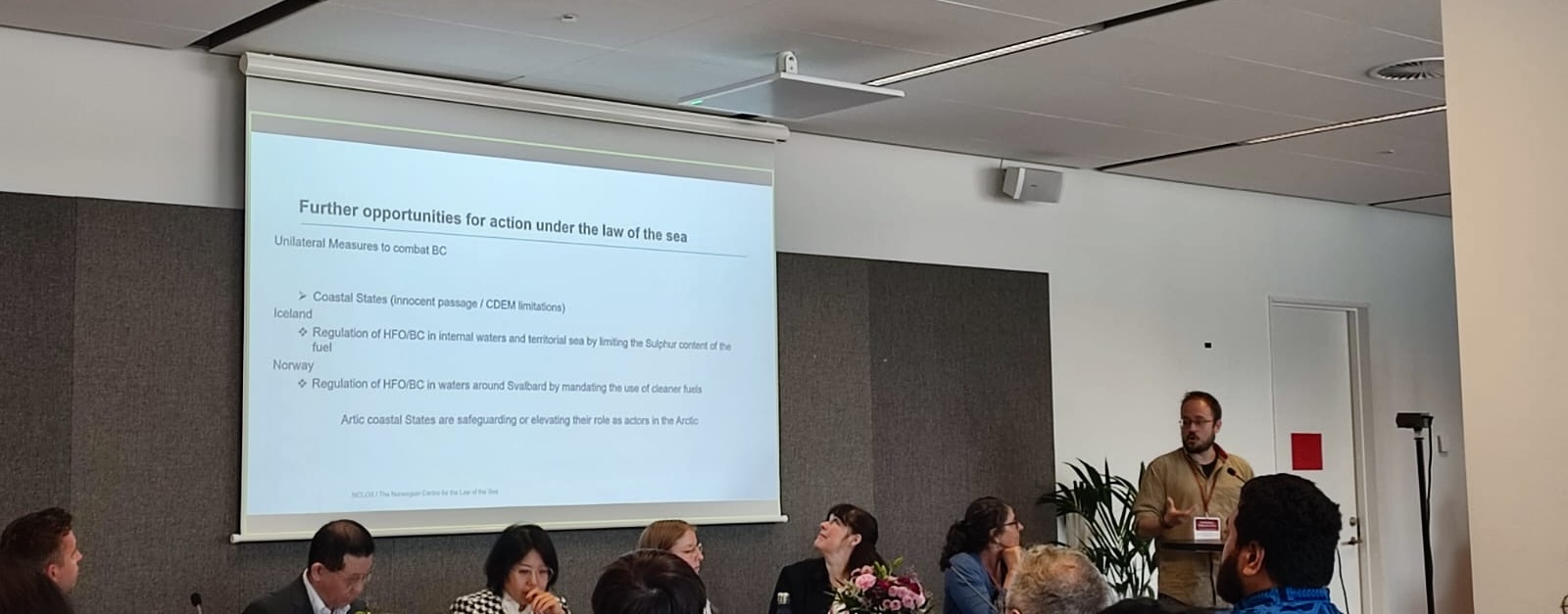 The InterAct Conference aimed to explore current developments in the regulation of shipping related climate impacts, including the law-making processes at theinternational level, the role of actors and the implementation and enforcement of regulatory outcomes. In this regard, Jan’s and Konstantinos’ presentation focused on the regulation of Black Carbon emissions and how this issue not only creates a pathway out of the crisis Arctic Governance faces, but also contributes to mitigating the effects of climate change.
The InterAct Conference aimed to explore current developments in the regulation of shipping related climate impacts, including the law-making processes at theinternational level, the role of actors and the implementation and enforcement of regulatory outcomes. In this regard, Jan’s and Konstantinos’ presentation focused on the regulation of Black Carbon emissions and how this issue not only creates a pathway out of the crisis Arctic Governance faces, but also contributes to mitigating the effects of climate change. 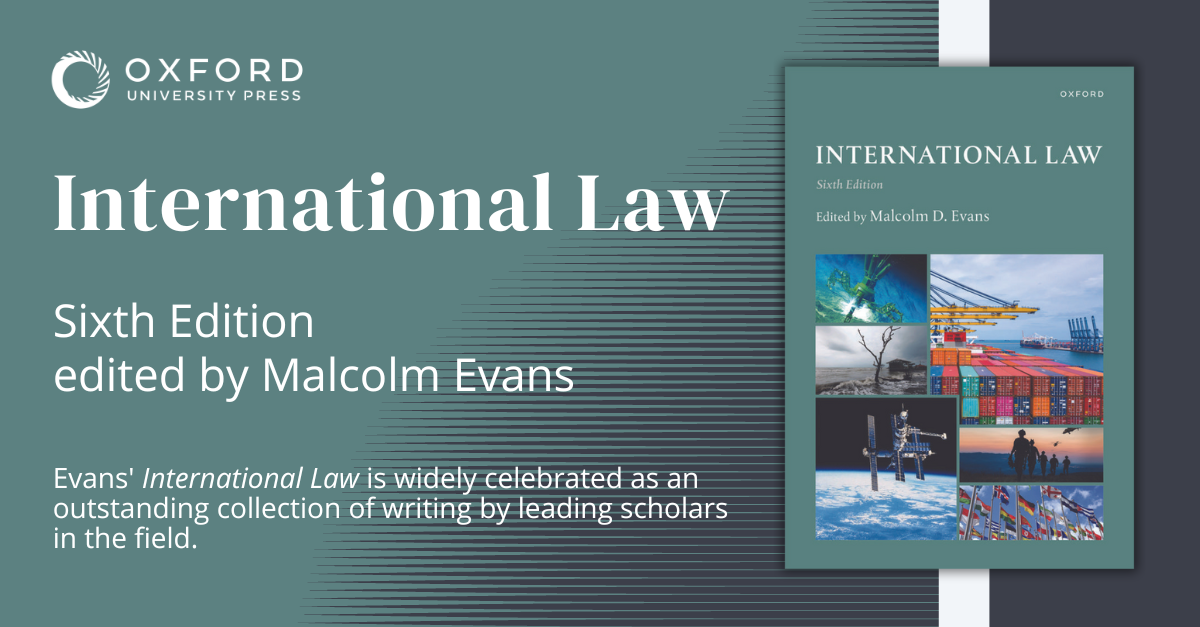 The new edition of Evans’ International Law is out where Associate Professor Eva R van der Marel and Professor Catherine Redgwell of University of Oxford wrote Chapter 23 on “International Environmental Law”.
The new edition of Evans’ International Law is out where Associate Professor Eva R van der Marel and Professor Catherine Redgwell of University of Oxford wrote Chapter 23 on “International Environmental Law”. 

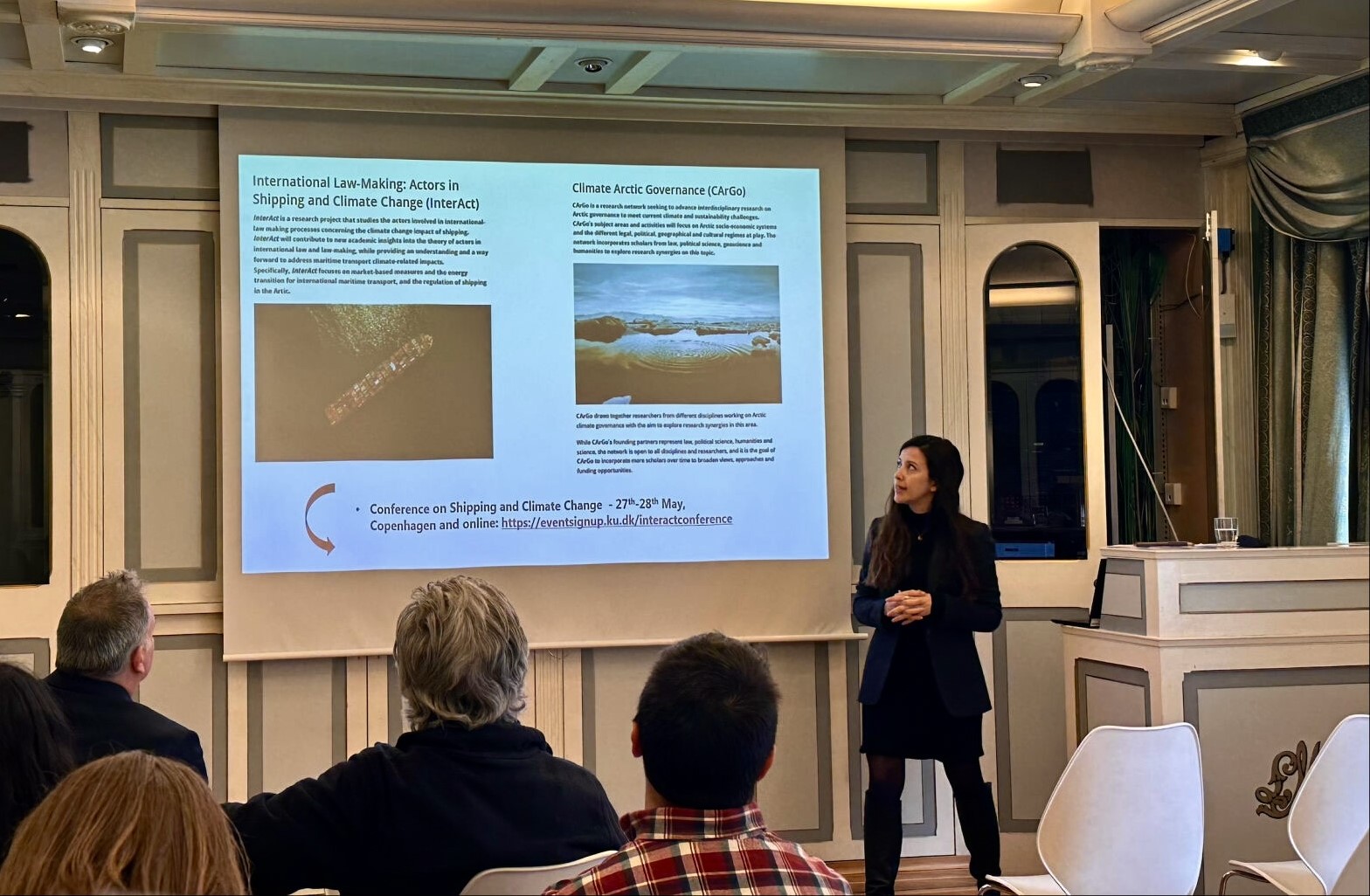
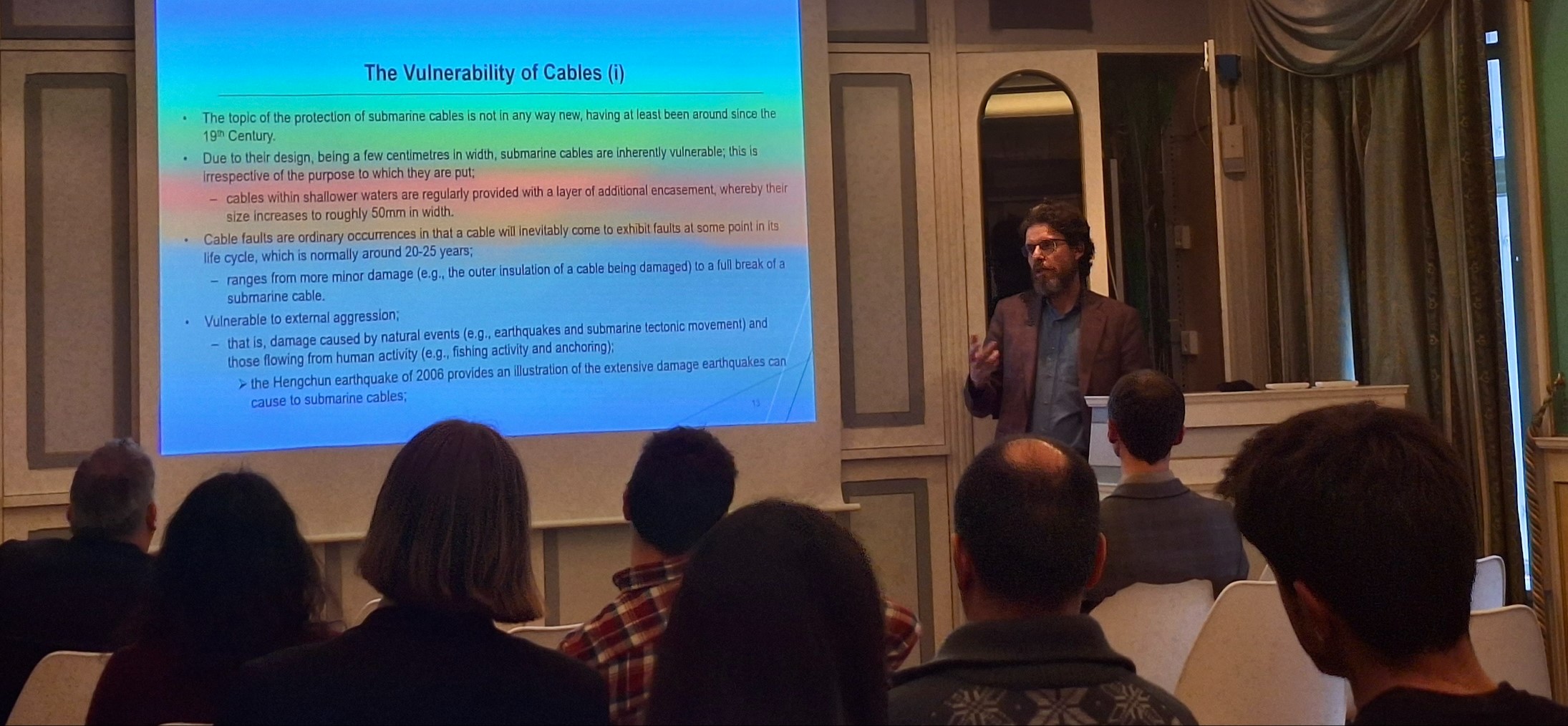
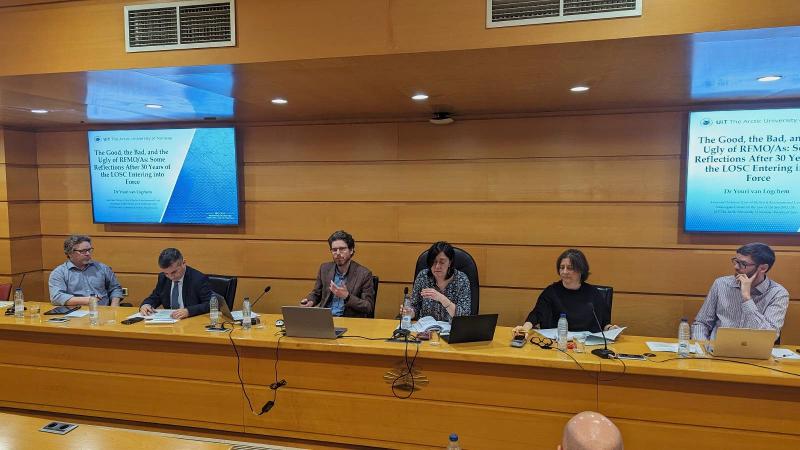
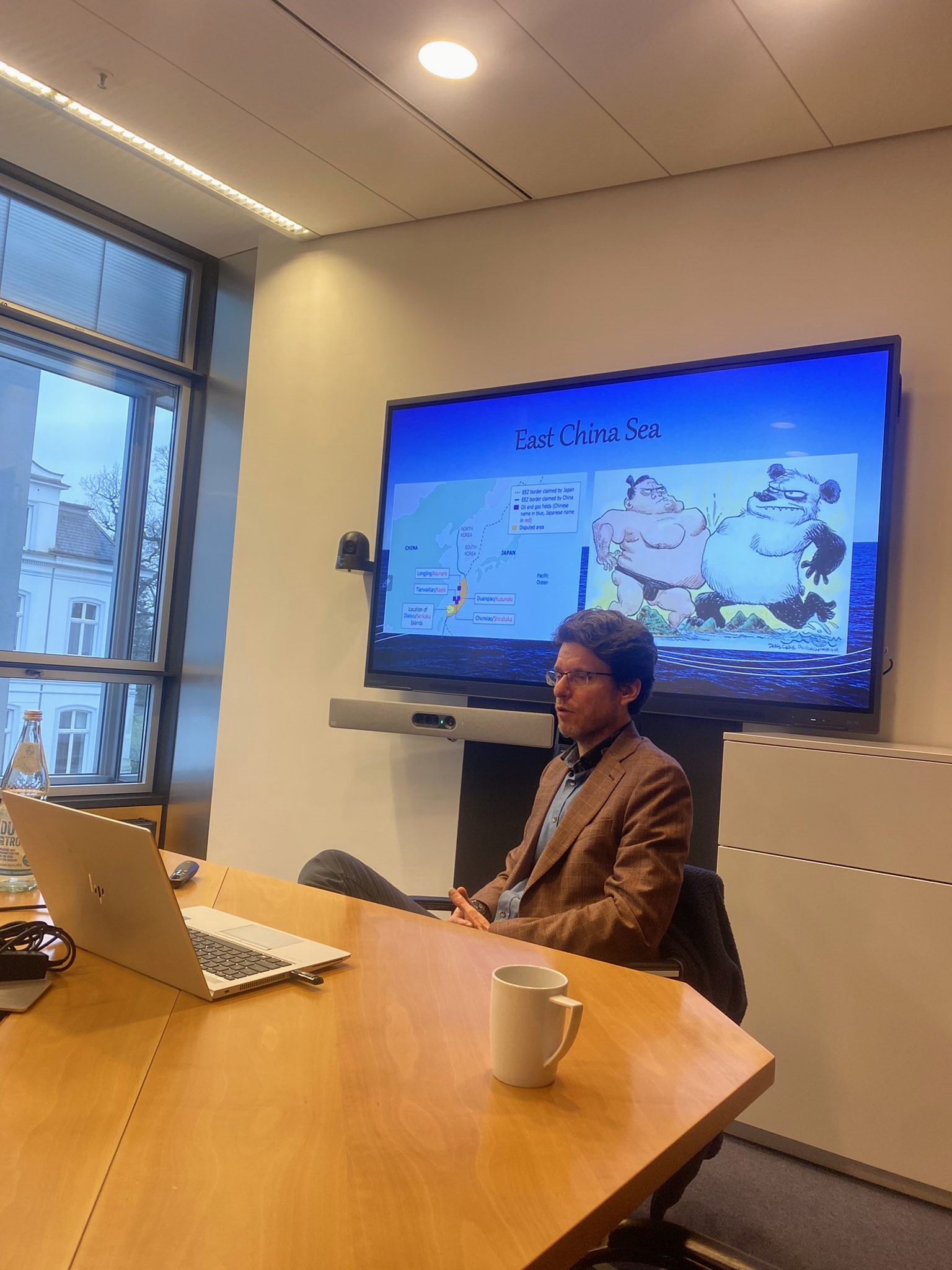
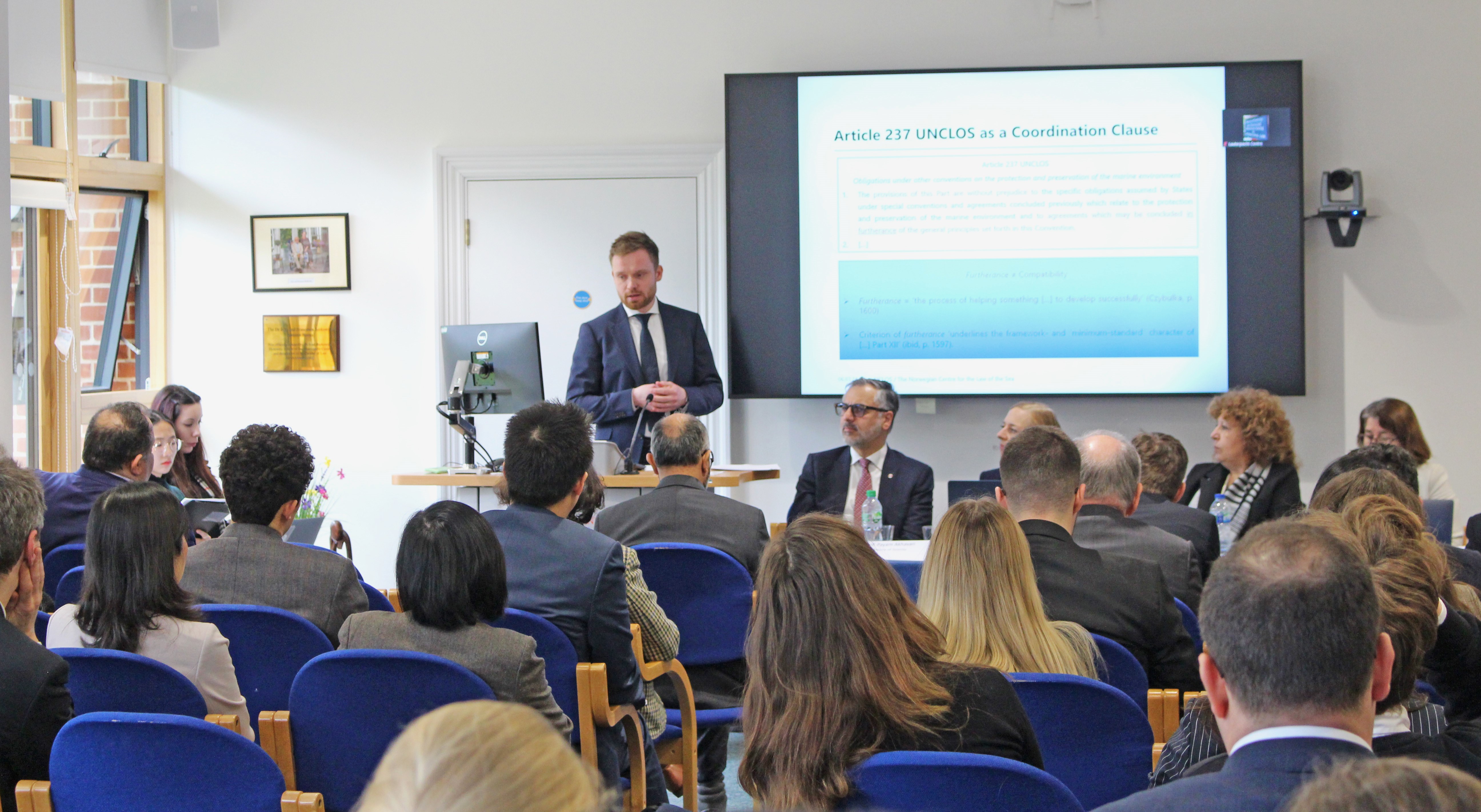
 Endalew introducing his event the Arctic Frontiers conference. Photo: UiT
Endalew introducing his event the Arctic Frontiers conference. Photo: UiT







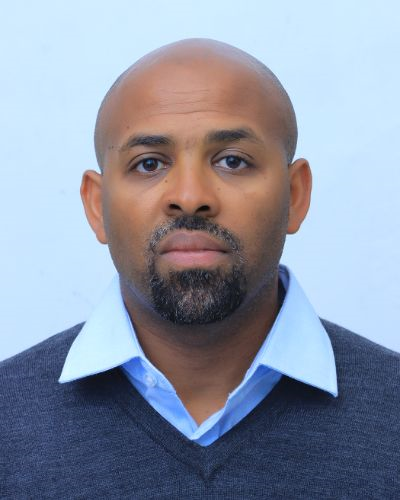
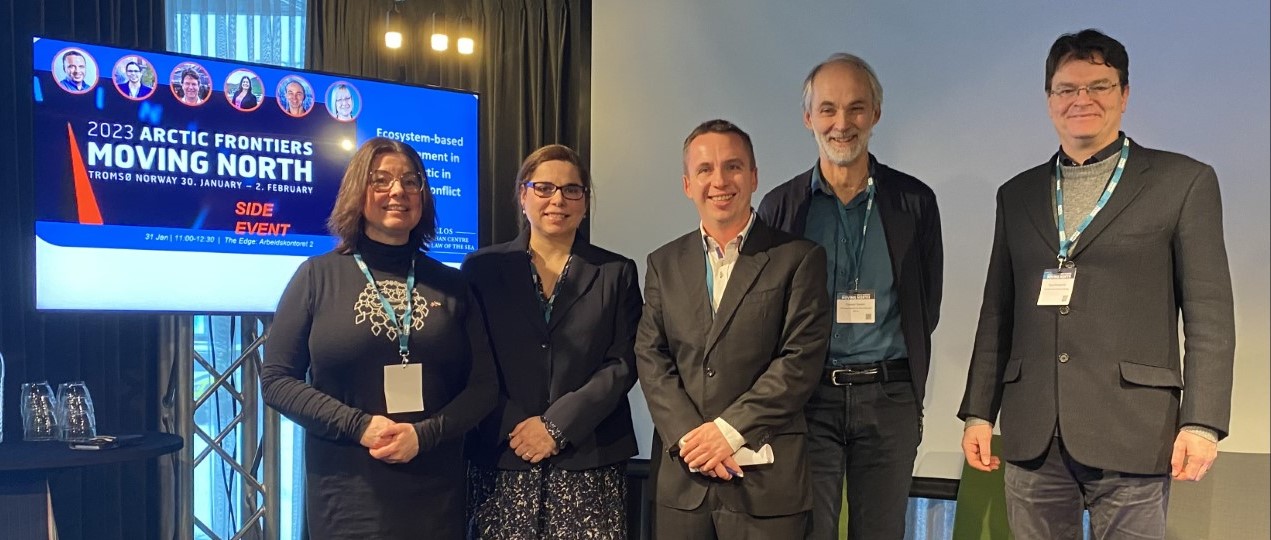

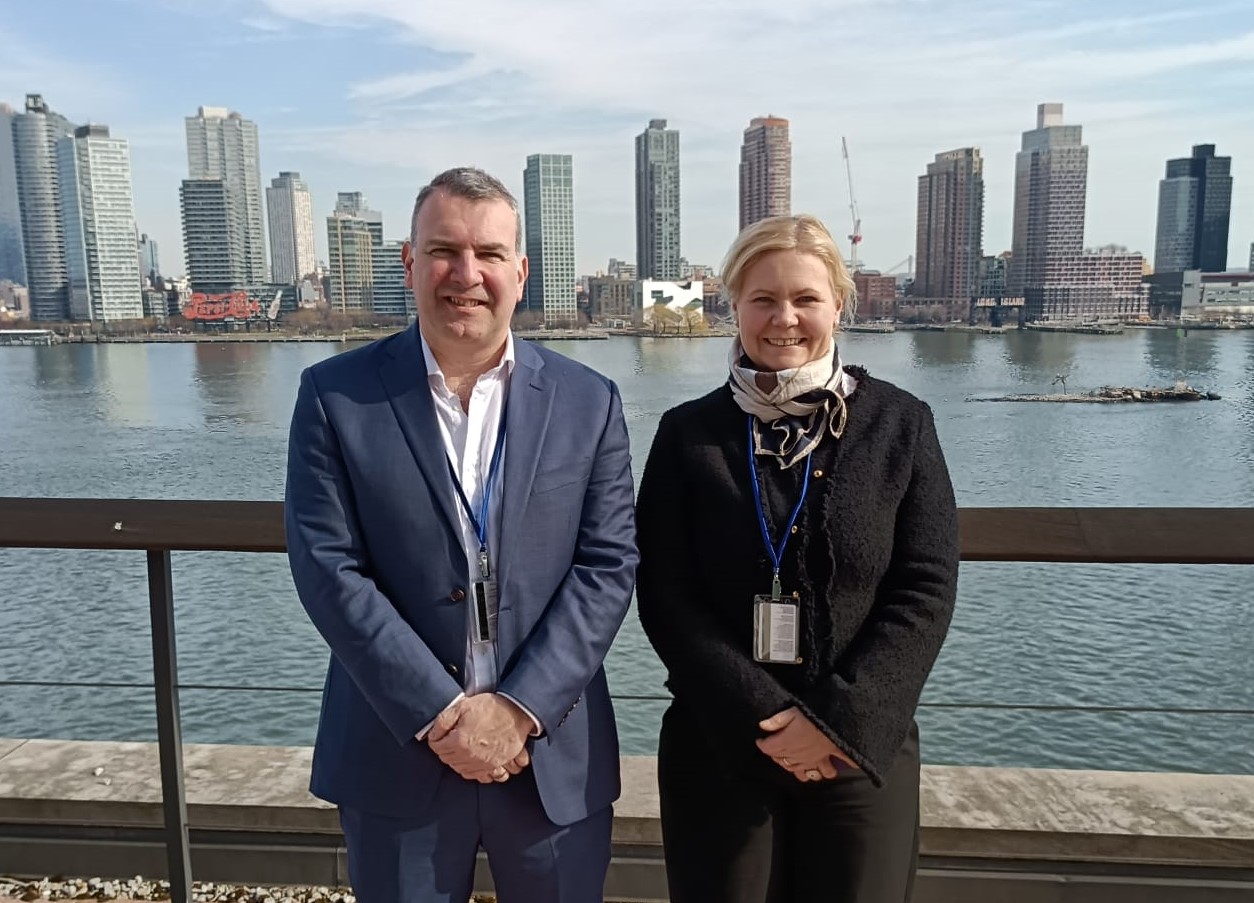
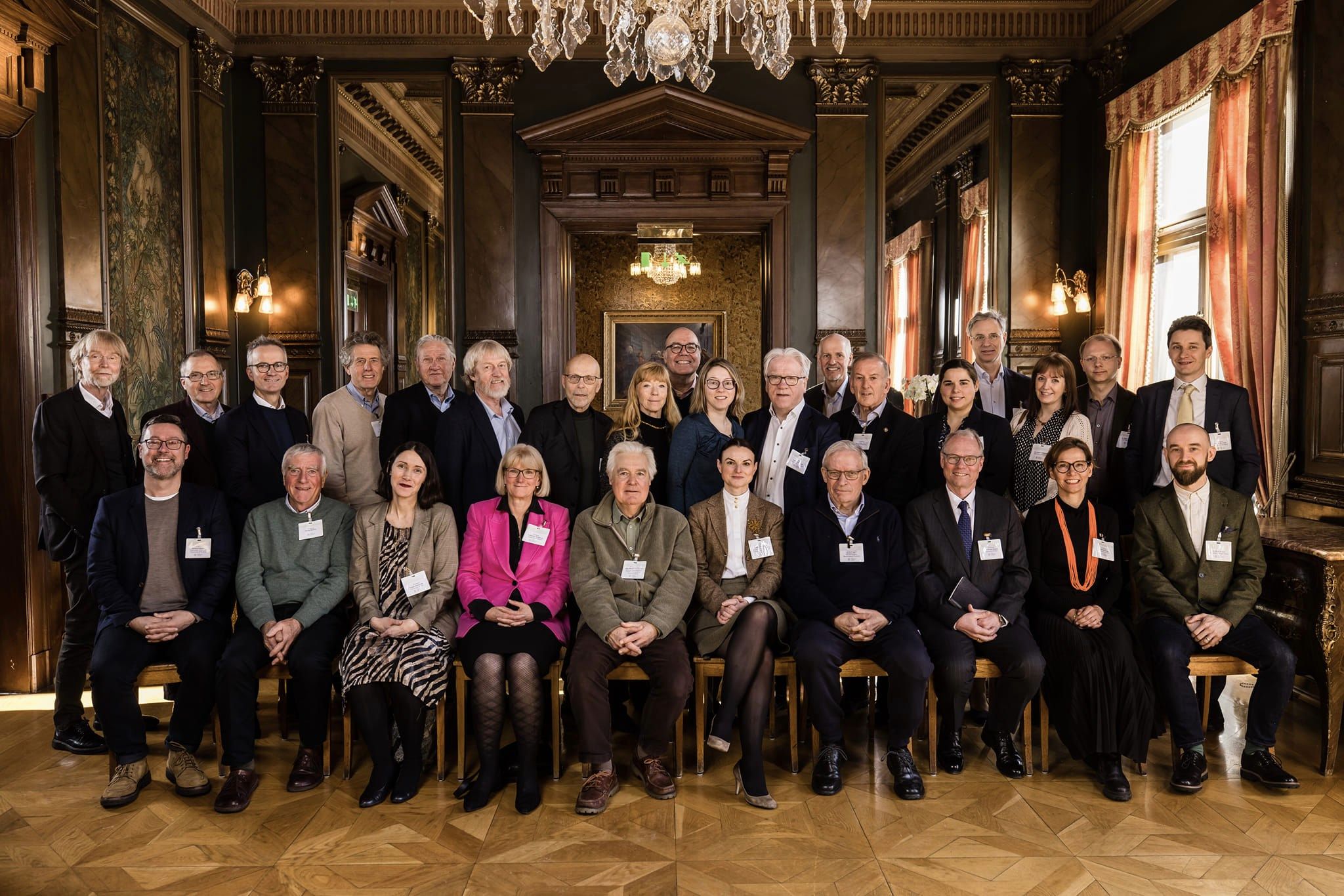
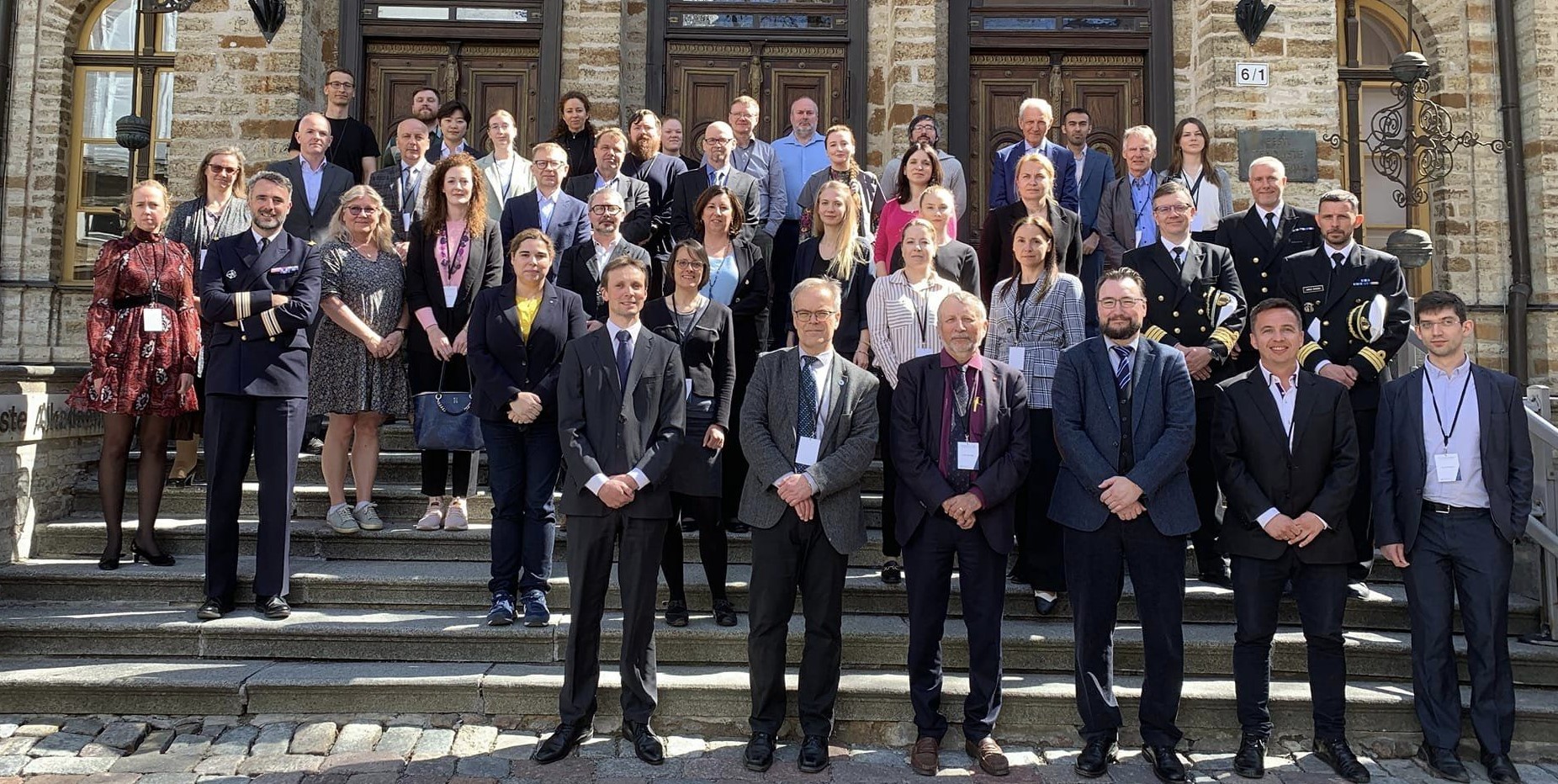
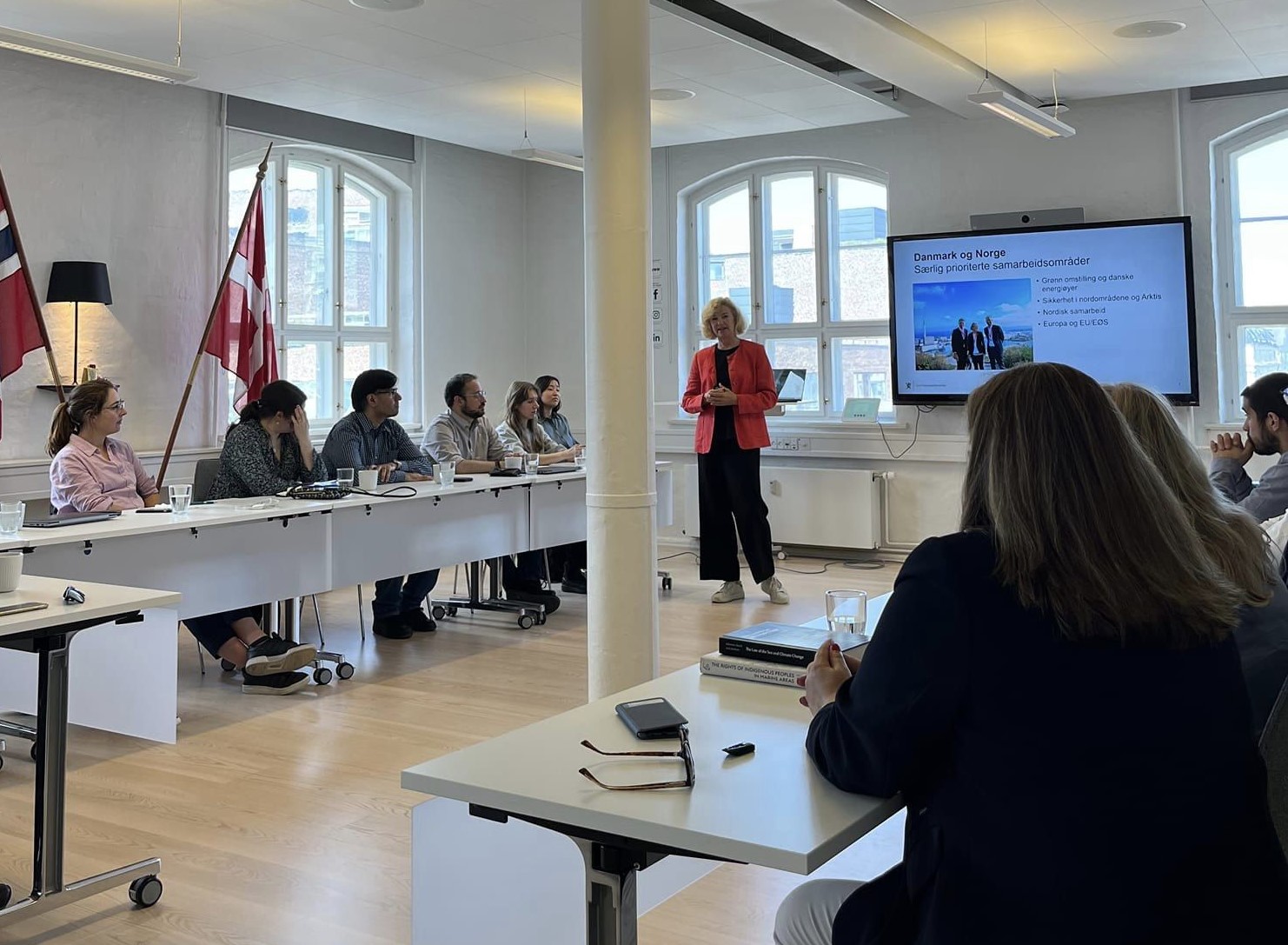
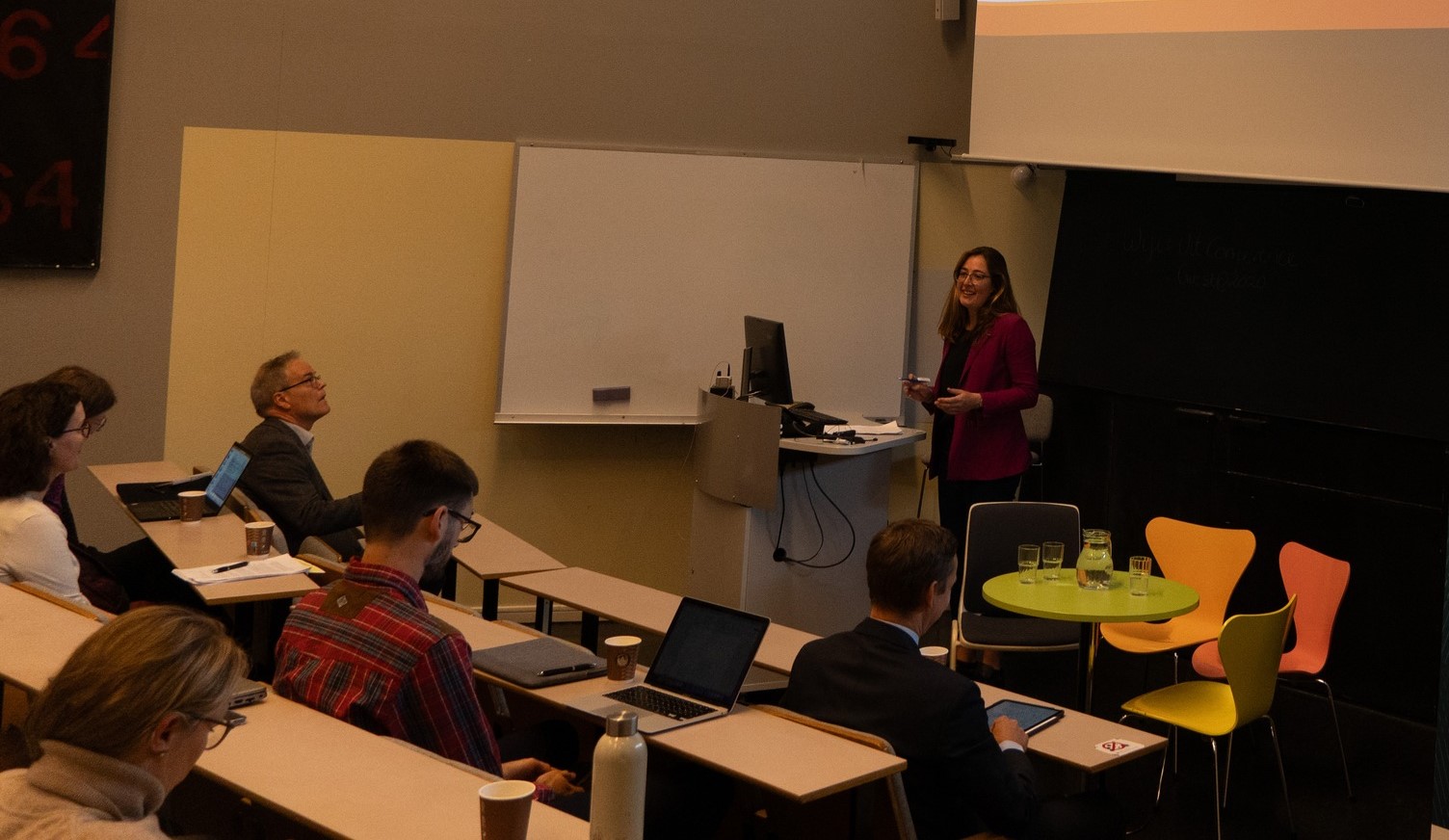
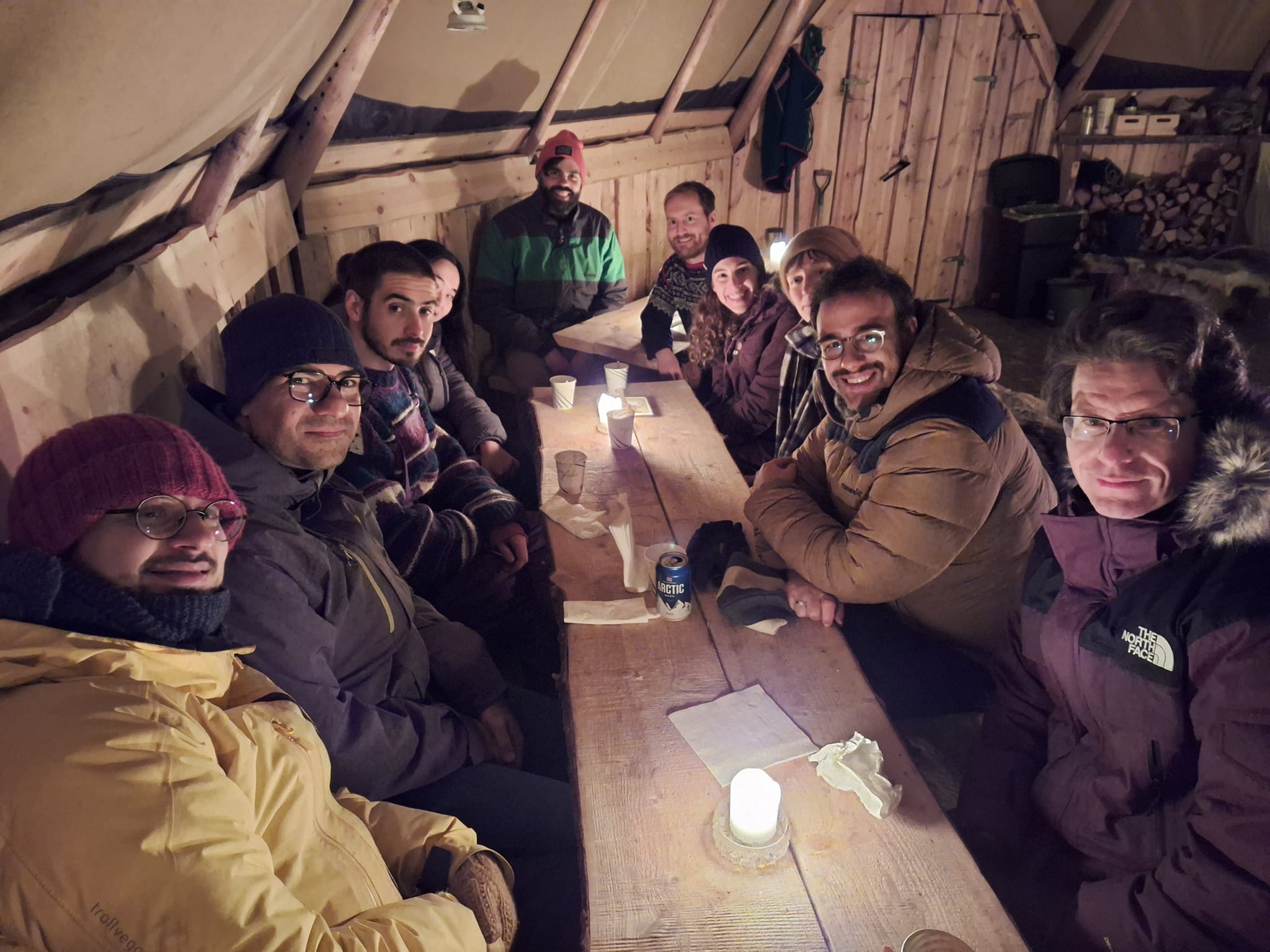
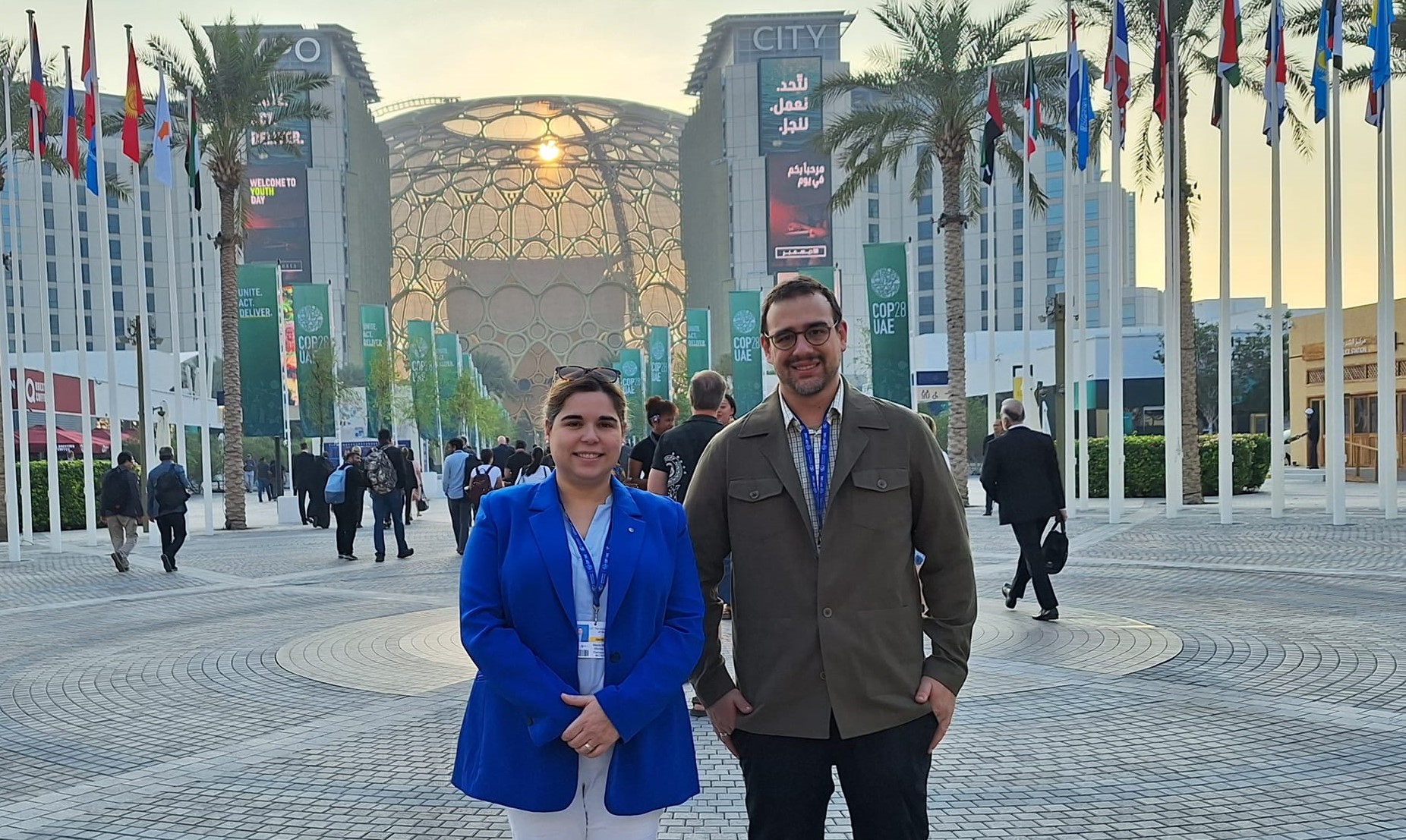

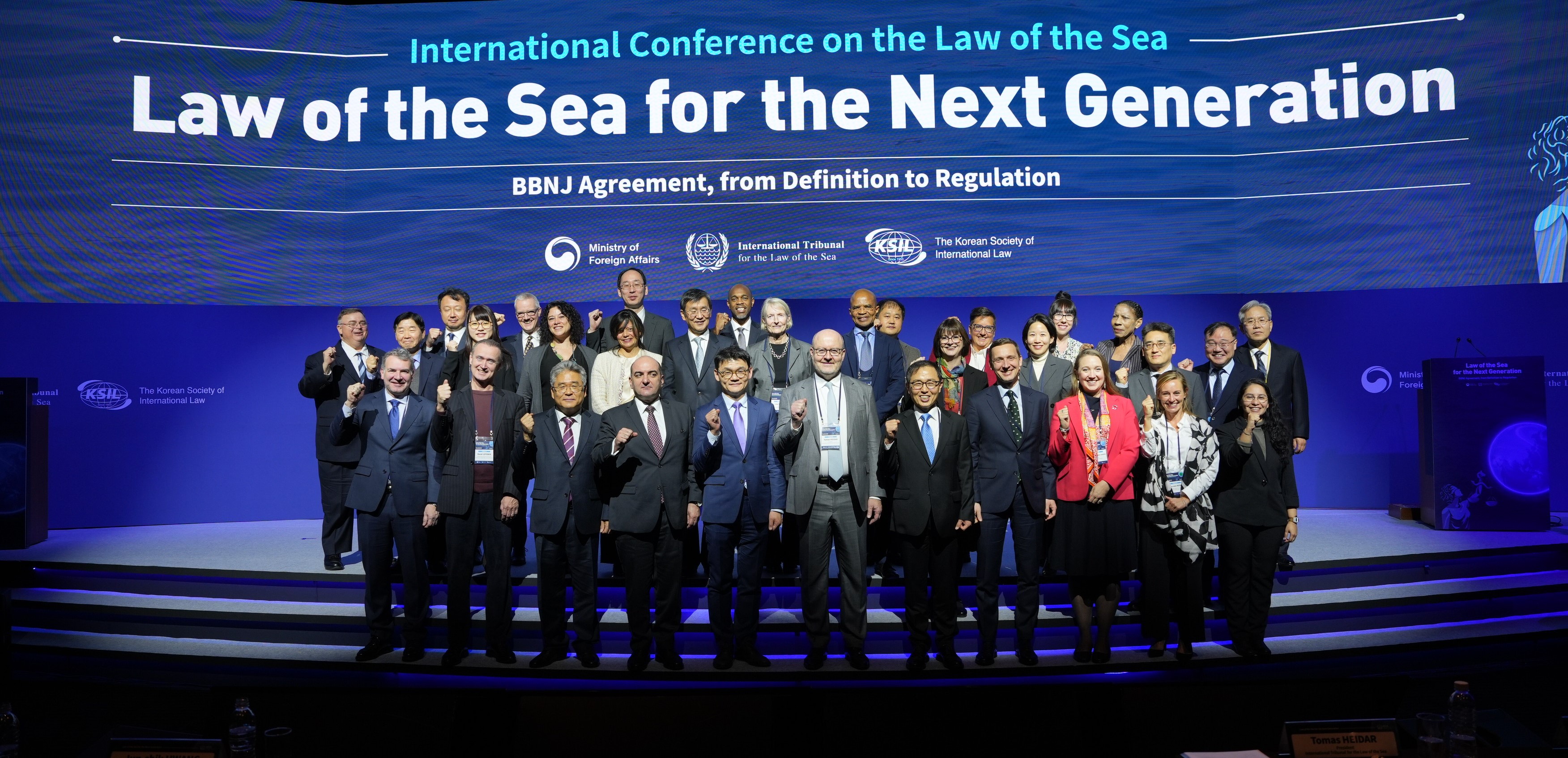

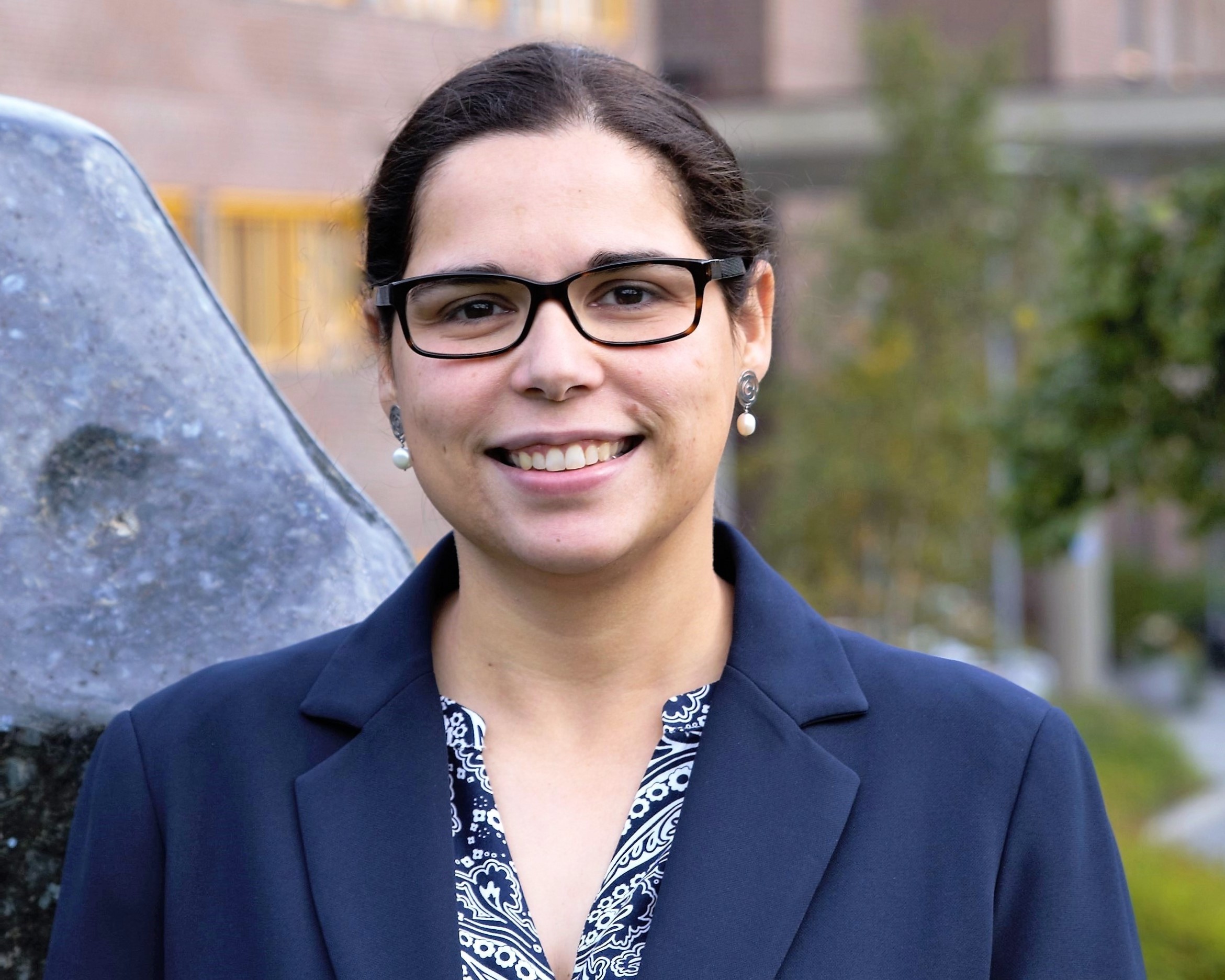
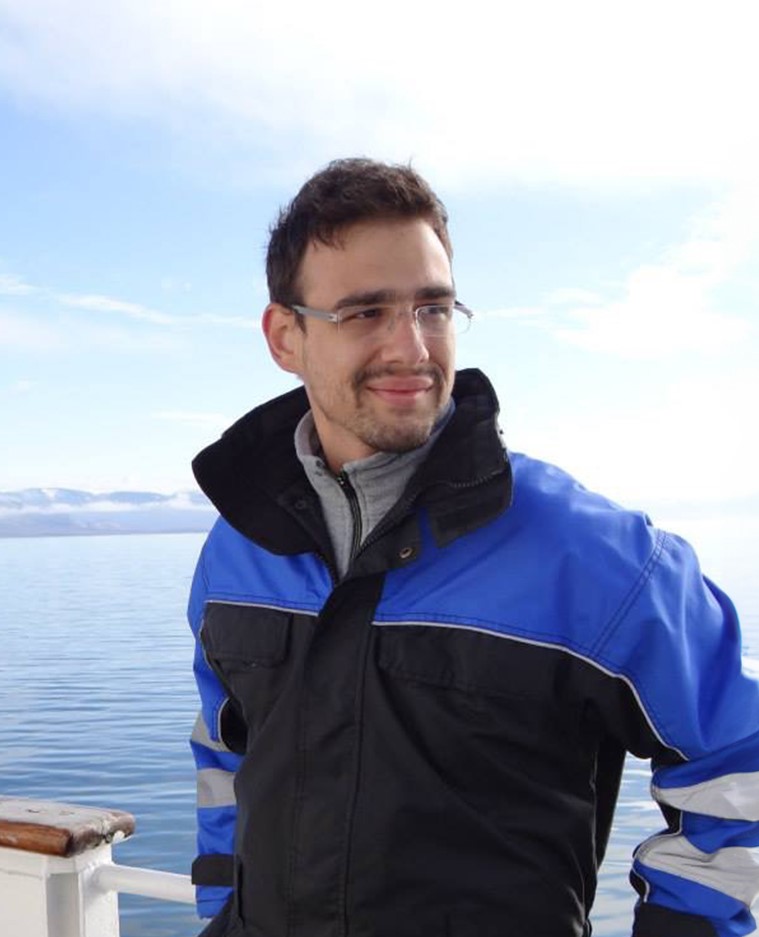

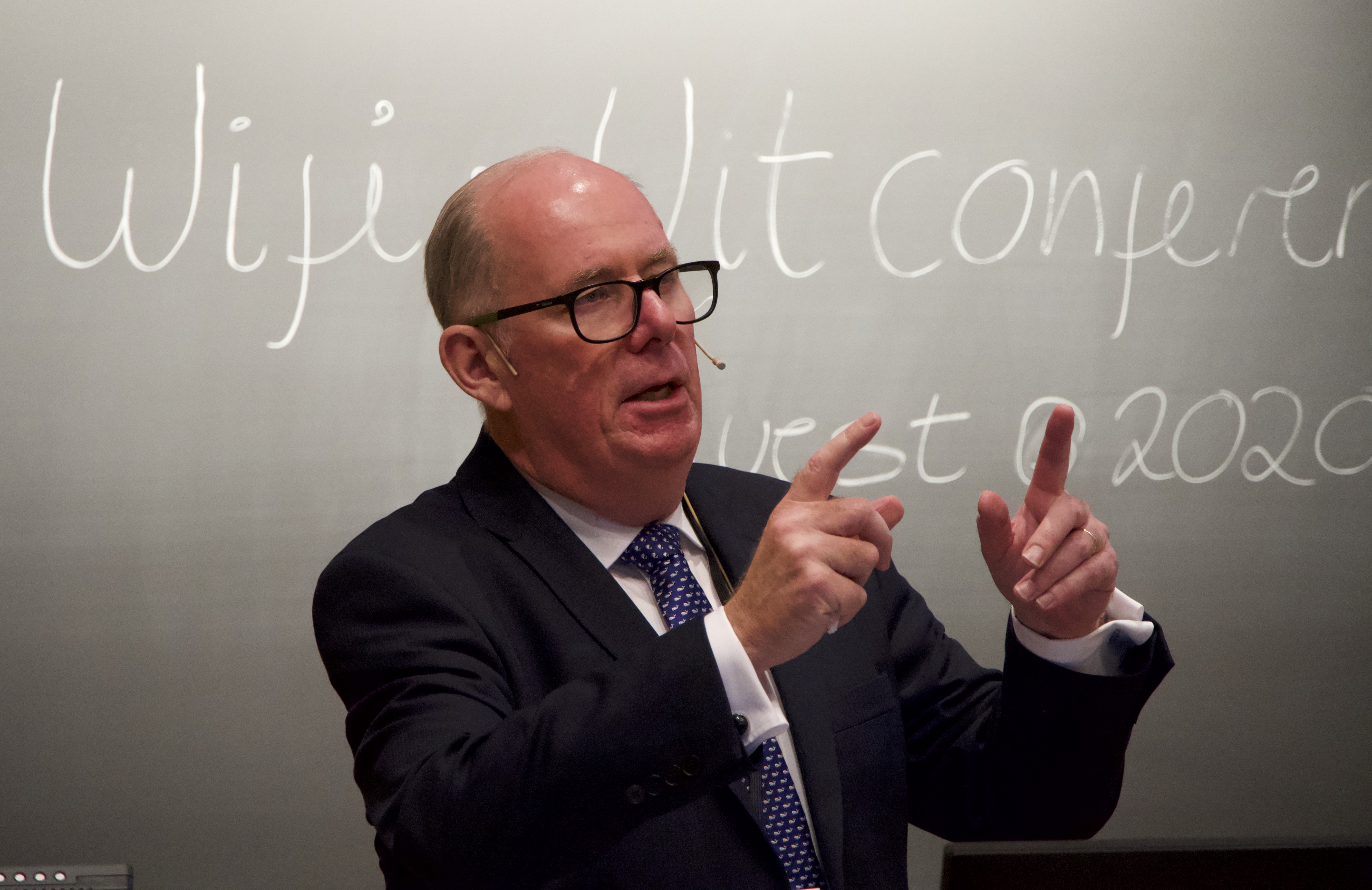



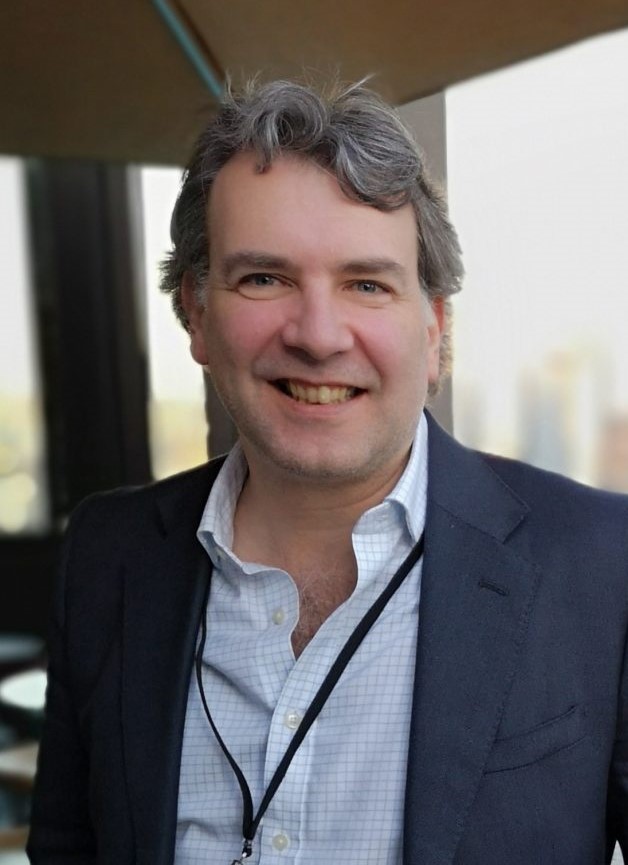





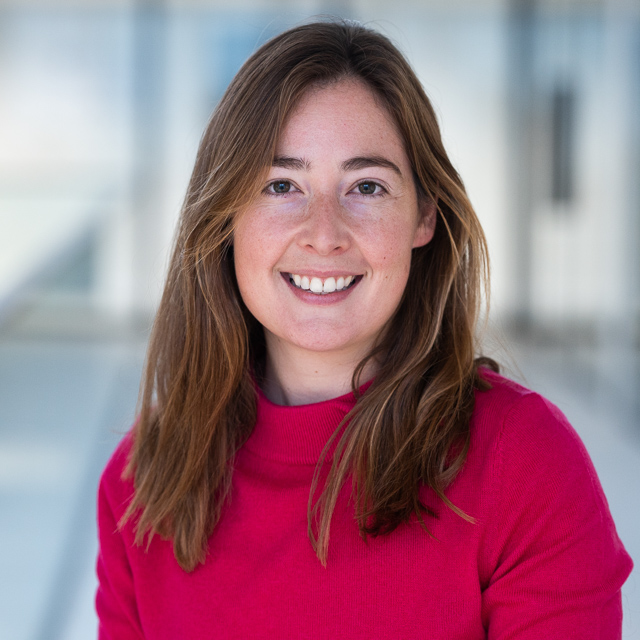



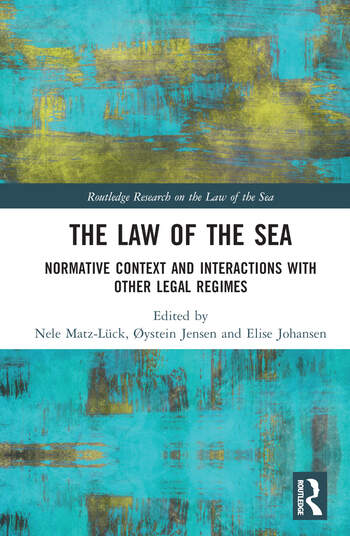
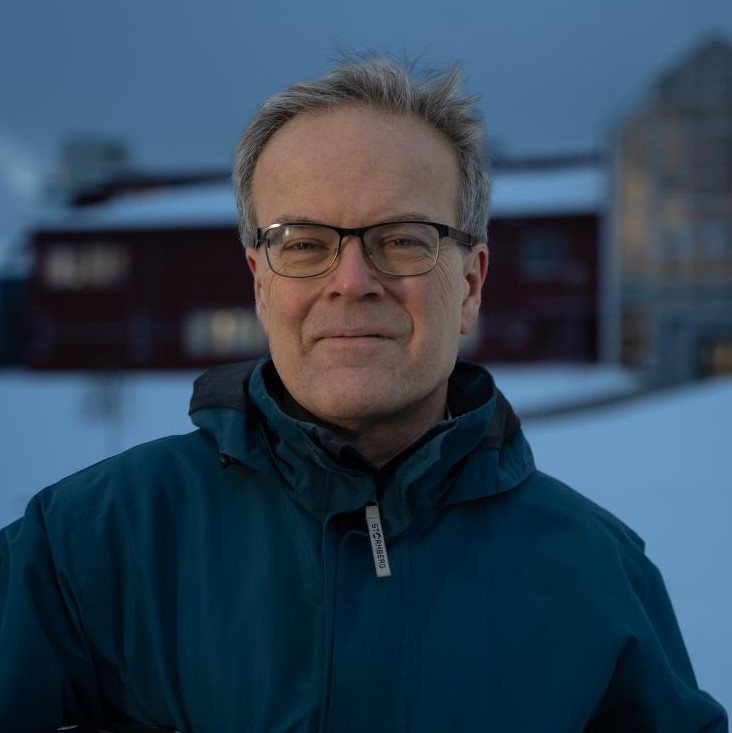
 Hybrid Threats and the Law of the Sea debates the practice of states that have resorted to discriminatory navigational restrictions or aggression against foreign ships and aircraft in densely navigated straits. The book explores both widely acknowledged and lesser-known maritime incidents that meet the characteristics of hybrid warfare or hybrid conflict. This research approaches hybrid threats from the perspective of the interrelationship between navigational restrictions, law enforcement, armed attack, and the legal regime of straits. It provides guidance for determining whether the rules of armed conflict or law enforcement are applicable to various naval incidents.
Hybrid Threats and the Law of the Sea debates the practice of states that have resorted to discriminatory navigational restrictions or aggression against foreign ships and aircraft in densely navigated straits. The book explores both widely acknowledged and lesser-known maritime incidents that meet the characteristics of hybrid warfare or hybrid conflict. This research approaches hybrid threats from the perspective of the interrelationship between navigational restrictions, law enforcement, armed attack, and the legal regime of straits. It provides guidance for determining whether the rules of armed conflict or law enforcement are applicable to various naval incidents.![Mathilde_bilde[12]cropped.jpg Mathilde Morel, doctoral research fellow holding a fish.](https://en.uit.no/Content/768804/cache=1648019534000/Mathilde_bilde%5B12%5Dcropped.jpg) Mathilde Morel, doctoral research fellow holding a fish. Photo: PrivateAlthough it may seem so based on the headline, you have not strayed into the websites of the Faculty of Biosciences, Fisheries and Economics. We have met
Mathilde Morel, doctoral research fellow holding a fish. Photo: PrivateAlthough it may seem so based on the headline, you have not strayed into the websites of the Faculty of Biosciences, Fisheries and Economics. We have met  Alexander Lott, postdoc at NCLOS. Photo: UiT
Alexander Lott, postdoc at NCLOS. Photo: UiT
![OCLE Newsletter bb (1) [2].png](https://en.uit.no/Content/761861/cache=1643365740000/OCLE%20Newsletter%20bb%20%281%29%20%5B2%5D.png)
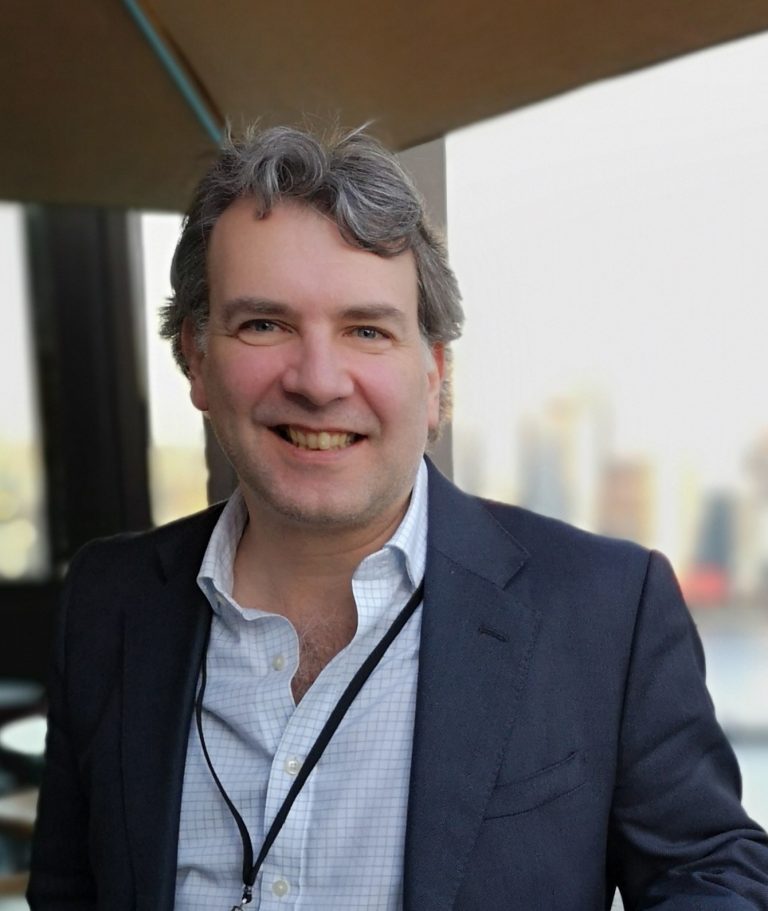





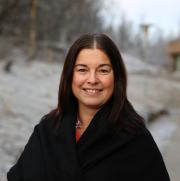



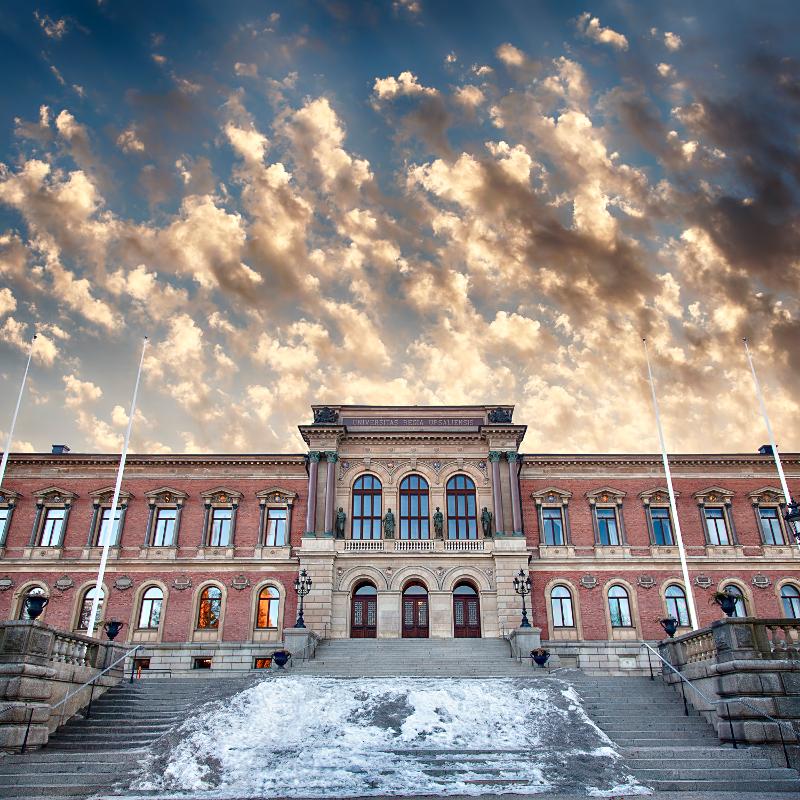

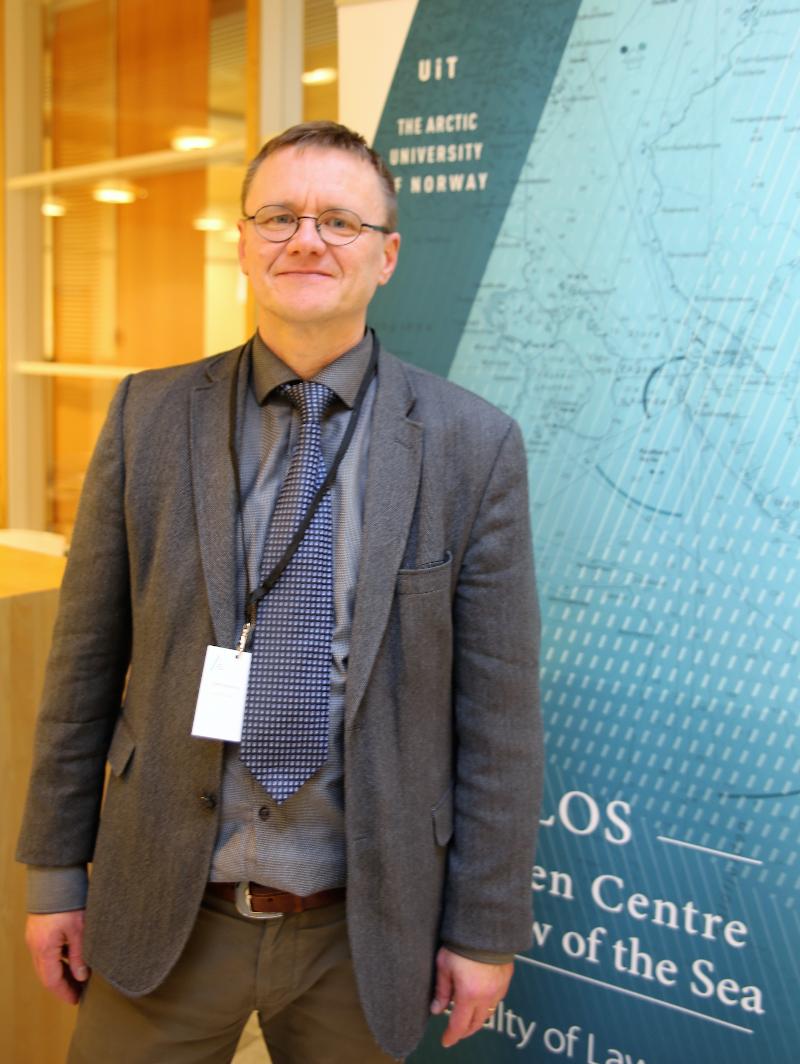
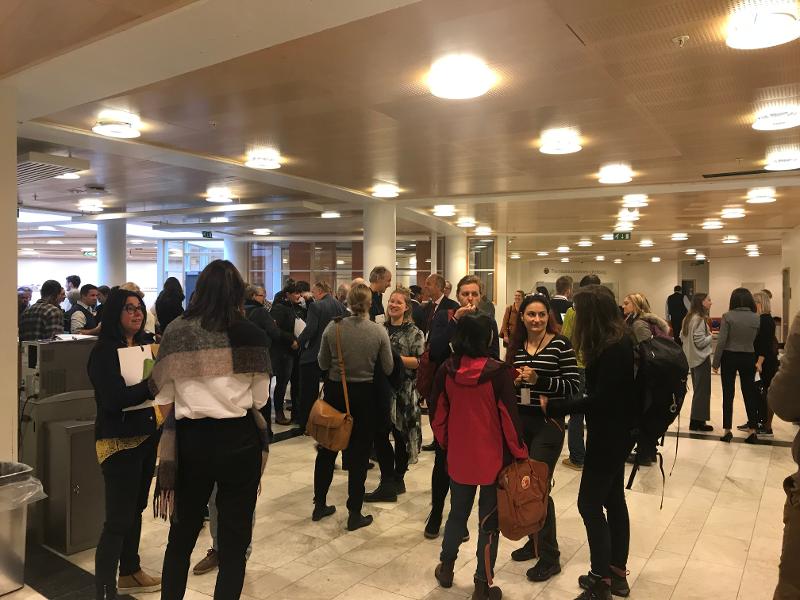



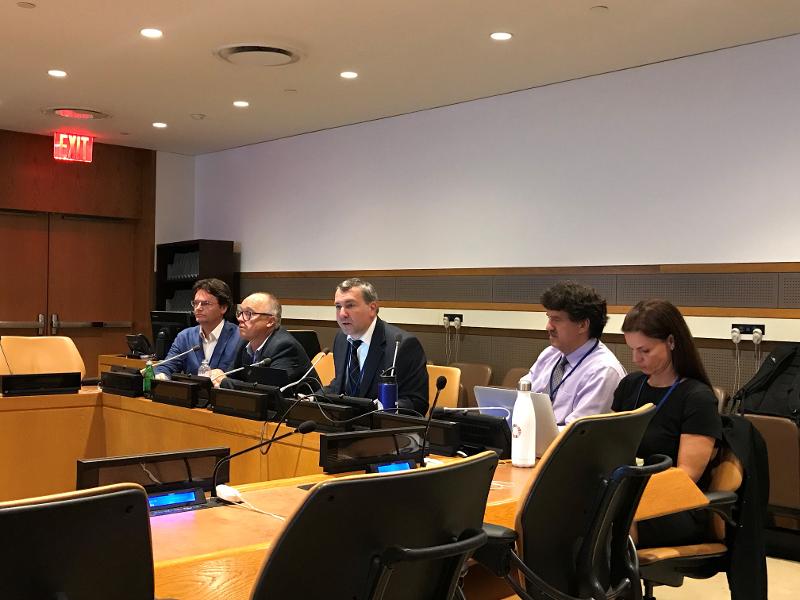

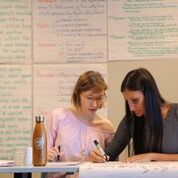 The last two days saw the other eight workshop participants present on their current or past research projects related to Indigenous peoples and law. The presentations were diverse and fascinating, stretching several disciplines and continents. Topics presented included:
The last two days saw the other eight workshop participants present on their current or past research projects related to Indigenous peoples and law. The presentations were diverse and fascinating, stretching several disciplines and continents. Topics presented included:

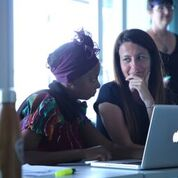 Dr. Margherita Paolo Poto, the project team leader, is a postdoctoral researcher at the JCLOS and is currently involved in her second year of research on Arctic Governance and the Role of Indigenous Peoples in Marine Environmental Protection. In her two years of research at the JCLOS, she has been exploring the role of non-State actors in environmental decision making and working on a new methodological path for comparative legal research. She is deeply grateful to the JCLOS group for the constant and relentless support in developing and sharing innovative ideas relating to new methodologies in legal research. The success of the YoungCAS 2018 Workshop would not have been possible without such support.
Dr. Margherita Paolo Poto, the project team leader, is a postdoctoral researcher at the JCLOS and is currently involved in her second year of research on Arctic Governance and the Role of Indigenous Peoples in Marine Environmental Protection. In her two years of research at the JCLOS, she has been exploring the role of non-State actors in environmental decision making and working on a new methodological path for comparative legal research. She is deeply grateful to the JCLOS group for the constant and relentless support in developing and sharing innovative ideas relating to new methodologies in legal research. The success of the YoungCAS 2018 Workshop would not have been possible without such support.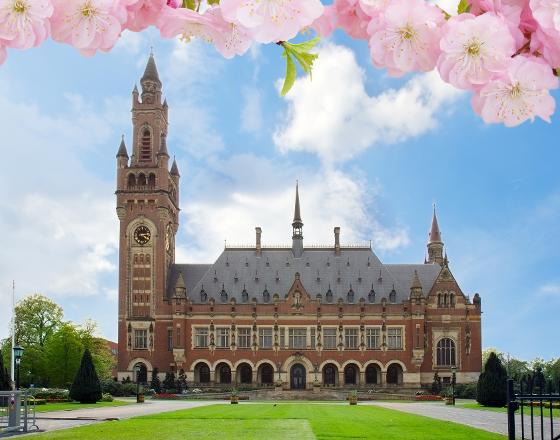


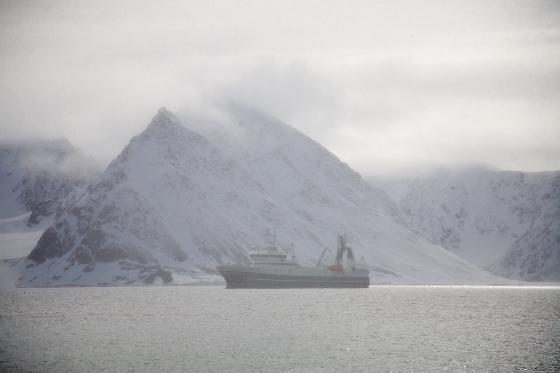

.jpg)
